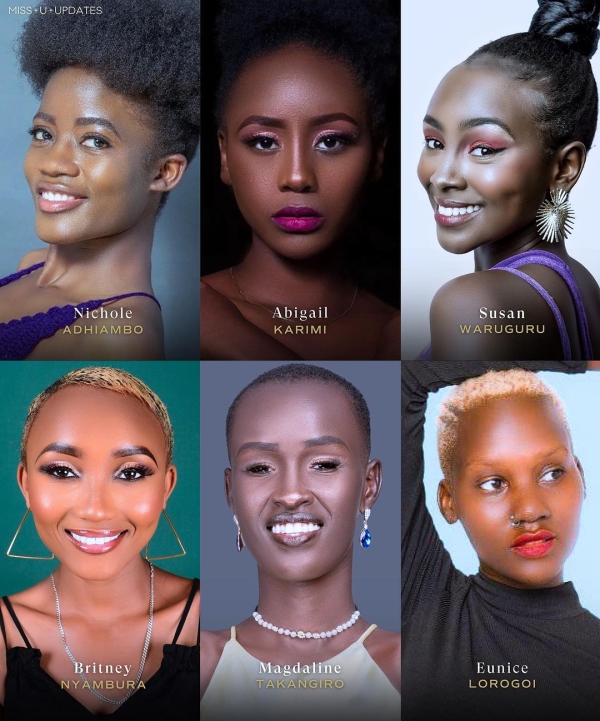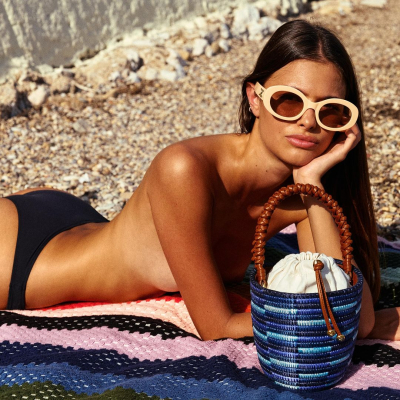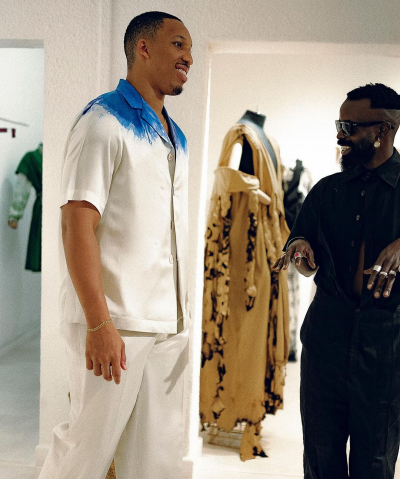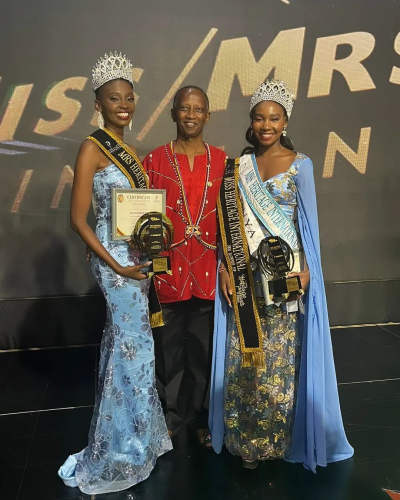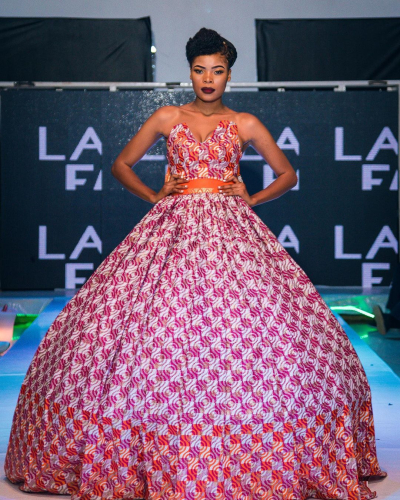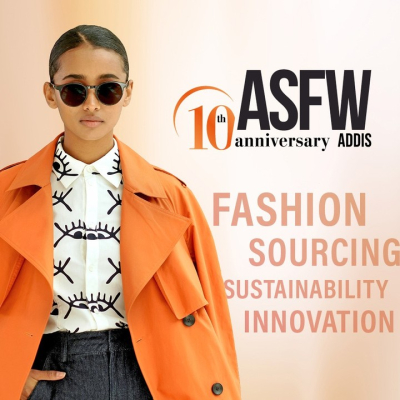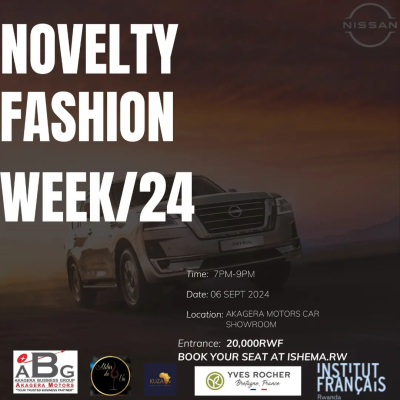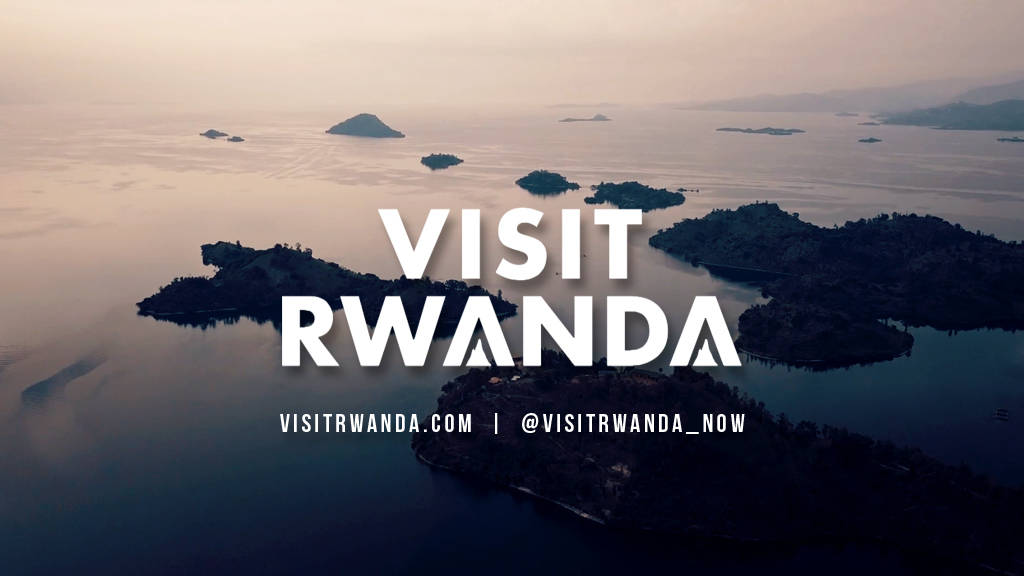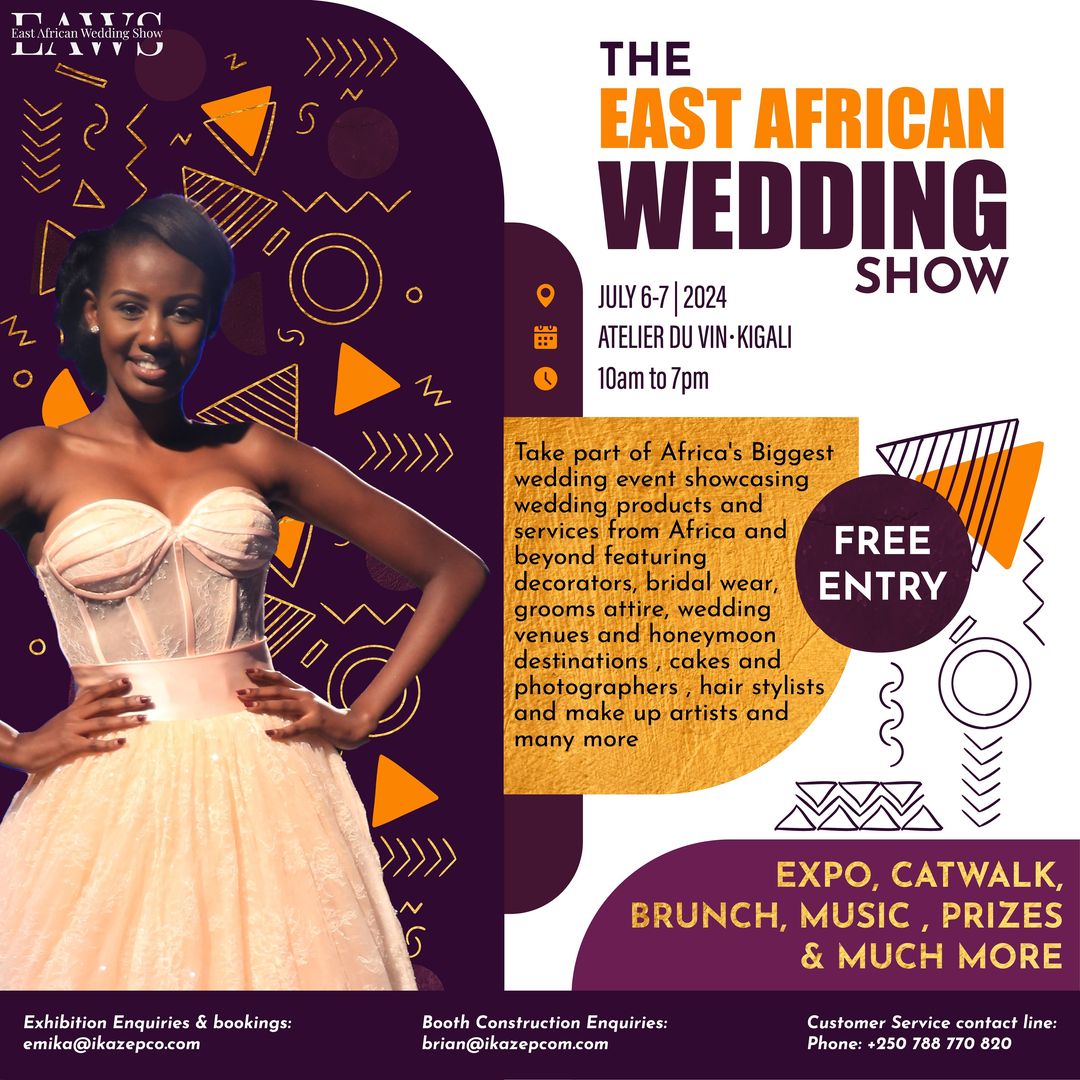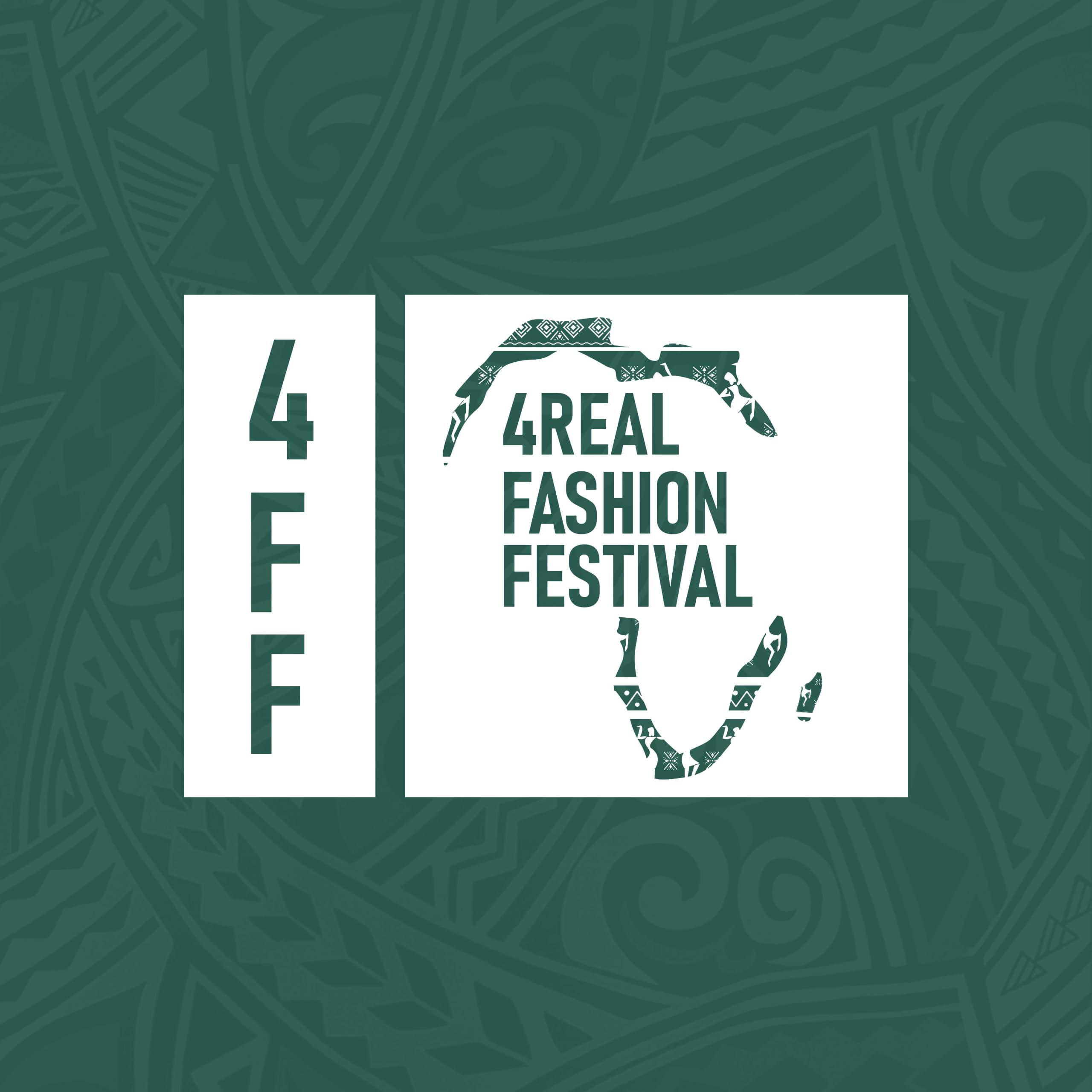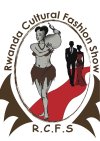
RCFS
Kigali Fashion Week Founder Addresses Money Allegations
After three weeks of silence, Mr. John Bunyeshuli has finally responded to questions that have been circulating in the fashion community about him and his projects, the Kigali Fashion Week (KFW), and the Kigali International Fashion Week. The controversy began when a woman named Gisele Kamanzi accused Mr. Bunyeshuli of failing to repay the money she allegedly loaned to KFW.
Ms. Kamanzi claims that ten years ago, she provided approximately 5,000,000 Rwandan Francs to KFW with the promise of becoming a business partner in the project. "Before I gave the money to KFW, I was promised to become one of the business partners," she stated during a recent Twitter space discussion. She added that both parties were supposed to share profits from KFW event sales.
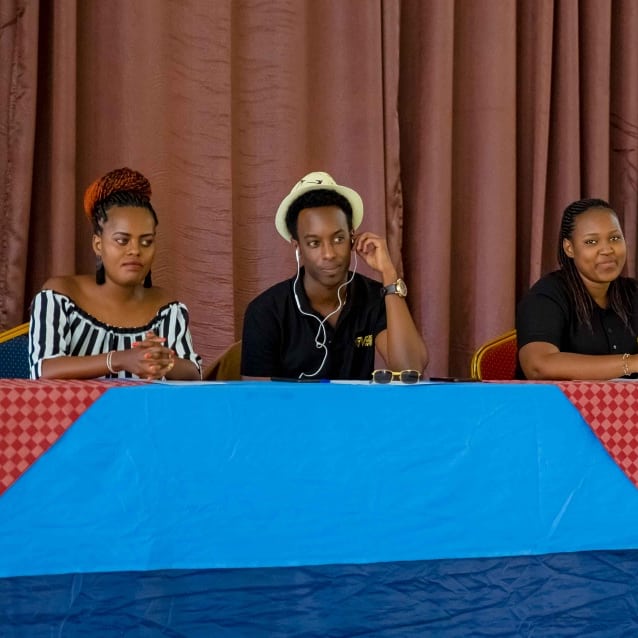 [PHOTO: Gisele Kamanzi from left during the model casting in KFW 2019, in Kigali City]
[PHOTO: Gisele Kamanzi from left during the model casting in KFW 2019, in Kigali City]
After reportedly being refused repayment by KFW, Ms. Kamanzi decided to take her case to social media, seeking public support to recover her funds. This move has sparked varied reactions within the fashion community.
Mrs. Rosa, a fashion industry insider, questioned the timing and approach of Ms. Kamanzi's allegations. "She was working with KFW for 10 years. Why didn't she ask for the money during all those years?" Mrs. Rosa pondered. "Also, going to social media is not professional. Rwanda has institutions that could help resolve this matter. I don't understand why she chose this route and what she hoped to gain from those influencers."
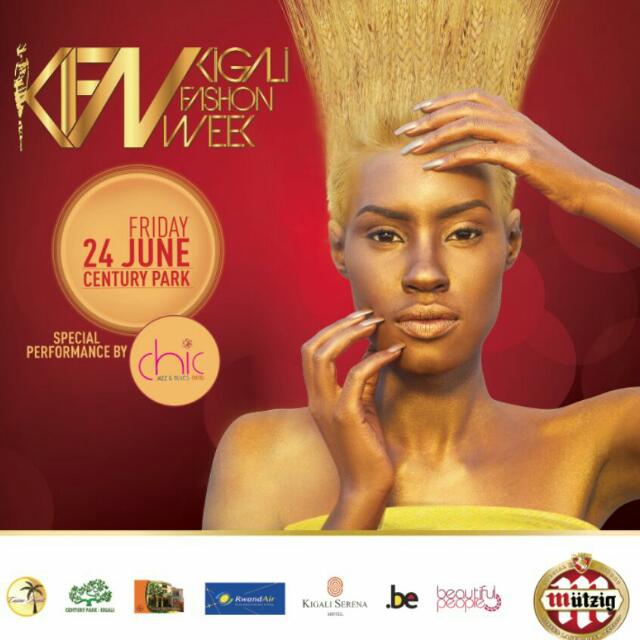 [PHOTO: A poster of the past edition of the Kigali Fashion Week]
[PHOTO: A poster of the past edition of the Kigali Fashion Week]
ALSO READ: Kigali Fashion Week is Still Running": Interview with the CEO and Founder John Bunyeshuli
The Twitter space was organized by a user under the GODFATHER account, and some other influencers attracted about 400 attendees. However, the discussion quickly derailed, with some speakers delving into Mr. Bunyeshuli's personal life rather than focusing on the financial dispute.
An entertainment journalist based in Kigali commented on the situation: "Some participants were talking about food and cooking, while others were confusing stories about Mr. Bunyeshuli with those of Daddy de Maximo, which are entirely different matters. I don't think fashion designers and models remember Mr. Maximo as they do Mr. Bunyeshuli. Compare the number of fashion shows Maximo did in Rwanda to the number of KFW editions."
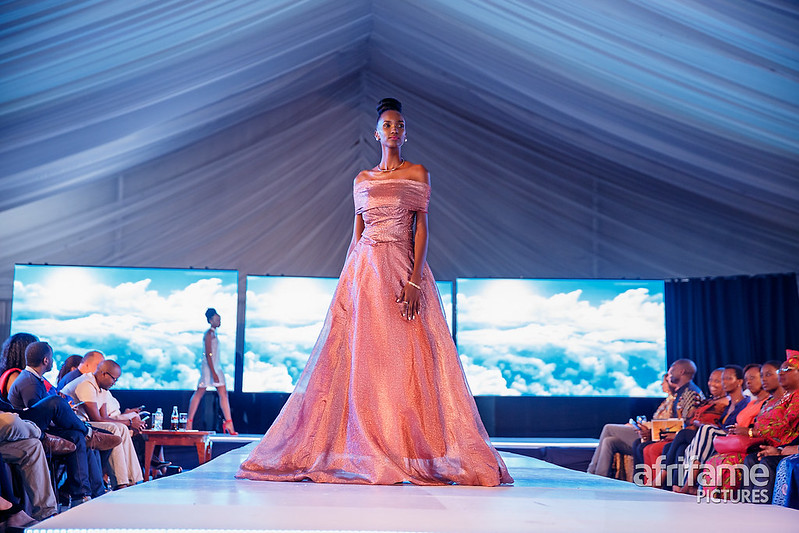 [PHOTO: Model on the runway during the Kigali Fashion Week's editon]
[PHOTO: Model on the runway during the Kigali Fashion Week's editon]
Mrs. Rosa suggested that the organizers of the Twitter space aimed to tarnish Mr. Bunyeshuli's reputation. "I was in that Twitter space. If you look closely at what people said about Mr. Bunyeshuli, it was very personal. Surprisingly, people I used to respect in the fashion industry were mixing up stories instead of being honest about what they know about Mr. Bunyeshuli and KFW."
To address these allegations, RCFS's MEDIA interviewed Mr. Bunyeshuli. Here are his responses to five key questions:
- Regarding the recent allegations:
Mr. Bunyeshuli dismissed the claims as "fabricated lies" meant to damage his reputation. He stated, "I know what I'm worth, and I will not defend myself over something that's not true. I'm in Kigali, and if there's any truth to what they said after 10 years of working with me, I suggest they use proper channels and authorities."
- On the current state of Rwanda's fashion industry:
"Rwanda fashion is dead and buried," Mr. Bunyeshuli declared. He emphasized the importance of acknowledging the industry's roots and respecting those who contributed to its growth.
- Advice for young fashion promoters:
Mr. Bunyeshuli urged young people to "open their minds and eyes" to discern who truly supports their development. He cautioned against aligning with those who resort to character assassination.
- Message to KFW supporters:
He revealed that Kigali International Fashion Week continues to run internationally, focusing on developing fashion in other countries. As for Rwanda, he stated, "I put a stop until haters learn that abusing me is not only insulting but also degrading the industry in the country."
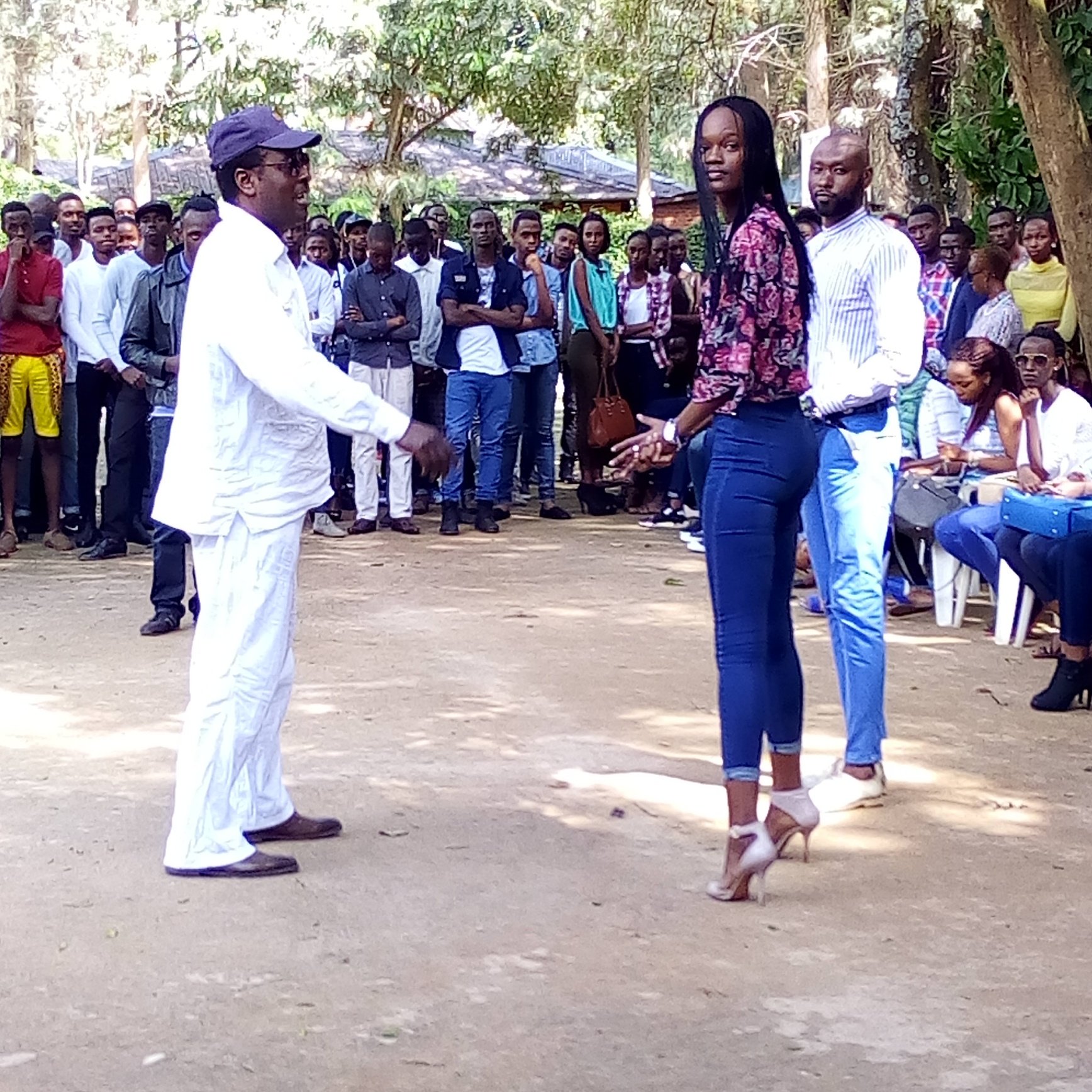 PHOTO: Mr. Bunyeshuli in a white, during the model casting in Kigali]
PHOTO: Mr. Bunyeshuli in a white, during the model casting in Kigali]
Mr. Bunyeshuli concluded with a philosophical note on life's impermanence and the importance of humility and good deeds. "Let's be humble, love others and ourselves, and do good on earth until that time comes to leave this physical world for the spiritual. That's my principle on earth."
This controversy has undoubtedly stirred the Rwandan fashion community, raising questions about professional conduct, the proper channels for dispute resolution, and the long-term impact on the industry's growth and reputation.
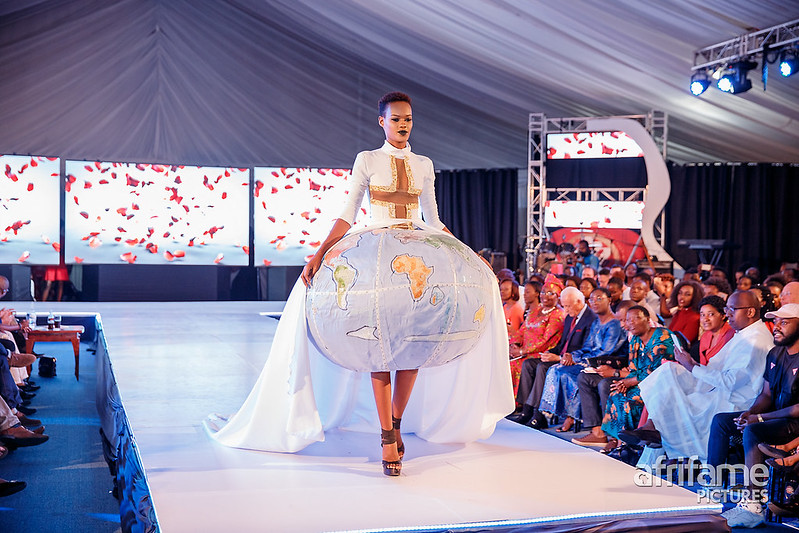 [PHOTO: Model on the runway during the Kigali Fashion Week's editon]
[PHOTO: Model on the runway during the Kigali Fashion Week's editon]
Moshions Claims Counterfeit Behind Their Brand in Rwanda: Who's to Blame?
"We will be back soon on our e-commerce. Our sincere apologies to our online shopping family. MOSHIONS had to pause and reconstruct our online shopping experience due to unexpected high shopping traffic and fraud with fake copies of our styles from the website," reads Moshions' recent announcement.
Born in Rwanda, the Moshions fashion brand has experienced ups and downs over the past two years. However, its uniqueness has made it easily recognizable both locally and internationally. Before its recent challenges, the brand had gained many clients, from heads of state and diplomats to Hollywood superstars.
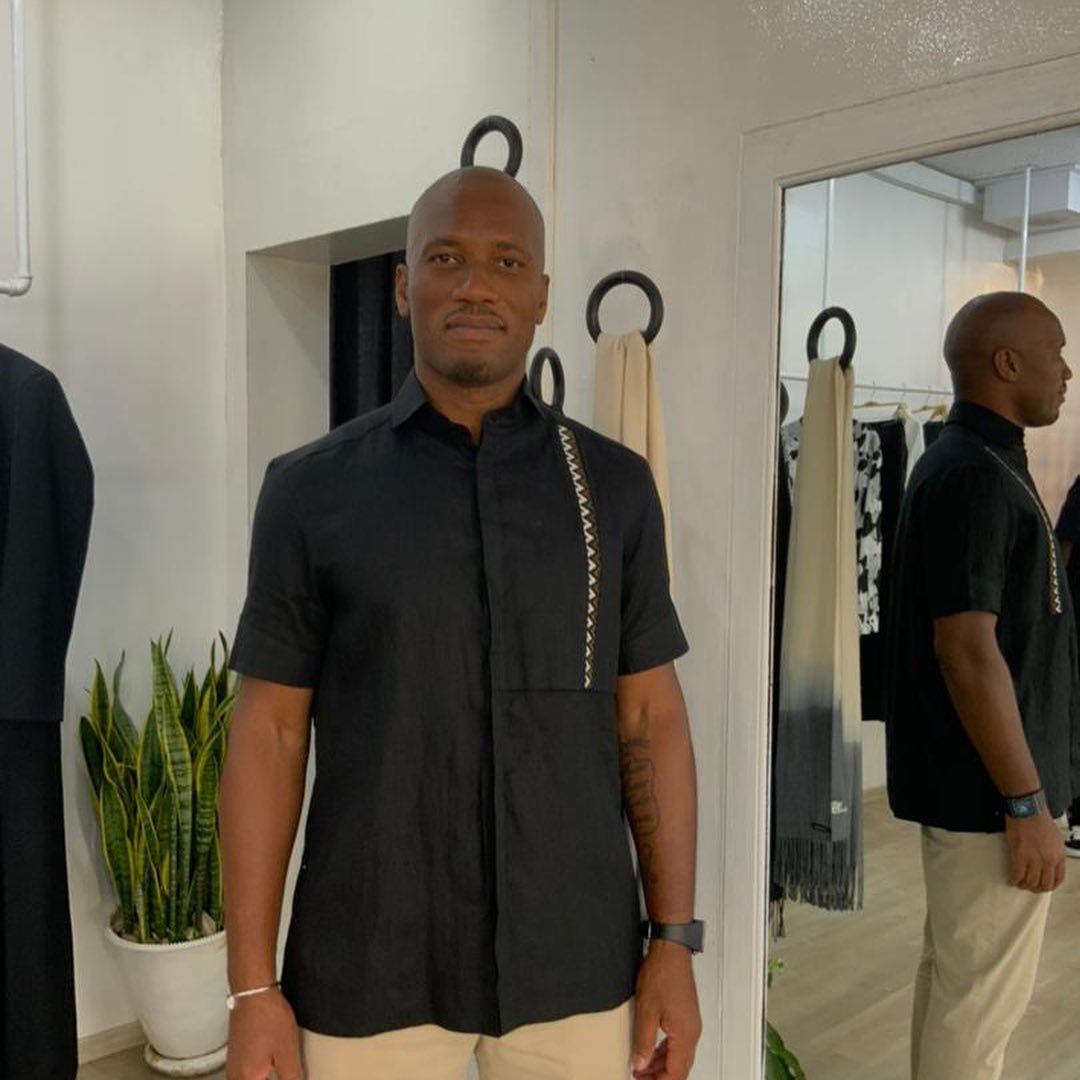 [PHOTO: @dider.drogba11 visiting and buys from the #Moshions store]
[PHOTO: @dider.drogba11 visiting and buys from the #Moshions store]
The brand's popularity soared among tourists visiting Rwanda, particularly due to its black and white Umugongo pattern featured in its collections. This success led to increased recognition, with many Rwandan government officials frequenting the brand for their shopping needs.
The RCFS's MEDIA asked a Kigali-based fashion expert about the shutdown of some of Moshions' platforms and systems due to claims of counterfeit products threatening the brand's uniqueness.
"This is a very interesting story. When you look back at Turahirwa Moses' journey (CEO and founder of Moshions), he was fortunate to be known by many influential people in the country, from ministers all the way to the first family," the expert explains.
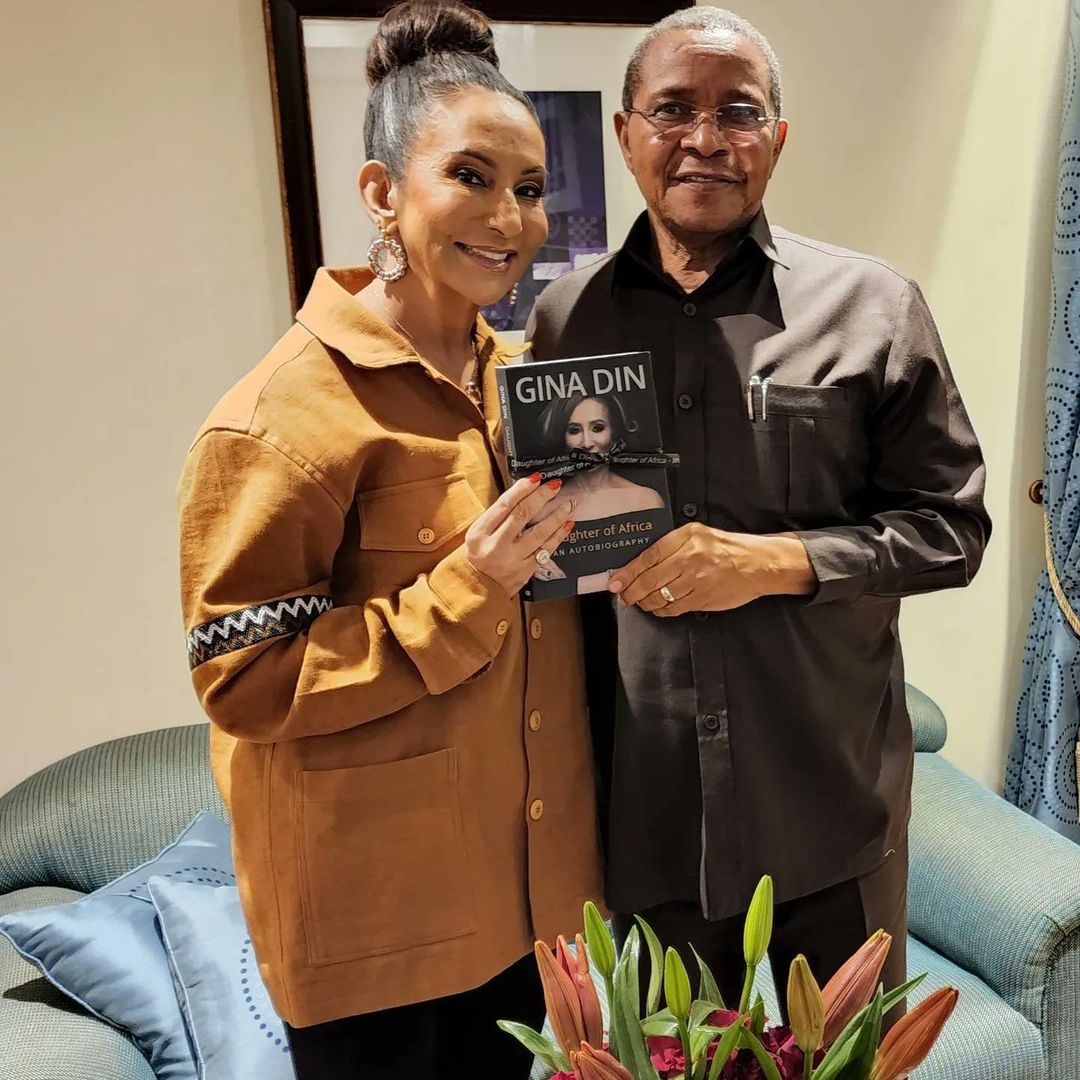 [PHOTO: Presenting her book to H.E former President of Tanzania, Jakaya Kikwete in Moshions Collections]
[PHOTO: Presenting her book to H.E former President of Tanzania, Jakaya Kikwete in Moshions Collections]
According to the expert, Moshions gained significant exposure, making it easy for young and upcoming fashion designers in Rwanda to learn about the brand's performance. This visibility led new designers to study and emulate Moshions' successful elements. "Many started to copy and incorporate the Umugongo pattern in every collection to attract buyers, especially officials. I remember even in Kimironko Market, every tailor was using Umugongo, extending to wedding collections," he continues. "Kigali is small, and it's easy to know what other fashion designers do, especially on social media."
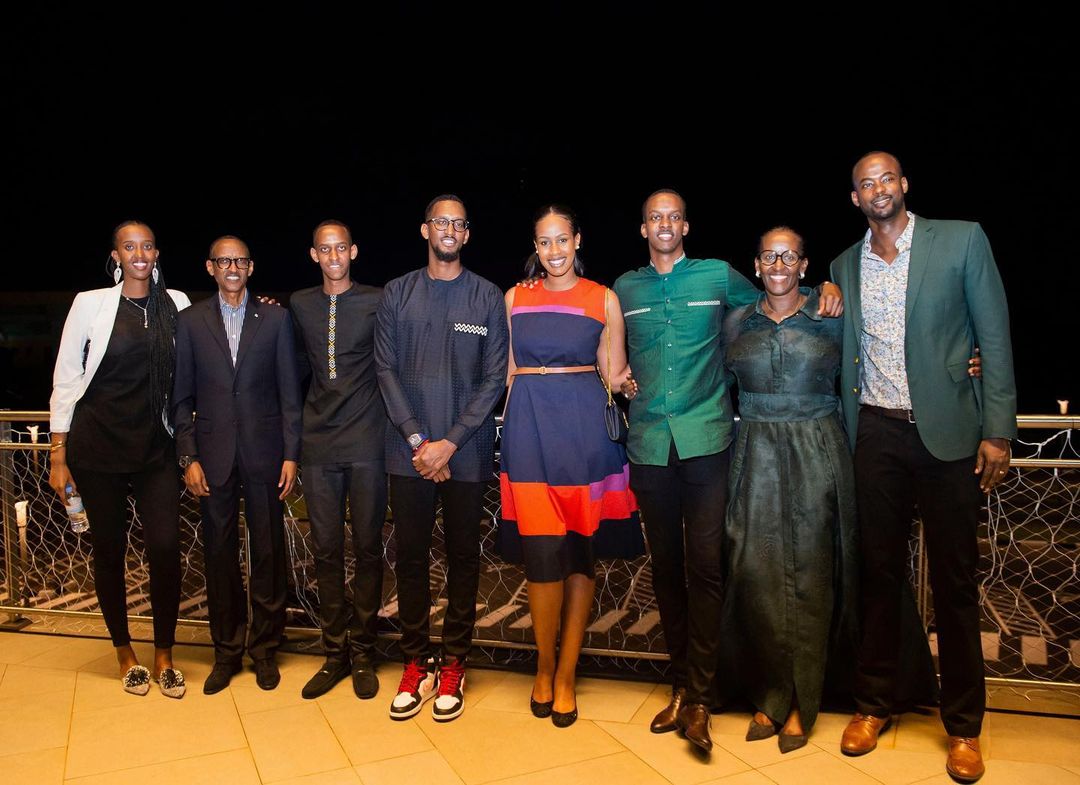 [ PHOTO: First Family First: Brian Kagame, Ivan Kagame, and Ian Kagame spruced up in #Moshions for the End of Year Party]
[ PHOTO: First Family First: Brian Kagame, Ivan Kagame, and Ian Kagame spruced up in #Moshions for the End of Year Party]
Moshions states that this shutdown is not the end of their business but rather an opportunity to build a stronger system. "We promise to unveil a new handpicked hybrid collection on September 14th, sustaining conscious shopping, both online and physically active with @kwandaseason_1 x @ukwezi__ Inzozi Fashion Experience in Italy," reads an announcement by Moshions. The brand adds that all archives and new collections are now only available in their physical stores and showrooms.
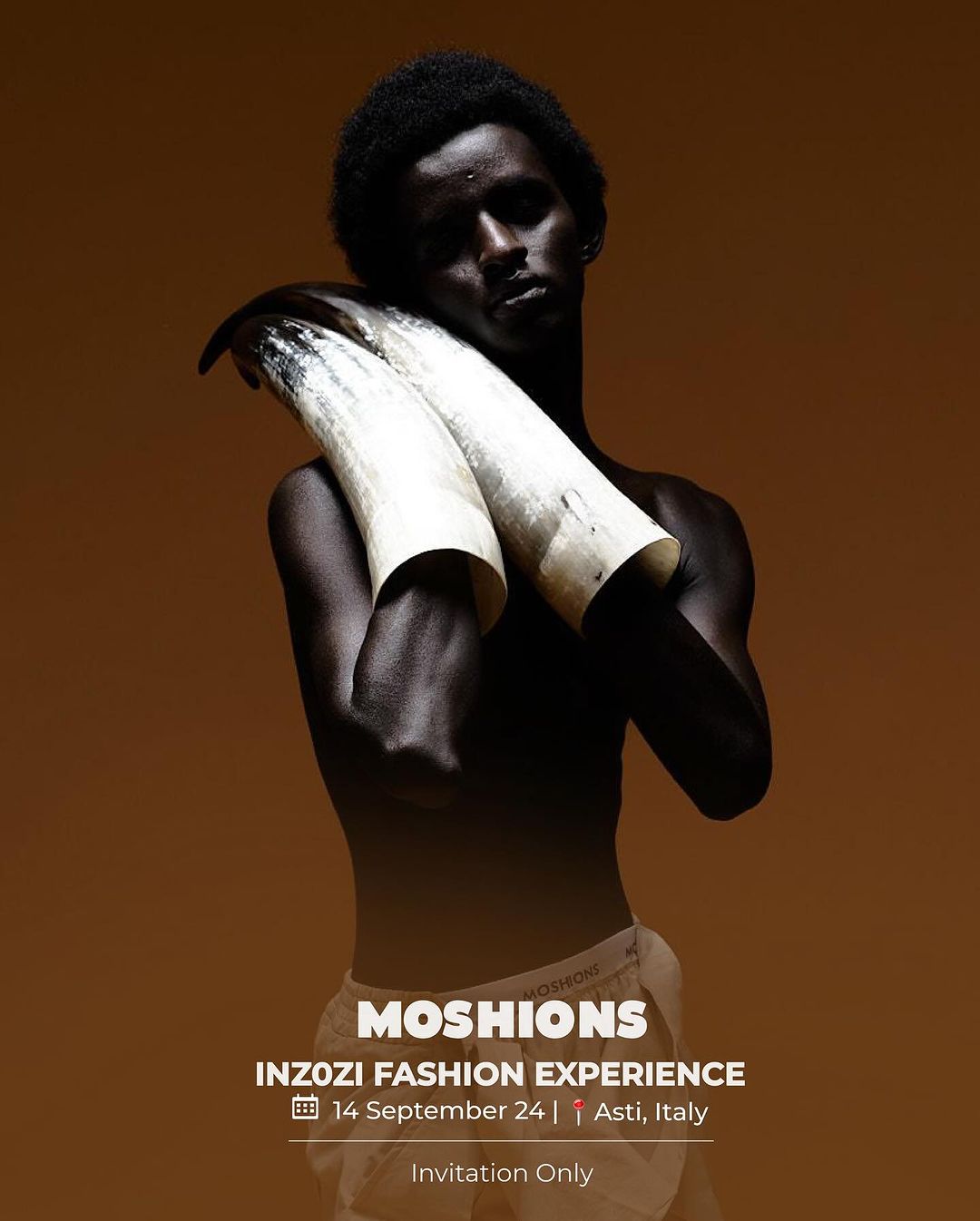 [PHOTO: Moshions is organizing INZOZI FASHION EXPERIENCE IN ITALY SEP. 2024]
[PHOTO: Moshions is organizing INZOZI FASHION EXPERIENCE IN ITALY SEP. 2024]
Umugongo, a traditional Rwandan art form using cow dung on walls, was created by Prince Kakira in the 18th century. After the 1994 Tutsi Genocide, Umugongo began to be used as a symbol in most government event decorations and became a common sight in government offices and museums.
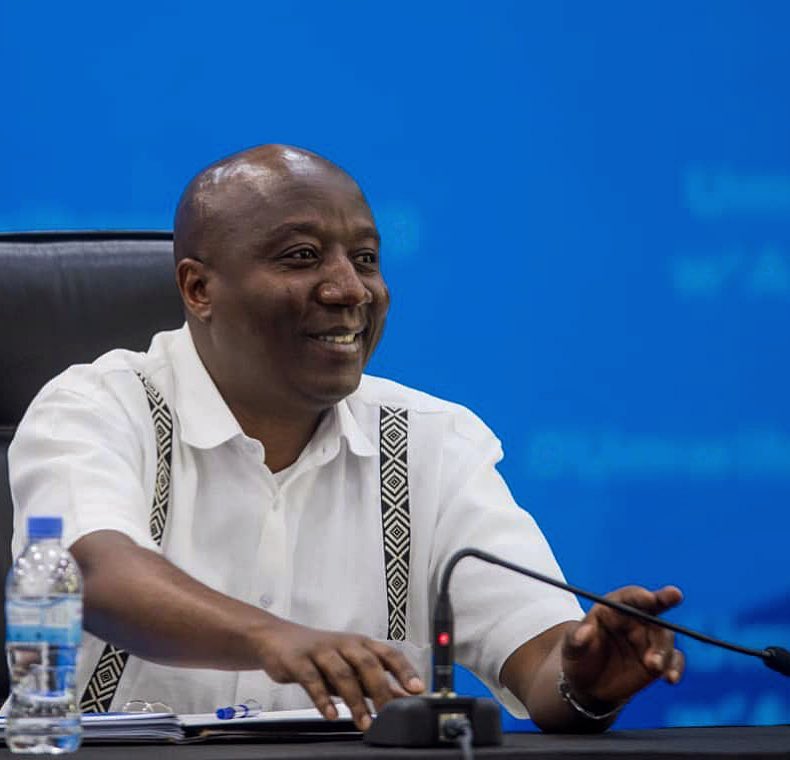
[PHOTO: Rwanda's Prime Minister, Edouard Ngirente, spotted in a Custom-made #Moshions Shirt at Umwiherero2019]
This trend also inspired many local artists to incorporate Imigongo art into their work, following the government's lead in implementing cultural arts.
"It's unfortunate that counterfeit products are harming our fashion industry. In other countries, fashion designers know and respect each other's uniqueness. Although copying isn't a crime in art, and some artists like to inspire others, this experience by Moshions is a wake-up call for other local fashion designers. They should start protecting their innovations and register their creations with the Rwanda Development Board to avoid similar experiences," the expert concludes.
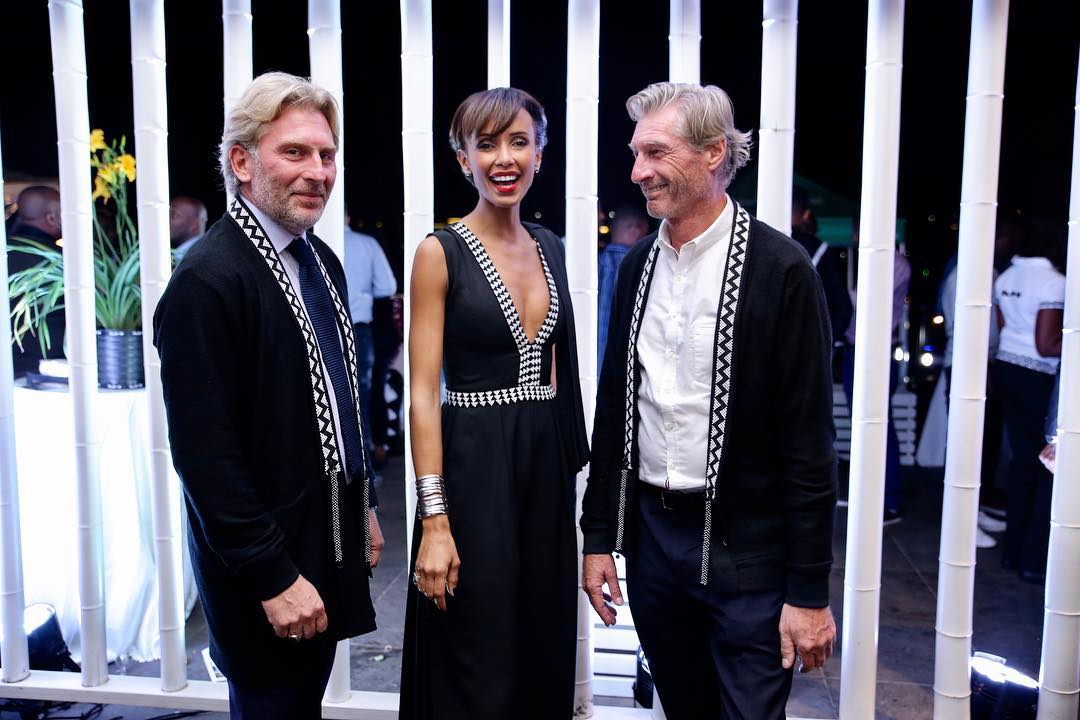
The situation raises questions about the balance between inspiration and imitation in the fashion industry, as well as the need for stronger intellectual property protections for designers in Rwanda. As Moshions works to rebuild its online presence and protect its brand, the incident serves as a cautionary tale for other emerging fashion labels in the country.
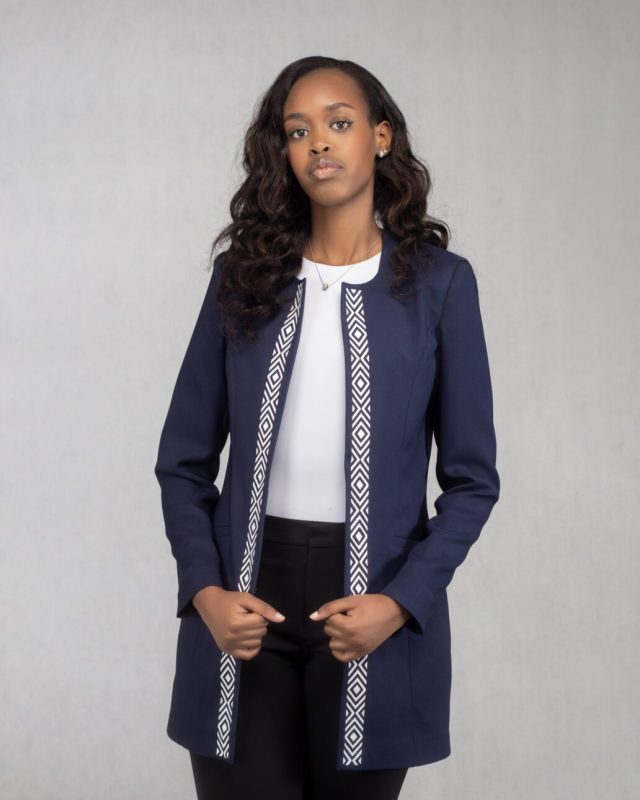 [PHOTO: Counterfeited collection in Moshions Brand- looks the same as the Moshions Collection]
[PHOTO: Counterfeited collection in Moshions Brand- looks the same as the Moshions Collection]
What to Expect at the Swahili Fashion Week 2024, 17th Edition: Looking for Volunteers
The fashion industry in East Africa continues to grow, with entrepreneurs increasingly investing in this vibrant sector. In Tanzania, the Swahili Fashion Week (SFW) has been a significant platform for promoting fashion entrepreneurs. As the event approaches its 17th edition, set to take place in November 2024, there's a mix of excitement and scrutiny surrounding its development and organization.
Recently, the SFW organizers announced they are seeking volunteers to help make their 17th edition "successful and unforgettable." This call for support has sparked discussions about the event's evolution and sustainability.
"Join our Team at the 17th Swahili Fashion Week & Awards. Passionate about fashion, PR, media, project or event management? We're looking for dedicated volunteers to help make this year's edition unforgettable," reads the SFW's announcement on Instagram.
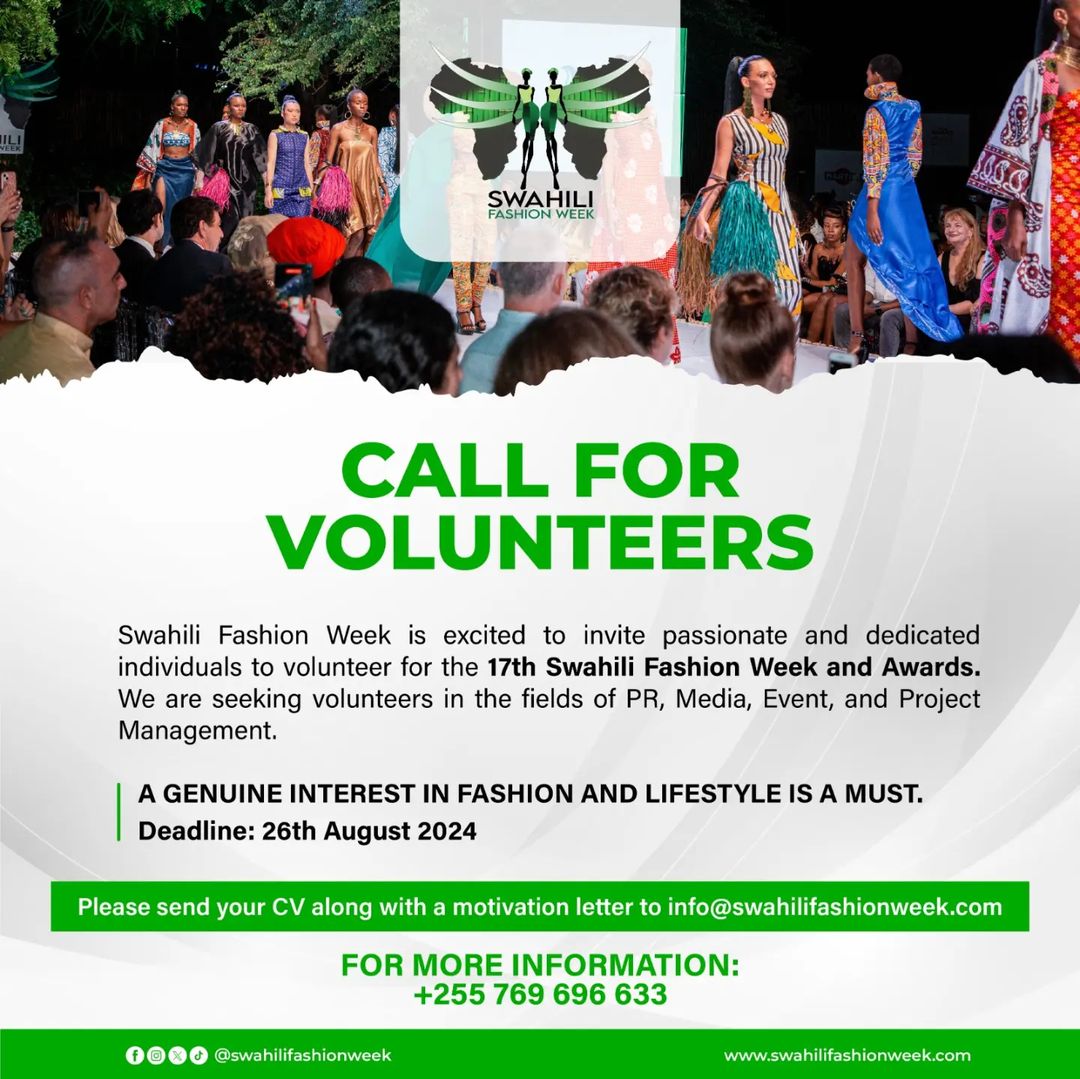
Founded in 2008 by celebrated Pan-African couturier Mustafa Hassanali, the SFW has been a cornerstone event bringing together fashion designers, event organizers, makeup artists, musicians, decorators, photographers, and models from across the region. Over the years, it has played a crucial role in showcasing East African talent and promoting the "Made in Africa" concept.
The event's impact on the regional fashion scene is undeniable. It has provided a platform for designers to showcase their creations, helped models gain exposure, and facilitated networking opportunities within the industry. However, as the SFW enters its 17th year, some industry insiders are questioning its trajectory and organizational approach.
Mr. Bosco, a fashion event organizer, shared his perspective with RCFS's MEDIA: "Many fashion shows or fashion weeks in East African countries are not as big as they used to be. This shows how investors and business partners still don't put much into this sector." He expressed surprise at the organizers' call for volunteers, suggesting it might indicate budget constraints or a lack of established infrastructure after 17 years of operation.
"The SFW used to be a big fashion week, but nowadays, it's not what it once was," Bosco continued. "When an event organizer is looking for volunteers to help organize their event, it may suggest they don't have the budget to put things in place properly."
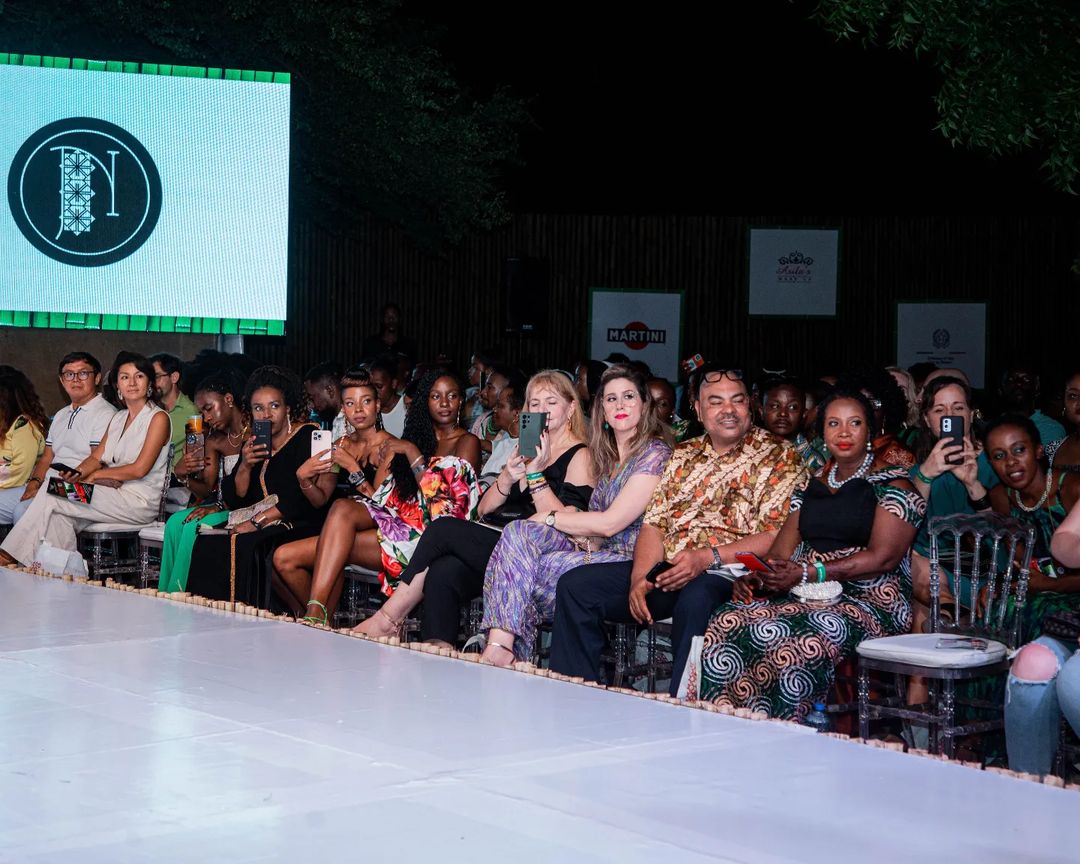 [PHOTO: Swahili Fashion Week and Awards 2023}
[PHOTO: Swahili Fashion Week and Awards 2023}
Another fashion organizer based in Kenya speculated that the SFW might be facing challenges in securing sponsors, leading to the reliance on volunteers. "Look at what's been happening here in Kenya with the Nairobi Fashion Week and other fashion shows. They used to organize their events without calling for volunteers," he noted. "I remember their recent editions, even though some were a long time ago before COVID-19, but they were full of volunteers who used their own money every day to come and help. People who work for them but don't get paid, only receive a certificate at the end of the event."
The timing of the call for volunteers, approximately two months before the event, has also raised eyebrows. Bosco questioned the approach: "Can you imagine looking for volunteers to help on the 17th Edition at this time? Their event is in November 2024, but they're looking for volunteers now. This shows how they might not be sure about getting sponsors, or they just want to use young entrepreneurs in their success expectations."
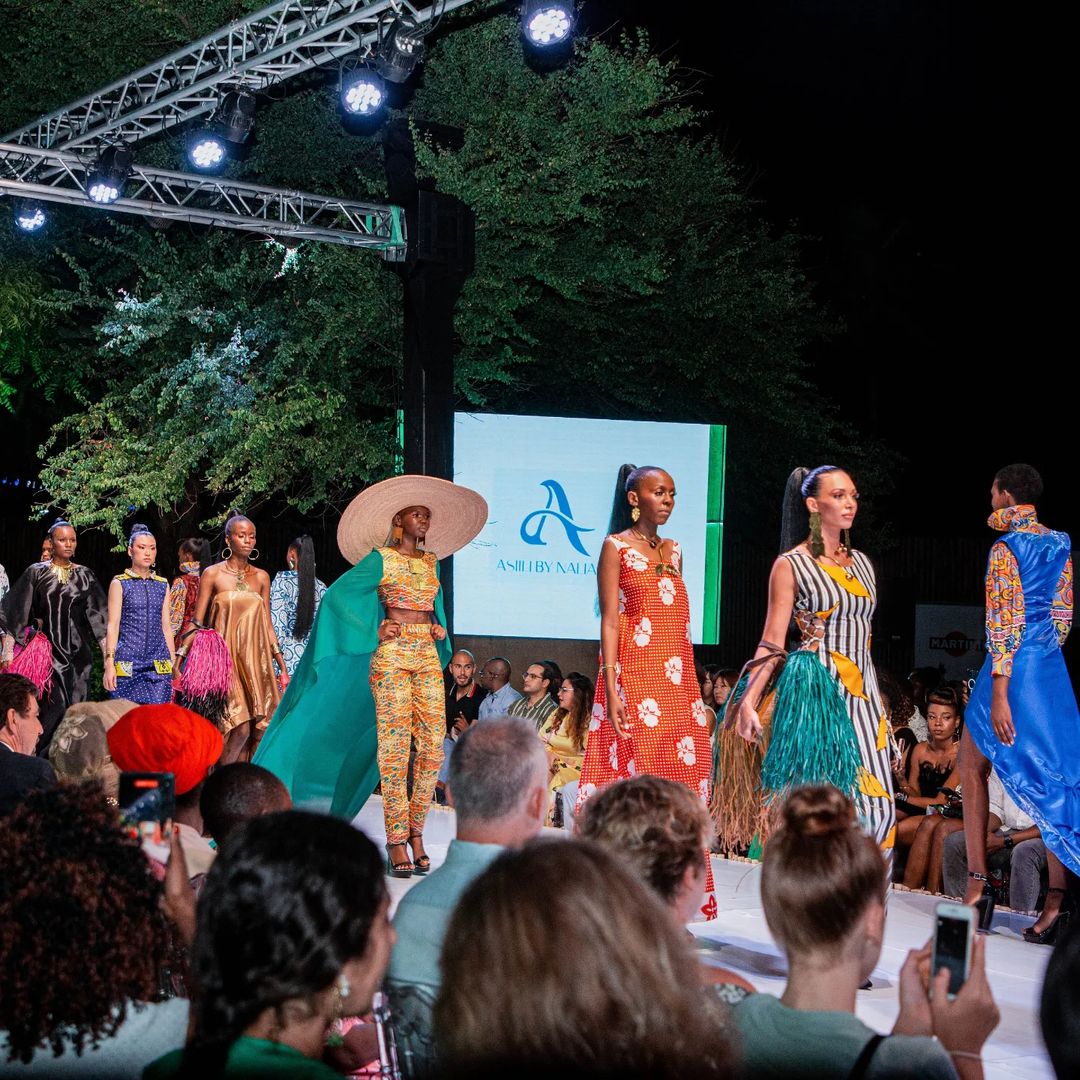 [PHOTO: Swahili Fashion Week and Awards 2023}
[PHOTO: Swahili Fashion Week and Awards 2023}
He added, "Don't tell me you need a young fashion entrepreneur to volunteer in PR. Where is your team from the past 17 years? Maybe announce that you want to provide training related to event production, but don't call for volunteers, especially for a big event like the SFW."
Despite these concerns, the SFW continues to hold significance for many in the industry. A model based in Rwanda highlighted the event's role in connecting regional models to international opportunities: "I don't know much about how volunteering works at the SFW, but what I can assure you is that many East African models want to be part of this event because they know it will connect them with international model scouts."
As the fashion landscape evolves, the SFW faces the challenge of maintaining its relevance and impact. The call for volunteers could be seen as an opportunity for aspiring fashion professionals to gain hands-on experience in event management, public relations, and other aspects of the industry. However, it also raises questions about the long-term sustainability of the event's organizational model.
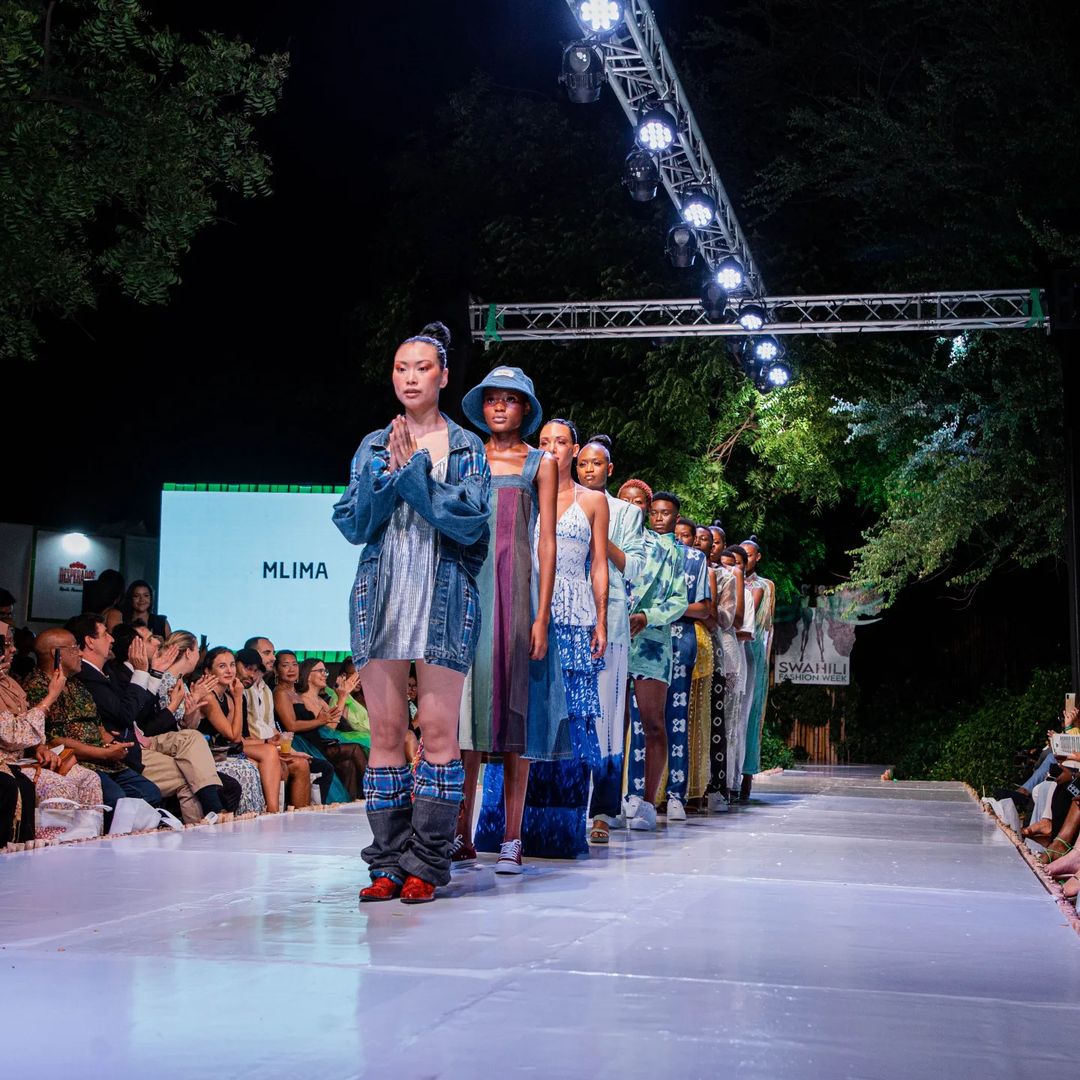 [PHOTO: Swahili Fashion Week and Awards 2023}
[PHOTO: Swahili Fashion Week and Awards 2023}
Looking ahead to the 17th edition, attendees can expect a showcase of diverse talent from Swahili-speaking countries and beyond. The event will likely feature runway shows, exhibitions, and networking opportunities. Despite the controversies, the SFW remains a significant platform for promoting East African fashion and fostering connections within the industry.
For those interested in volunteering, the experience could provide valuable insights into the workings of a major fashion event. However, potential volunteers should carefully consider the terms of their involvement and the benefits they hope to gain from the experience.
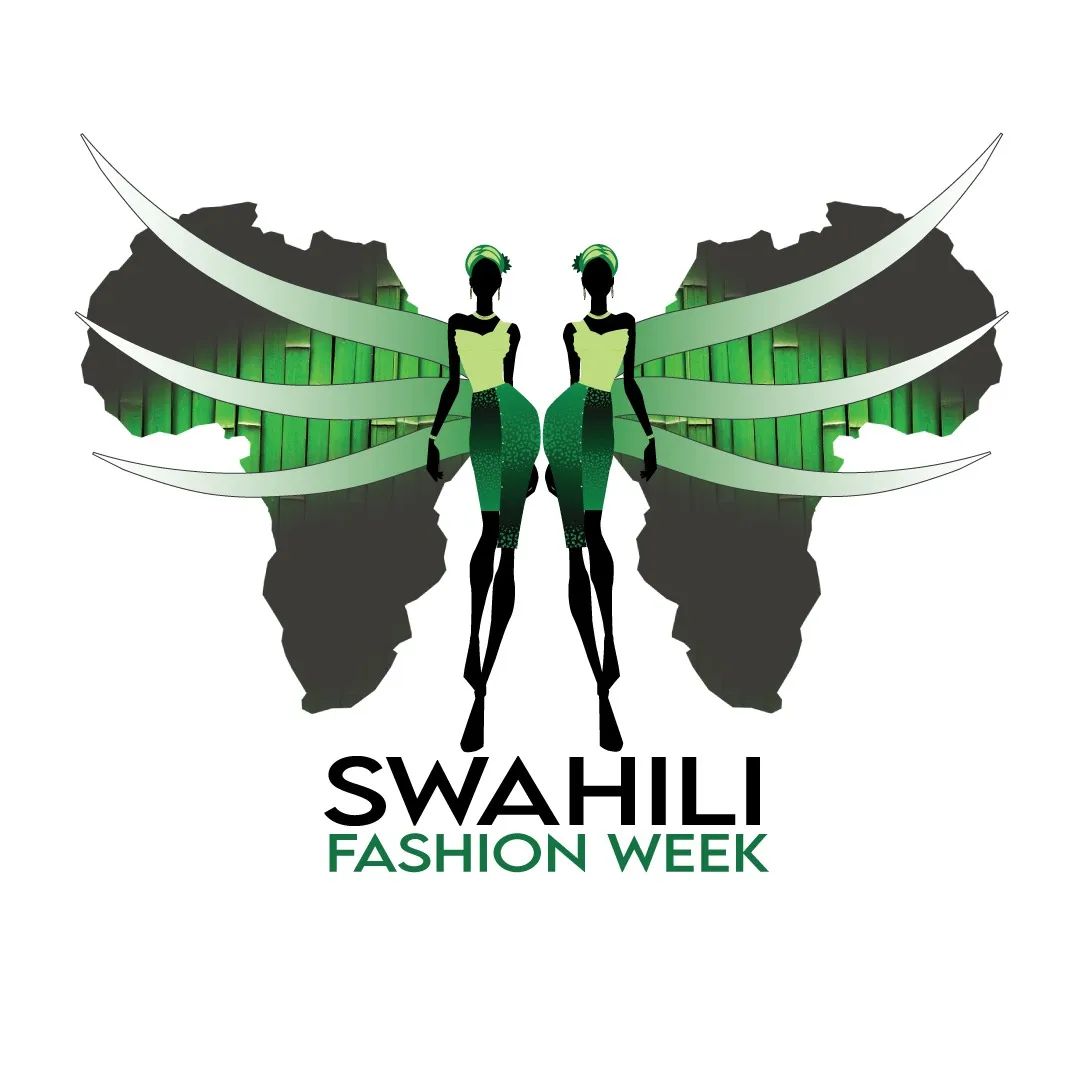
As the fashion industry in East Africa continues to evolve, events like the Swahili Fashion Week play a crucial role in shaping its future. The success of the 17th edition will depend not only on the talent showcased but also on the event's ability to adapt to changing circumstances and meet the expectations of both participants and attendees.
While the organizers of SFW have yet to respond to requests for comment on these developments, the fashion community eagerly awaits further details about the upcoming event. As November 2024 approaches, all eyes will be on the Swahili Fashion Week to see how it navigates these challenges and continues to promote the vibrant fashion scene of East Africa.
Is the Rwanda Fashion Industry Isolated in the Region?: Challenges and Opportunities
The fashion industry in Rwanda has been experiencing a slowdown, leaving many puzzled about its current state and future prospects. Various stakeholders have expressed concerns about what's missing or what needs to be done to revitalize the sector. While some are pointing fingers at each other, others believe the government should play a more significant role in supporting the fashion industry.
To gain a better understanding of the situation, RCFS's MEDIA interviewed several fashion enthusiasts and industry insiders in Kigali, who shared their diverse perspectives on the matter.
Eric Uwizeyima, a fashion observer, suggests that people need to broaden their perspective and consider the regional context before comparing Rwanda's fashion industry to others in East Africa. He points out, "Many people used to see CollectiveRw as the leading platform to promote the fashion industry, while others viewed Kigali Fashion Week and other major fashion events as the primary means to gain exposure. But where are these initiatives now?" Eric continues, "Something is unclear, and few know what's going on, but many seem to have lost interest."
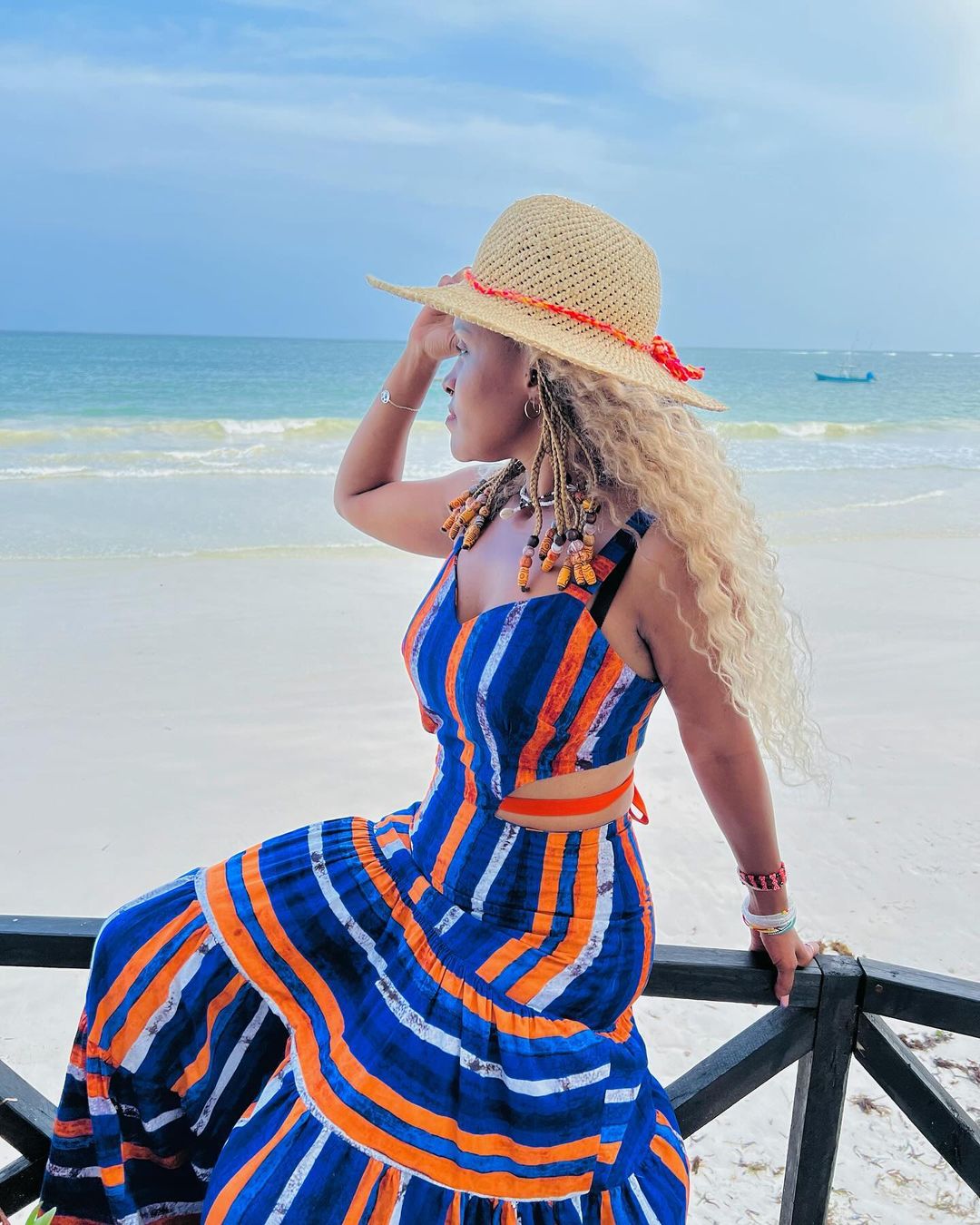 [PHOTO: Collection made by Touch of Rwanda Designs]
[PHOTO: Collection made by Touch of Rwanda Designs]
Eric also notes that the Rwandan fashion industry appears isolated, with fewer partners showing interest than before. He explains, "British Council Rwanda was willing to support the fashion industry and even provided assistance to some fashion designers and fashion shows. However, no one knows why they stopped supporting our fashion industry."
Another fashion enthusiast, who requested anonymity and is referred to as Miss Eva, agrees with Eric but believes selfishness is the main issue. She states, "Of course, the British Council is among the top supporters when it comes to arts and fashion in the East African region. Look at what they're doing in Kenya, Uganda, and Tanzania – it's very supportive of artists, especially fashion designers, and helps discover new talents."
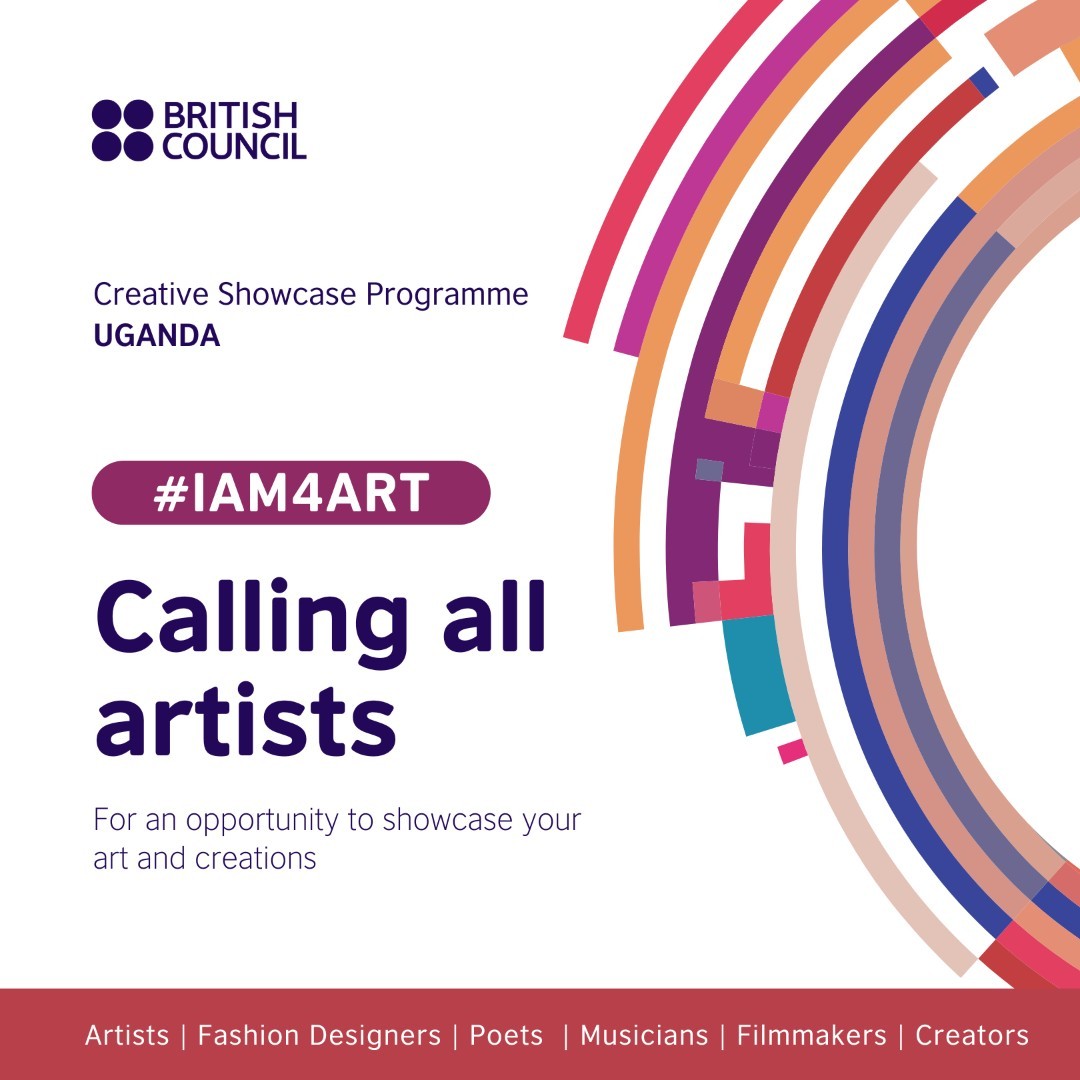
[PHOTO: The British Council has been implementing projects in Uganda, Tanzania, and Kenya in the past 3 years ago but not Rwanda]
Miss Eva points out a sensitive topic that people are reluctant to discuss. "The British Council in Rwanda was trying to help, even though it was criticized for supporting only one side. Some sources said that the council discovered that certain fashion designers were unwilling to collaborate with others. Other sources mentioned that selfishness was a factor in pushing them away. Is this true? I don't know."
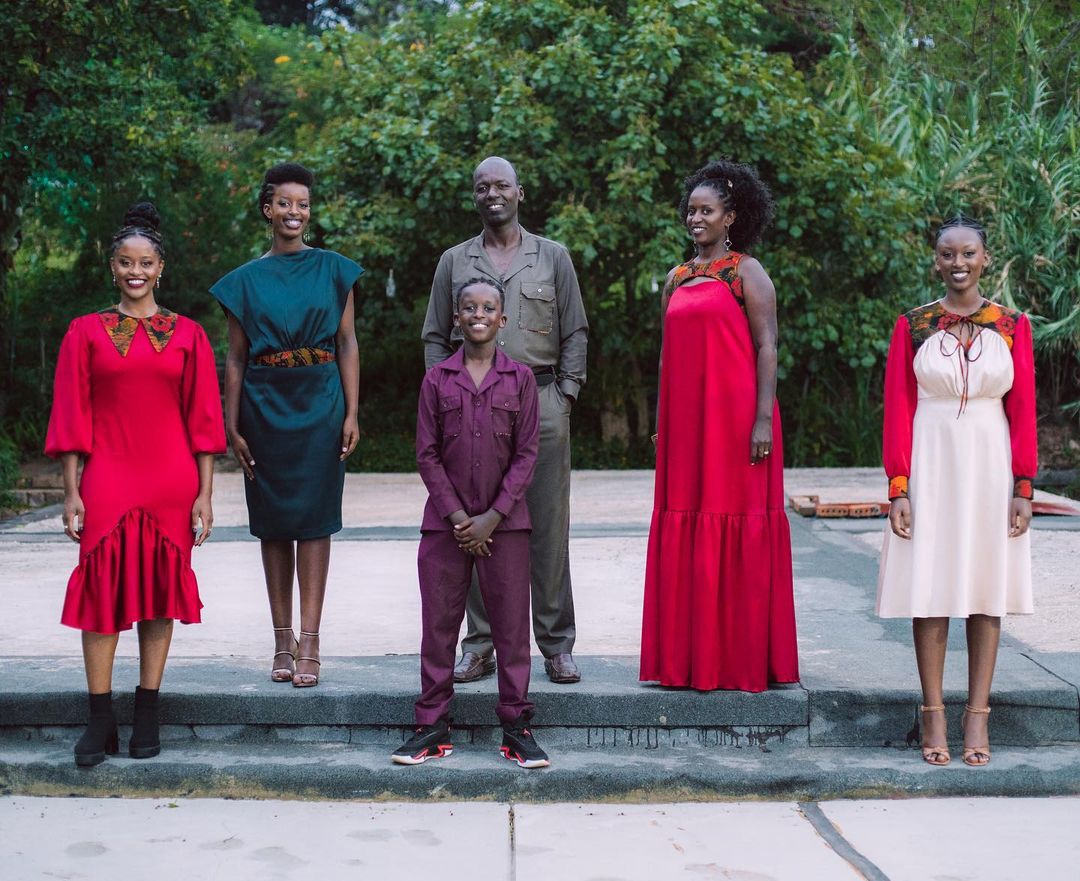 [PHOTO: Collections made by Uzi Collections]
[PHOTO: Collections made by Uzi Collections]
The British Council has been supporting fashion designers across East Africa by providing training and financial assistance. The organization has helped designers from Kenya, Uganda, and Tanzania gain global attention, enabling many to showcase their work across Africa and receive various forms of promotion.
"Some time ago, the British Council invited some of our fashion designers to join others in Kenya for a conference and training sessions, but what happened there remains unknown," Miss Eva adds. "Someone mentioned that our fashion designers think they're the best whenever they go, which isn't true. People should let others appreciate their work before placing themselves at the top of the ladder."
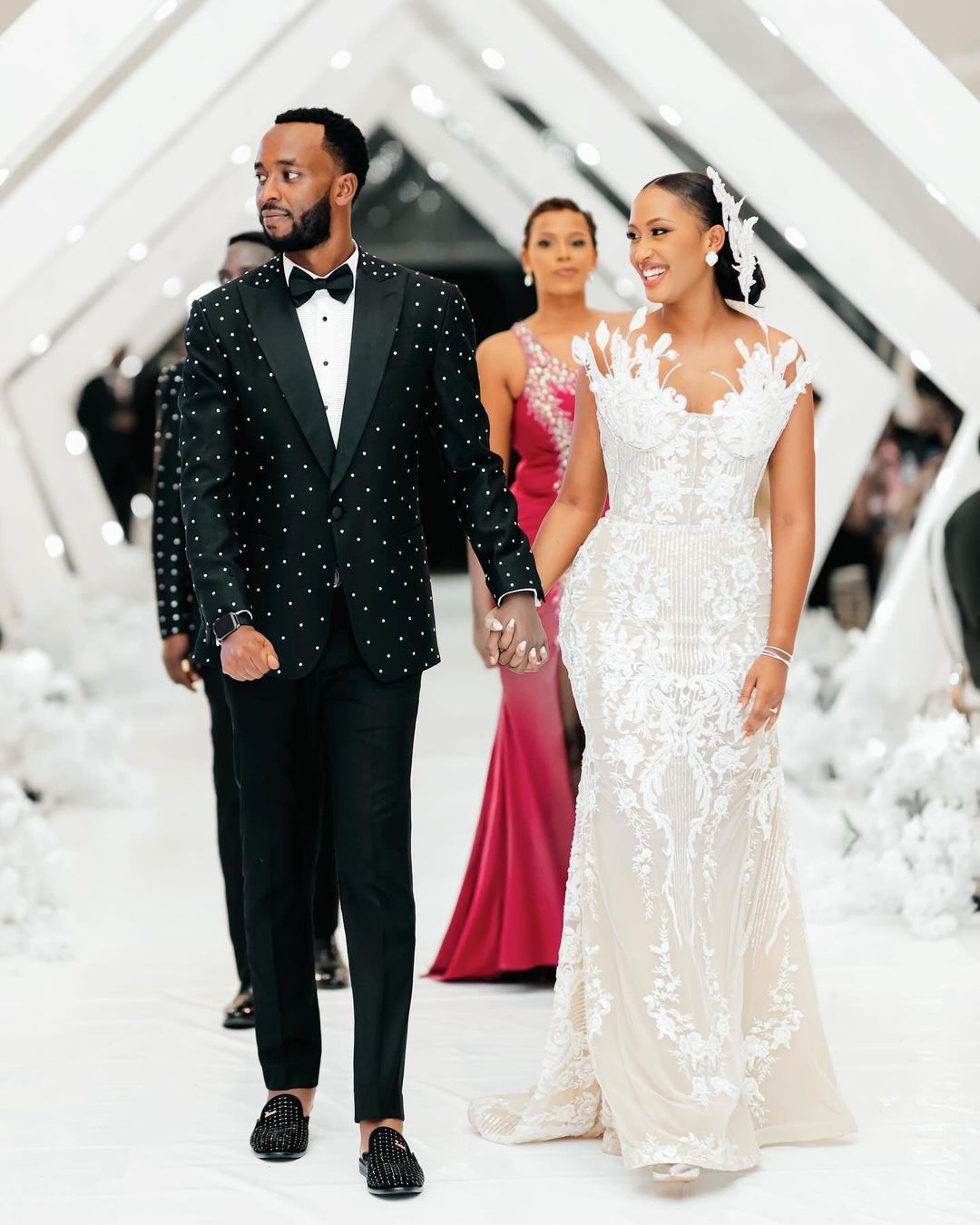 [PHOTO: Collection made by Tanga Designs]
[PHOTO: Collection made by Tanga Designs]
Ernest Muhire, a fashion commentator, sees the fashion industry in Rwanda shrinking if action isn't taken soon. He explains, "To be honest, our fashion industry is regressing. I remember when Lagos Fashion Week was very interested in working with fashion designers in Rwanda, but when they came here, they found that some of our designers were withholding information." Ernest continues, "They organized a conference in partnership with CollectiveRw and expected it to be full of fashion designers, but they were surprised to see no more than 10 attendees. Do we only have 10 fashion designers? No, we have many more than that."
Ernest also mentions that in the past three years, few fashion designers have showcased their work at major events as they used to, which is a sign that the industry is becoming isolated. "Look at the many fashion weeks happening around the world – why aren't we receiving invitations to attend? This shows that international fashion promoters and organizers view the level of our creativity and uniqueness as not matching their fashion weeks' standards."
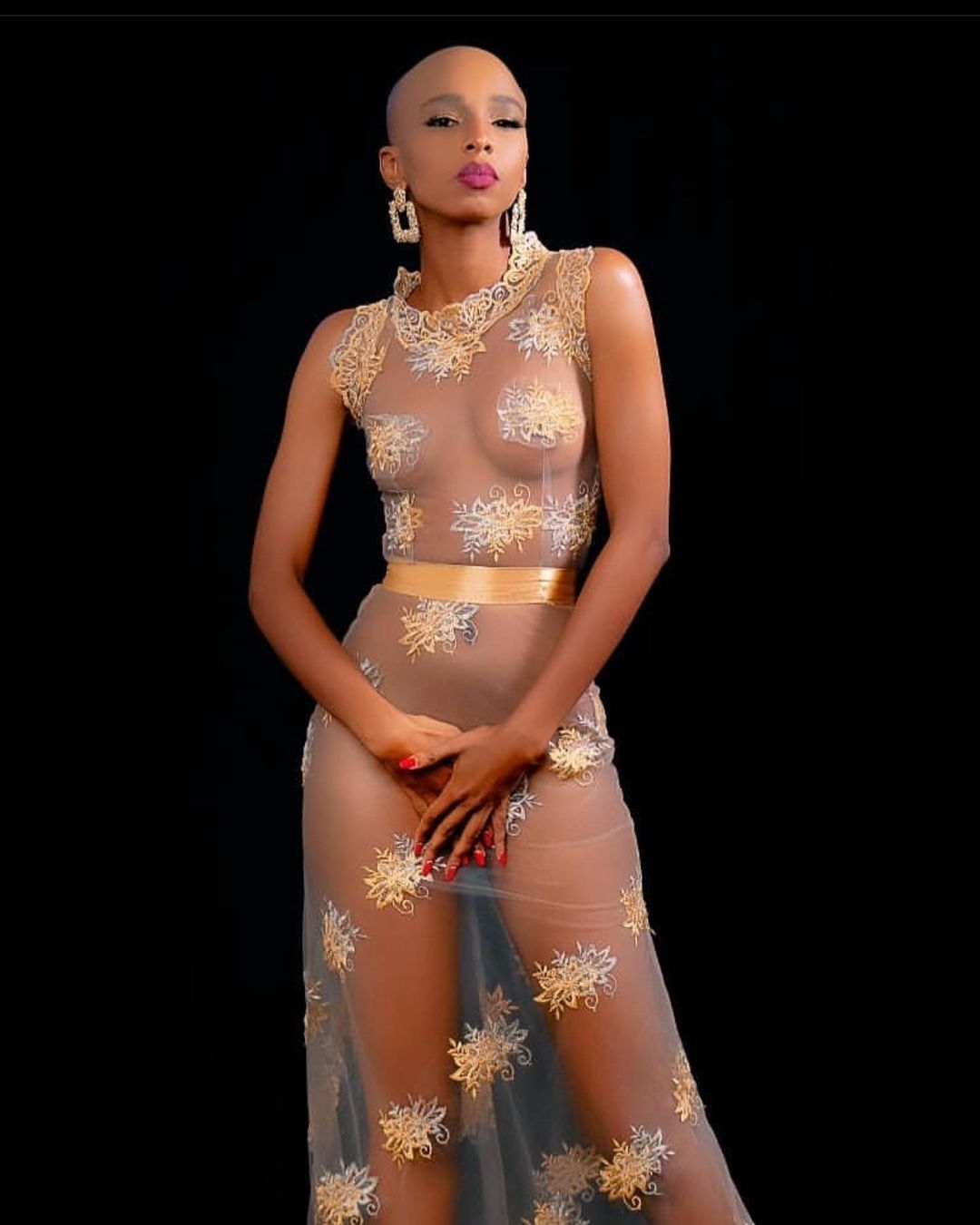 [PHOTO: Collection made by Inkanda Fashion House]
[PHOTO: Collection made by Inkanda Fashion House]
A Kigali-based fashion journalist believes that some people are inadvertently harming the fashion industry in Rwanda without realizing it. "There's a group of so-called influencers who, in the last few weeks, have been criticizing the fashion industry in Rwanda. They went as far as dismissing what Kigali Fashion Week has done for our industry and even insulted its founder, Mr. Bunyeshuli, accusing him of spreading fake and false information about his life in the fashion industry. Is this how we reward his amazing work? Believe it or not, he's among the top promoters Rwanda has had in fashion."
The journalist argues that people are looking for problems where they don't exist. "I don't want to mention names, but you can see people who have no idea about fashion just opening X Spaces and starting to talk about it. Most of them aren't even related to the fashion industry; they're just looking for views. This must stop."
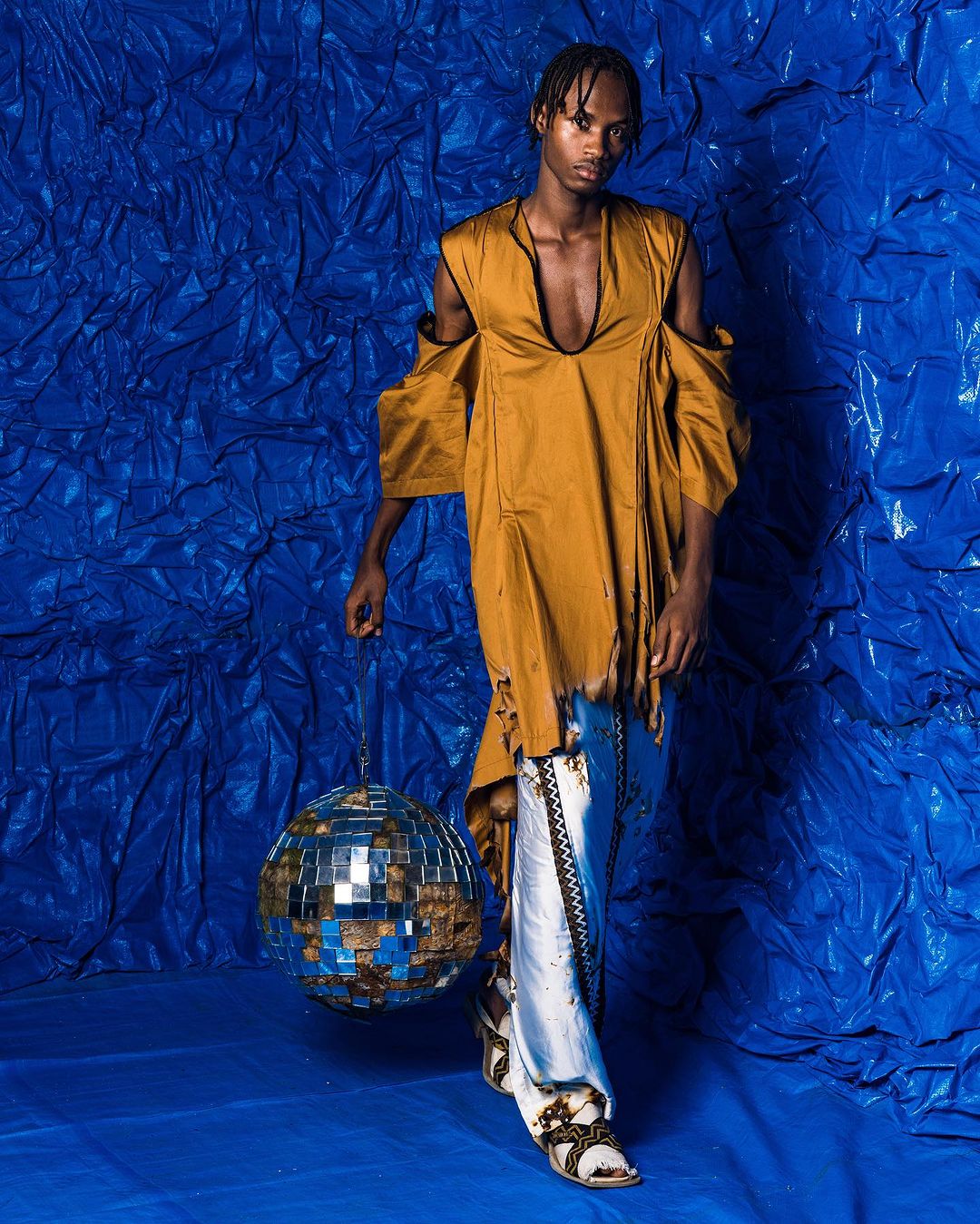 [PHOTO: Collection made by Moshions]
[PHOTO: Collection made by Moshions]
When asked what the Rwandan fashion industry is missing, a fashion expert stated, "It's hard to pinpoint exactly what's missing, but there's clearly a lack of unity among fashion designers, which is a significant issue for the future." The expert explains, "If you see people unwilling to let others sell and hiding the few available opportunities from other designers, it's a big problem for our community."
The expert added that while individuals may not be able to solve the problem alone, the government could bring people together by creating a platform that unites the fashion industry, especially as Rwanda is promoting Made in Rwanda products. They also emphasized that people should stop blaming CollectiveRw or any single entity. "People must change their mindset and stop blaming CollectiveRw or anyone else. This is a business – if you can't run your business well, it's your problem, not anyone else's."
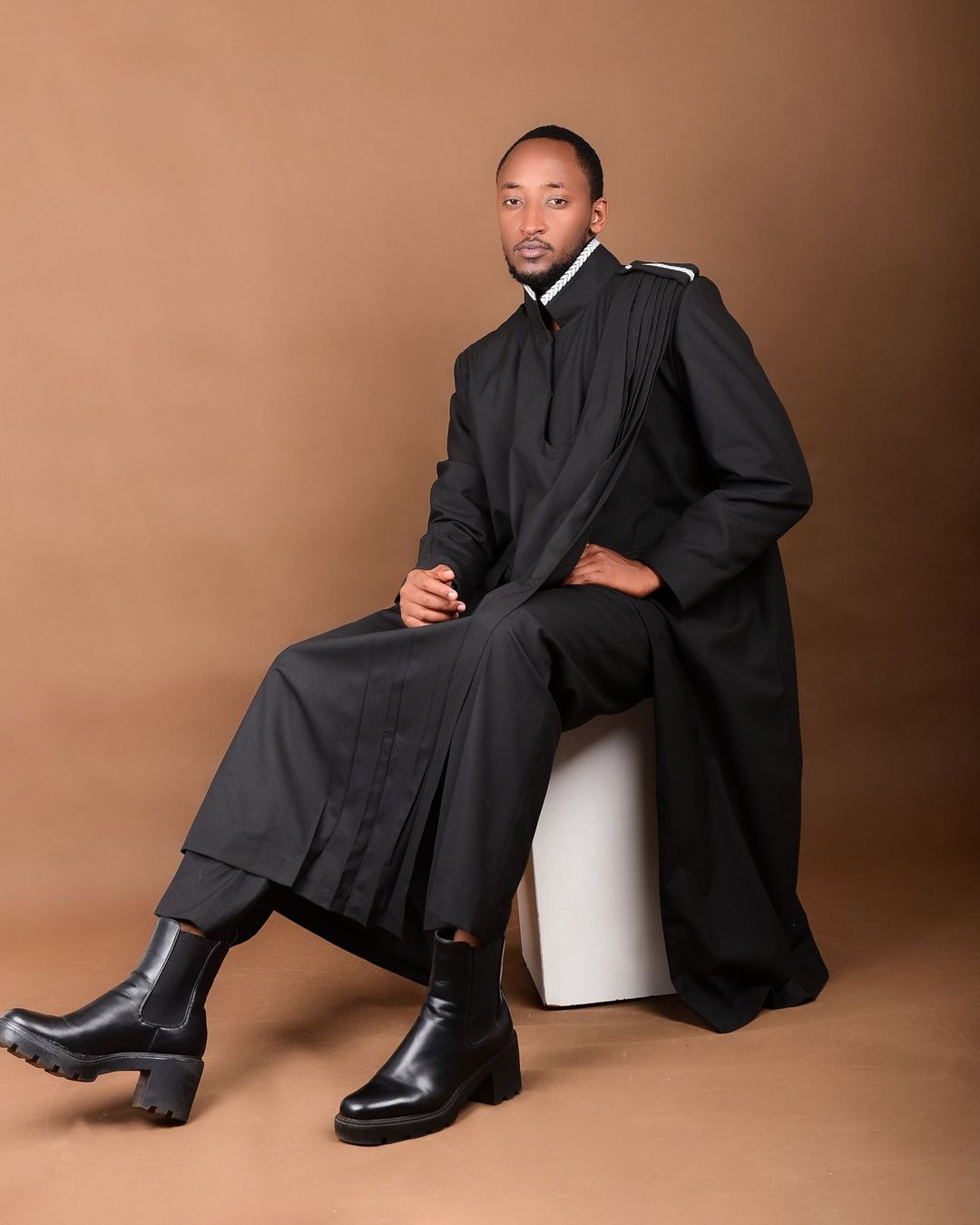 [PHOTO: Collection made by Umuheto Designs]
[PHOTO: Collection made by Umuheto Designs]
What to Expect in the South Sudan Fashion Week 2024, 9th Edition
The fashion world is abuzz with anticipation as the 9th edition of South Sudan Fashion Week (SSFW2024) approaches, promising to be a vibrant celebration of African creativity and cultural diversity. Scheduled for August 3rd, 2024, at the Crown Hotel in Juba, this eagerly awaited event is set to showcase the best of African fashion design while promoting peace and unity through its theme, "Promoting cross-cultural diversity to establish peaceful coexistence."
The organizers of SSFW2024 are confident in their preparations, with the event manager assuring that "all is set with my team and we promise a good and unique event." This optimism is echoed by the Royal Care Foundation South Sudan's (RCFS) media team, who report that everything is in place for an exceptional showcase of African fashion talent.
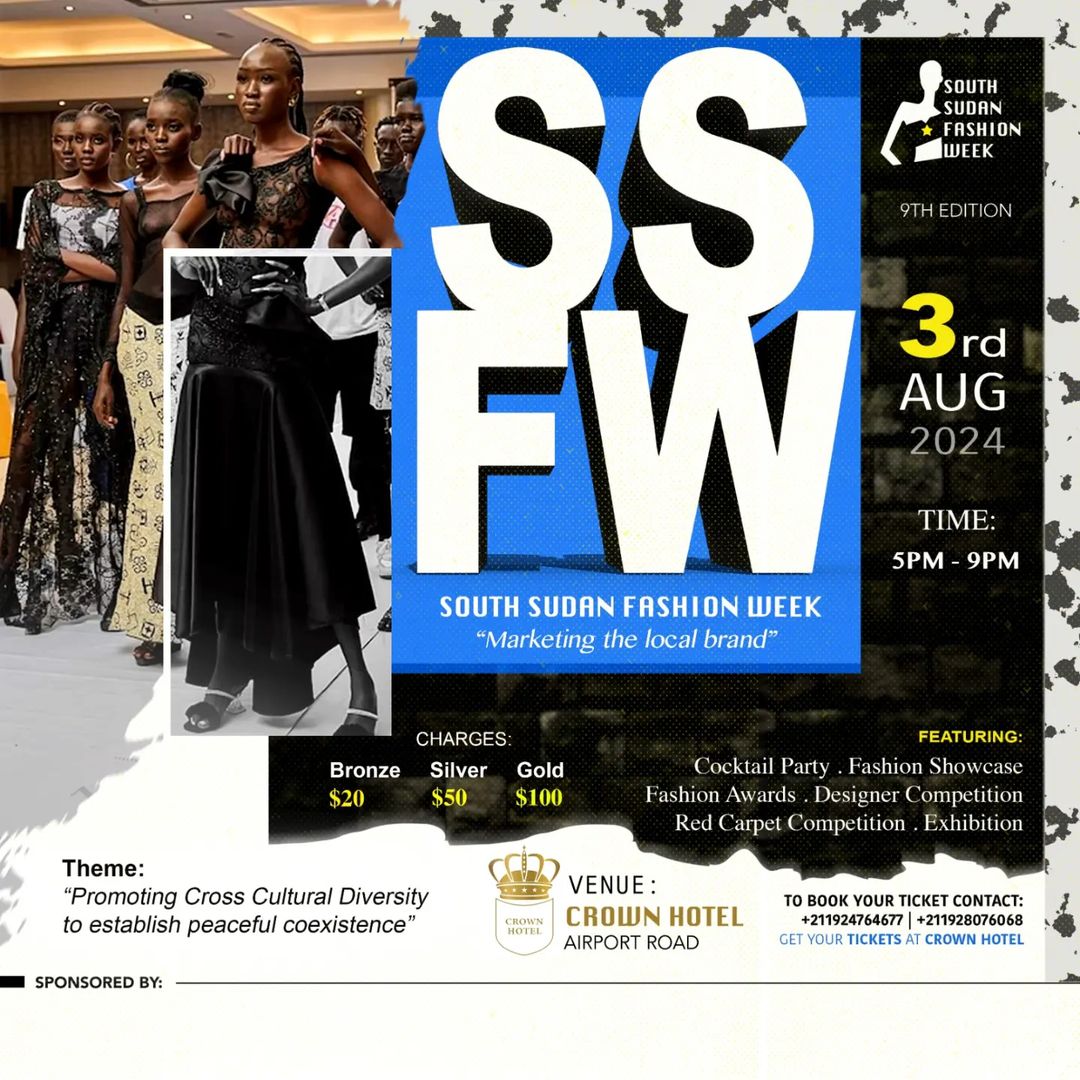
Fashion enthusiasts can look forward to an impressive lineup of 13 confirmed fashion designers, each bringing their unique vision and creativity to the runway. The event promises to be a true celebration of "made in Africa" fashion, with designers showcasing collections that blend traditional elements with contemporary styles.
The organizers have also confirmed strong participation from models, ensuring that the designs will be presented with the flair and professionalism befitting such a prestigious event.
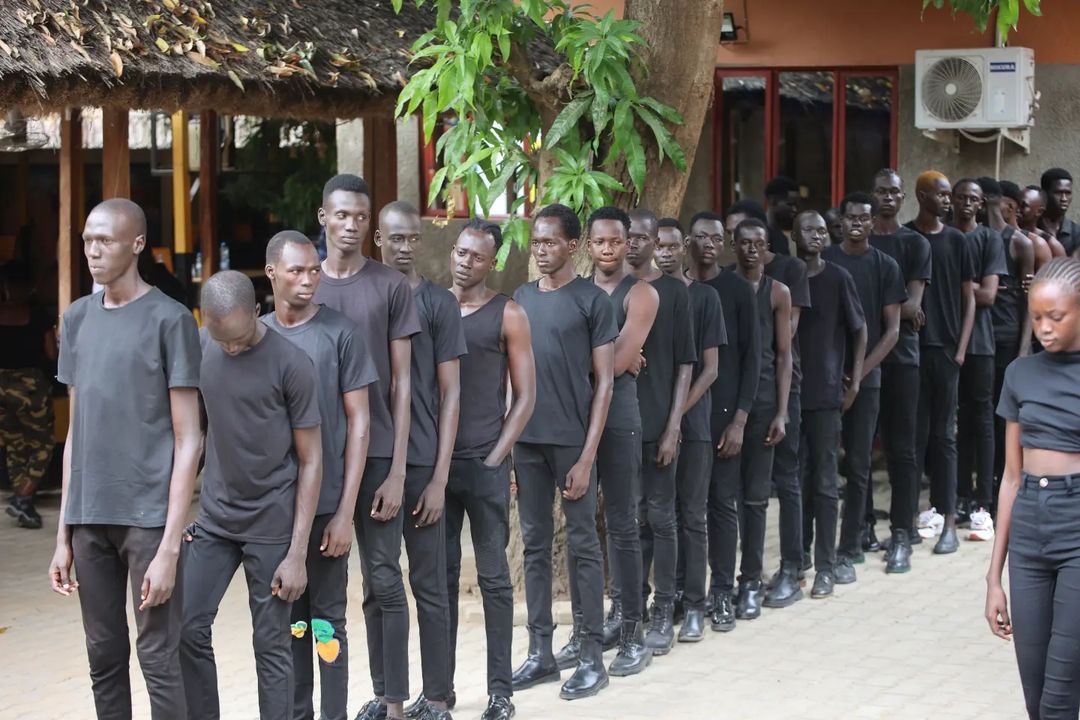
Adding to the excitement, SSFW2024 will feature the South Sudan Fashion Awards 2024, recognizing excellence across various categories in the fashion industry. Awards will be presented for: Makeup Artist of the Year, Stylish Journalist of the Year, Fashion Designer of the Year, Men's Designer Wear of the Year, Upcoming Male Model of the Year, Upcoming Female Model of the Year, Fashion Photographer of the Year, Female Model of the Year and many others.
These awards serve to acknowledge and encourage the diverse talents contributing to South Sudan's burgeoning fashion scene.
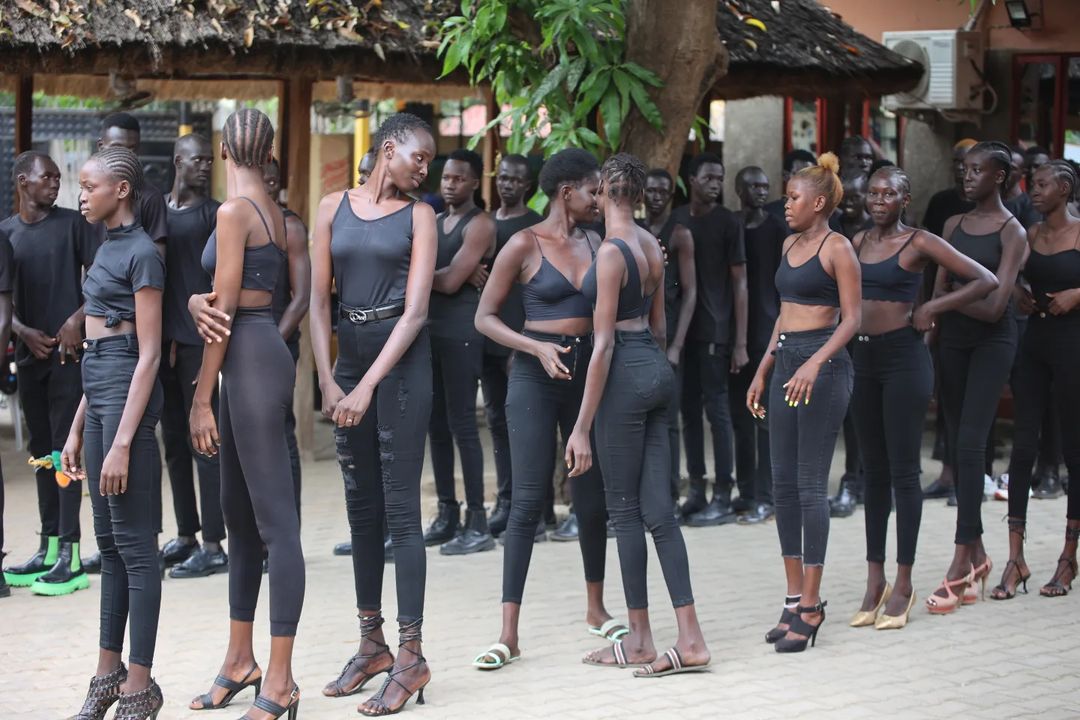 [PHOTO: Model ready for the South Sudan Fashion Week 2024, 9th Edition]
[PHOTO: Model ready for the South Sudan Fashion Week 2024, 9th Edition]
SSFW continues to play a crucial role in supporting and promoting local talent in the fashion industry. By providing a platform for designers, models, makeup artists, photographers, and other stakeholders, the event aims to build a sustainable market for South Sudanese-made local brands.
While excitement for the event is high, some participants have voiced concerns about the long-term impact of SSFW on their businesses. An anonymous fashion designer highlighted the need for improved support in selling products, not just showcasing them. "Fashion designers create clothes targeting clients. If we don't sell, it doesn't help us at all," the designer remarked.
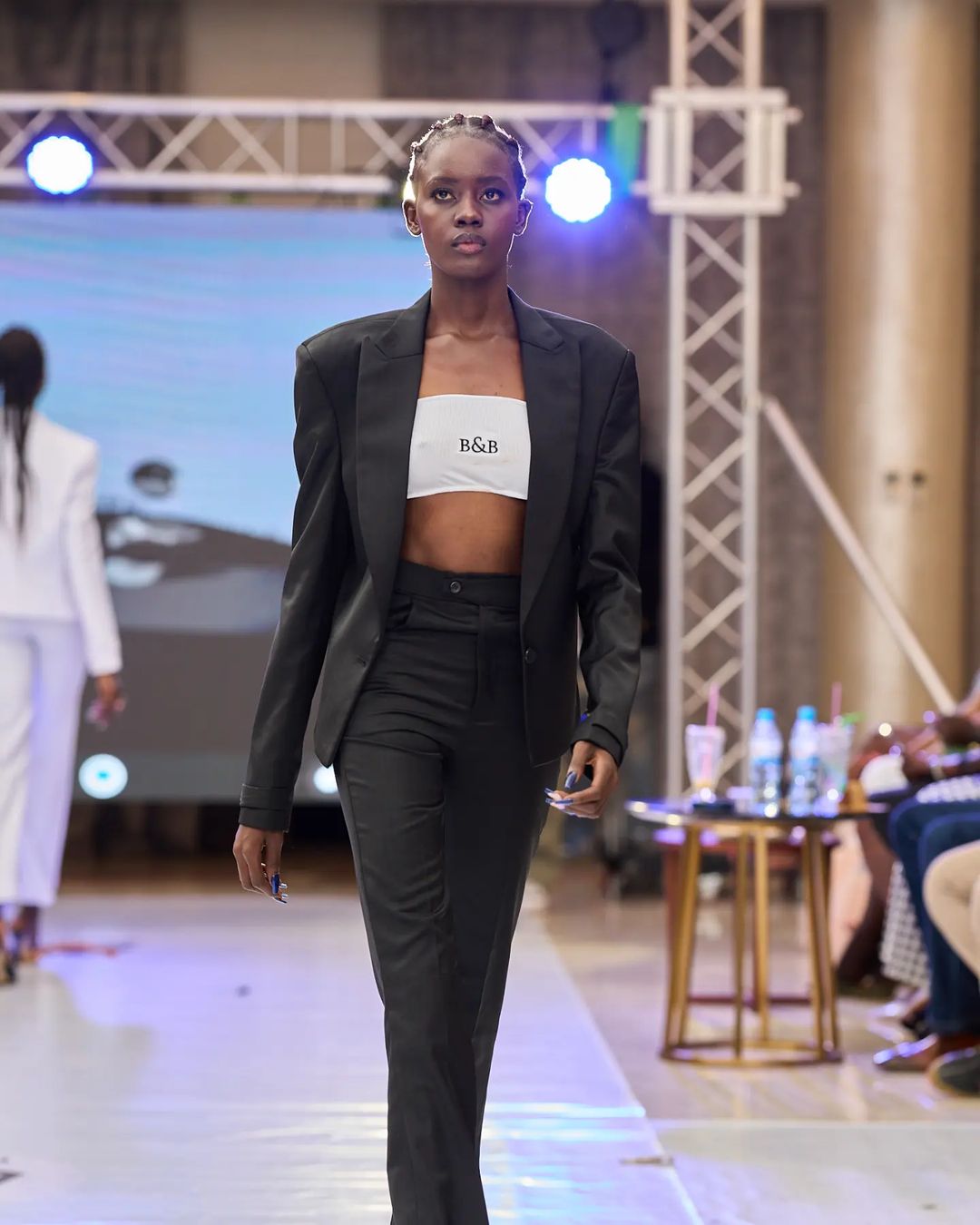 [PHOTO: Model on the runway in the past events of the South Sudan Fashion Week ]
[PHOTO: Model on the runway in the past events of the South Sudan Fashion Week ]
This feedback underscores the importance of bridging the gap between runway presentations and commercial success. The designer suggested that organizers consider setting up exhibition spaces where designers can interact directly with potential clients before and after the main event.
As SSFW2024 approaches, it stands as a testament to the growth and potential of South Sudan's fashion industry. The event not only celebrates creativity and cultural diversity but also serves as a catalyst for economic opportunities in the region.
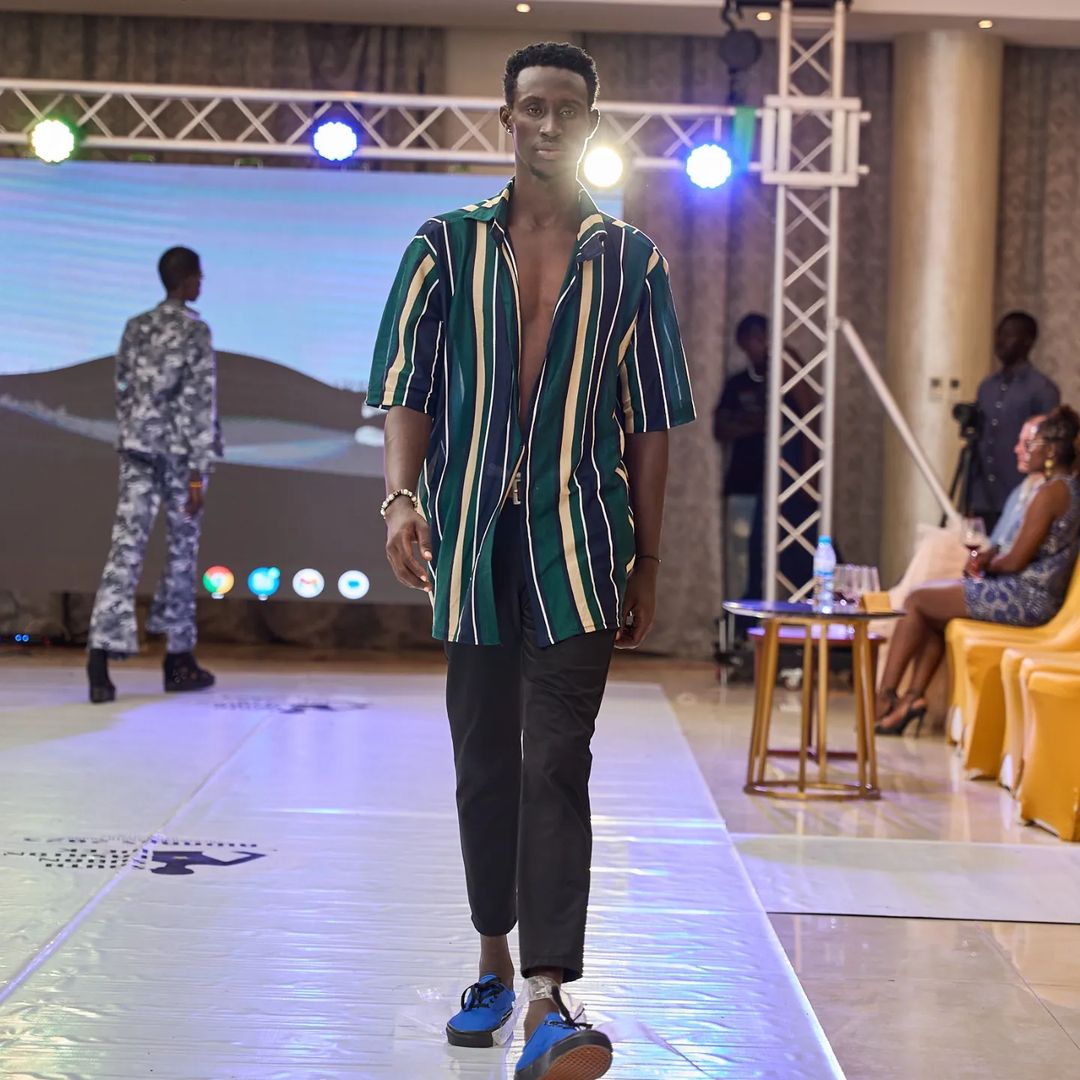 [PHOTO: Model on the runway in the past events of the South Sudan Fashion Week ]
[PHOTO: Model on the runway in the past events of the South Sudan Fashion Week ]
For fashion lovers and industry professionals alike, SSFW2024 promises to be an unforgettable experience, blending style, culture, and commerce. As the fashion world turns its eyes to Juba this August, attendees can expect to witness the emergence of new trends, the recognition of established talents, and the fostering of cross-cultural understanding through the universal language of fashion.
With its commitment to promoting local talent and its vision of using fashion as a tool for peace and unity, the 9th edition of South Sudan Fashion Week is poised to be a landmark event in the African fashion calendar. As the countdown begins, excitement continues to build for what promises to be a spectacular celebration of African creativity and cultural diversity.
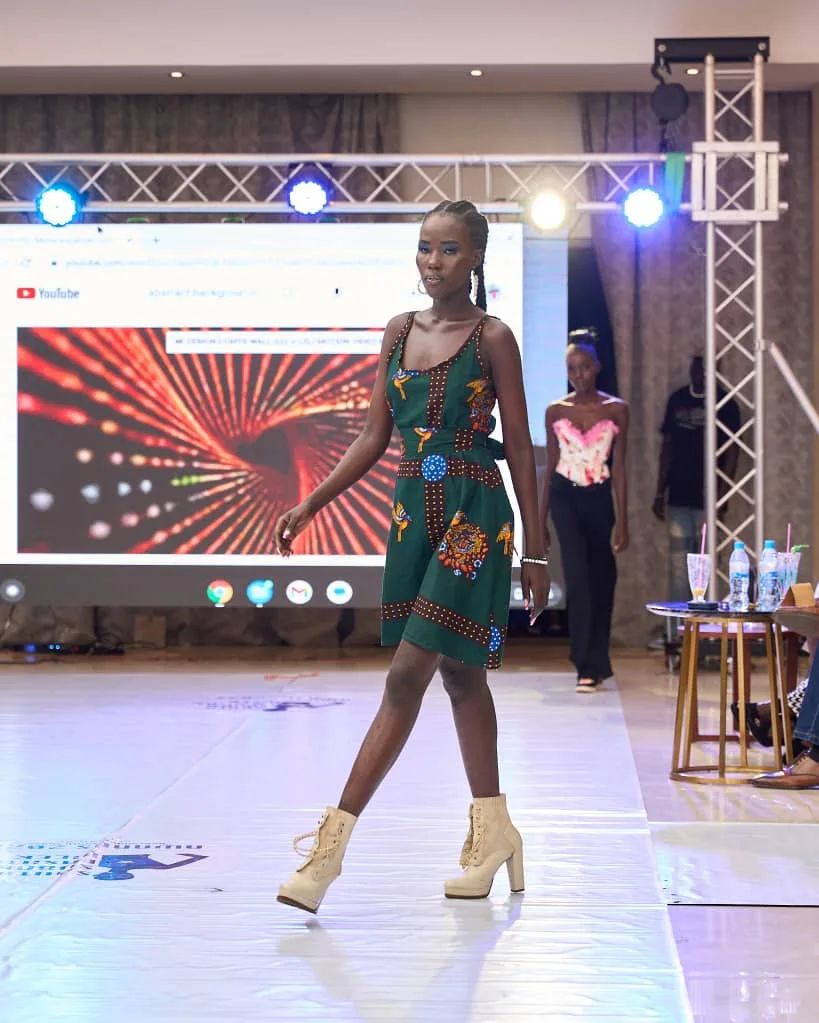 [PHOTO: Model on the runway in the past events of the South Sudan Fashion Week ]
[PHOTO: Model on the runway in the past events of the South Sudan Fashion Week ]
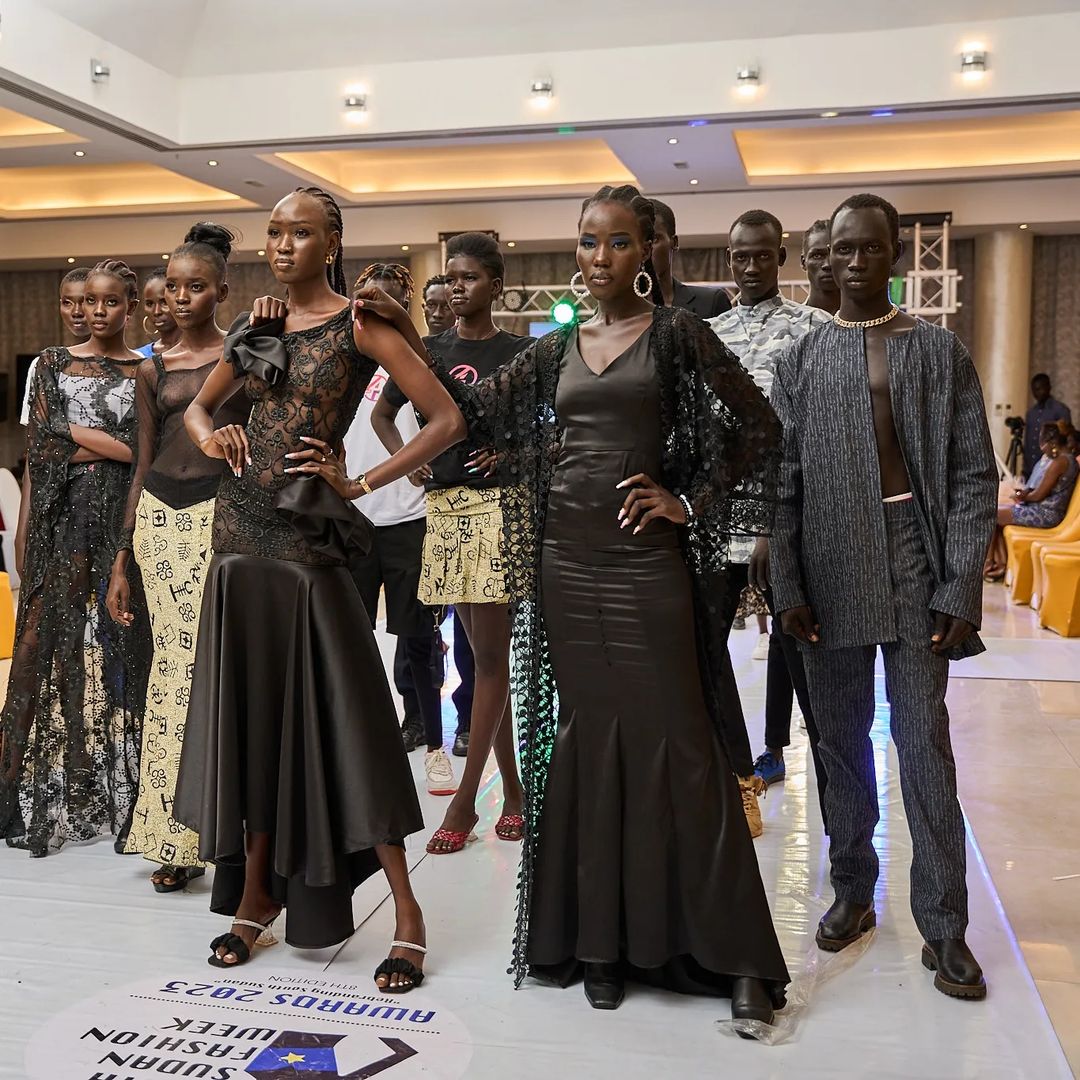 [PHOTO: Models on the runway in the past events of the South Sudan Fashion Week ]
[PHOTO: Models on the runway in the past events of the South Sudan Fashion Week ]
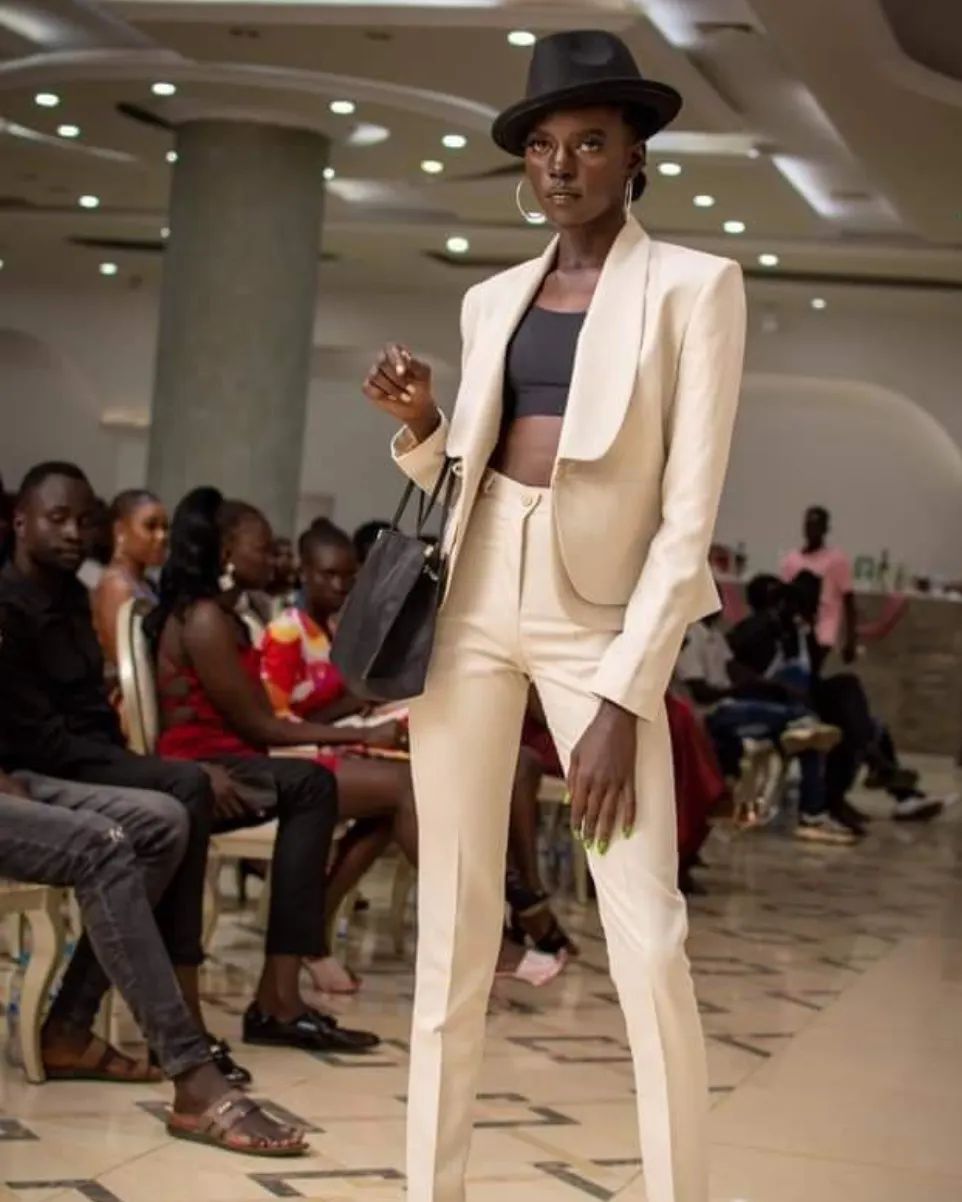 [PHOTO: Model on the runway in the past events of the South Sudan Fashion Week ]
[PHOTO: Model on the runway in the past events of the South Sudan Fashion Week ]
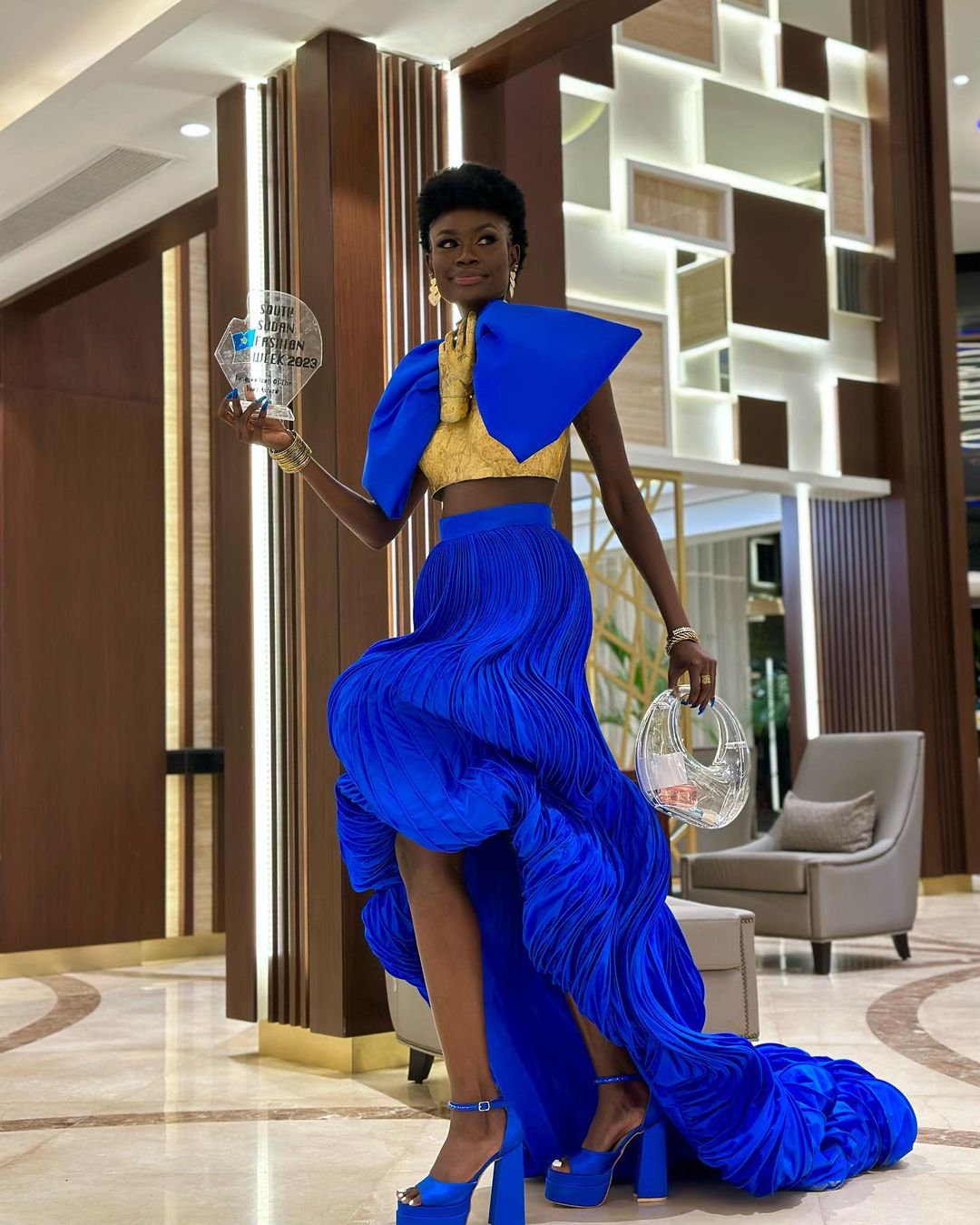
[PHOTO: International model LonaAyat Madut the winner of the red carpet competition SSFW 2023]
Confusion Behind Fashionable Team Kenya in the Paris Olympics 2024: Modern and Culture
As the world converges on Paris for the 2024 Olympic Games, Team Kenya's fashion choices have sparked a mix of emotions among fashion enthusiasts in Kenya and the wider region. The team's collection, blending modern elements with traditional culture, has become a topic of heated discussion and debate.
Talking with the RCFS's MEDIA Zeeby Twebaze from Uganda praised the team's organization and fashion sense, stating, "Team Kenya is well organized and very fashionable." He further emphasized the unique fusion of culture and modernity in their attire, describing it as "amazing and unique collections."
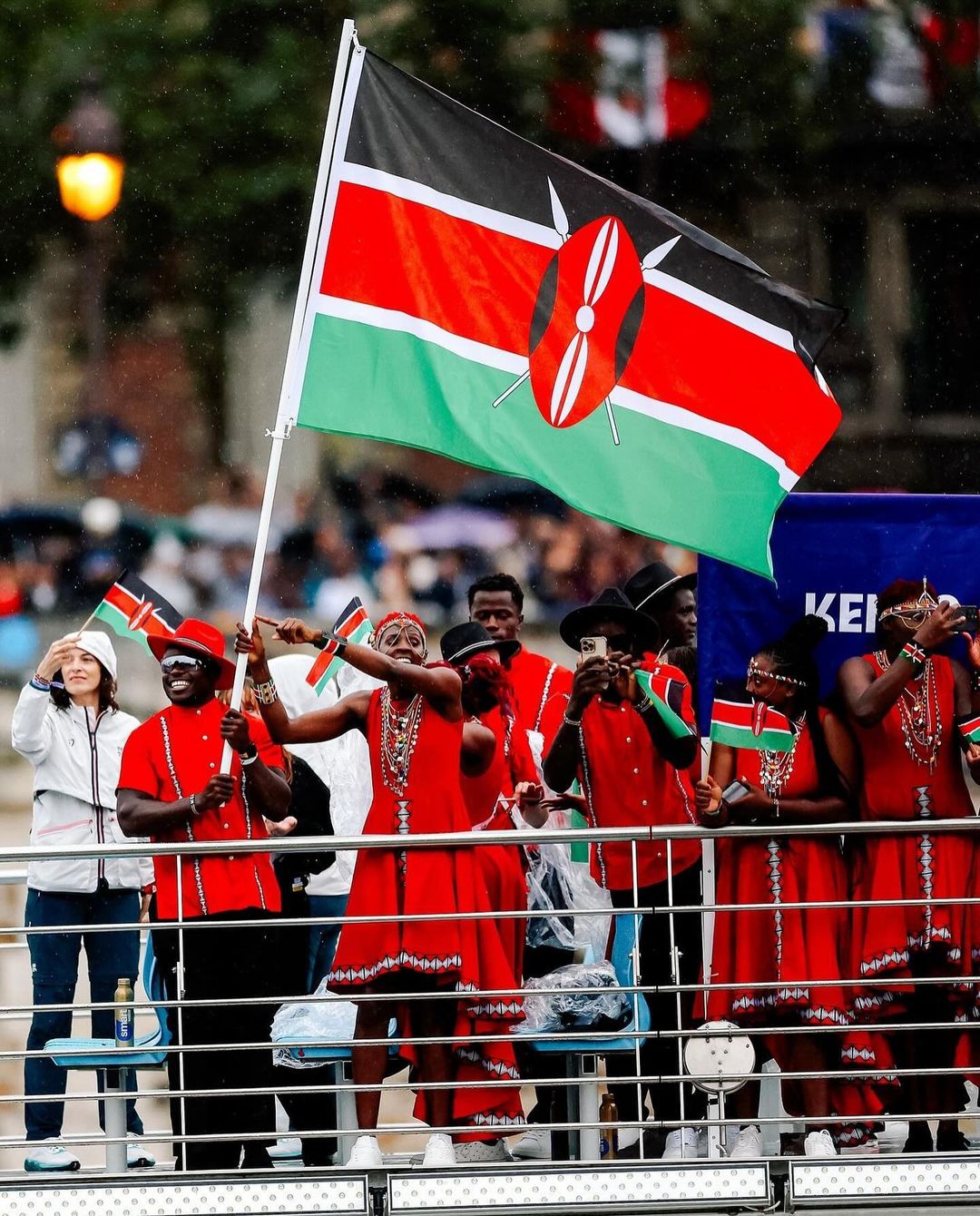 [PHOTO: Team Kenya members for the Paris Olympics 2024- collections were designed by Kovu Couture sponsored and produced by Vivo Woman]
[PHOTO: Team Kenya members for the Paris Olympics 2024- collections were designed by Kovu Couture sponsored and produced by Vivo Woman]
However, not everyone shares this enthusiasm. A Nairobi-based fashion designer, while appreciating certain aspects of the collection, expressed reservations: "To be honest, I like the colors. Red is a good color and is in our flag, but the rest I don't like." She also noted that while the collection looks good, she doesn't see much beyond Maasai culture represented.
The selection process for the designer behind Team Kenya's 2024 collections has come under scrutiny, with many Kenyans voicing their concerns on social media platforms. Some have accused the organizers of lacking transparency and fairness in their choice. On Instagram, Wamboo Claire criticized: "You guys held a competition to source the best designs, you didn't even announce the winner. In fact, you all went quiet after the participants sent their ideas only for you to come up with this."
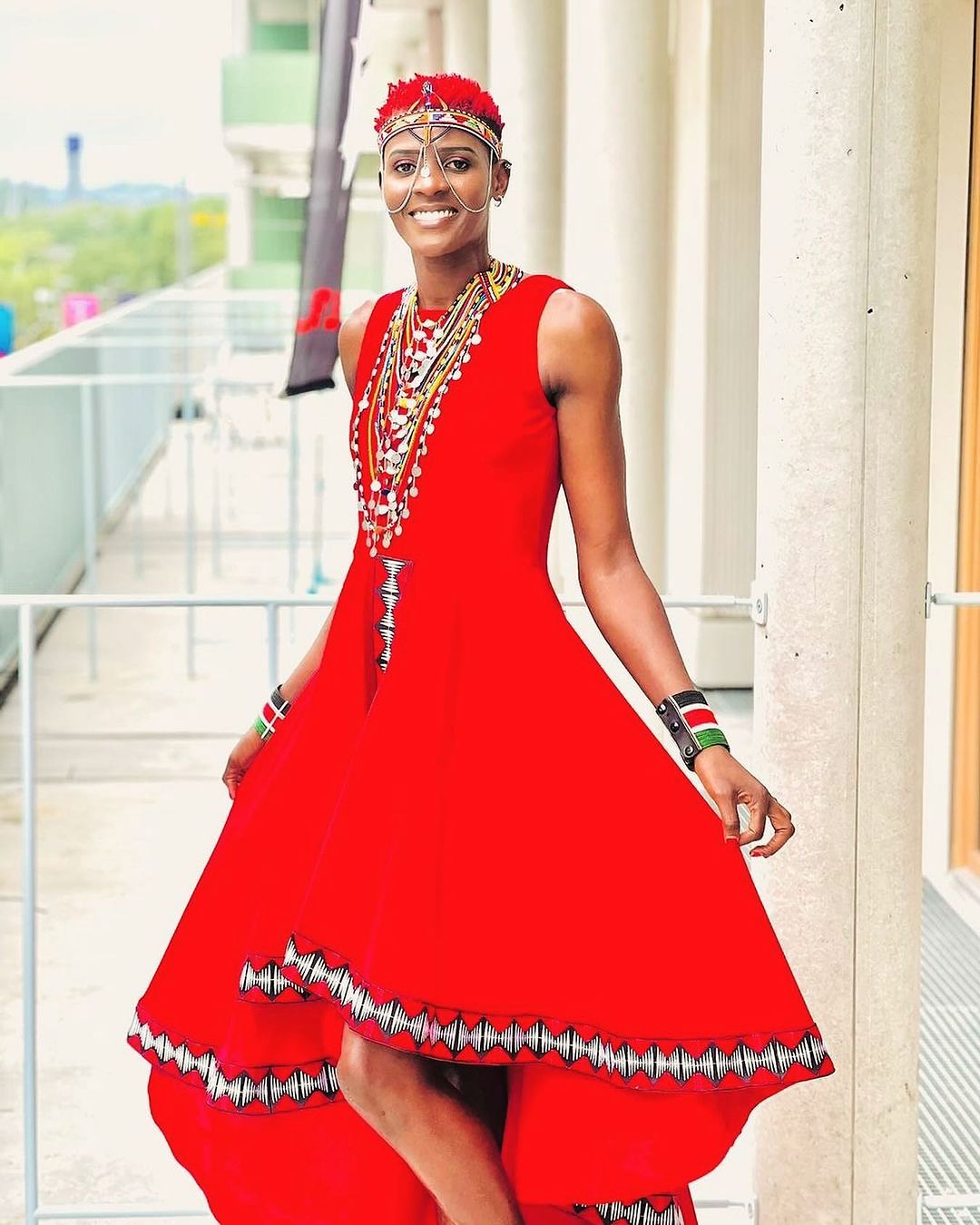 [PHOTO: Team Kenya member for the Paris Olympics 2024- collection were designed by Kovu Couture sponsored and produced by Vivo Woman]
[PHOTO: Team Kenya member for the Paris Olympics 2024- collection were designed by Kovu Couture sponsored and produced by Vivo Woman]
The sentiment of disappointment is echoed by others who feel that the chosen designs do not adequately represent Kenya's diverse fashion landscape. One particularly strong statement on Instagram read, "Stop humiliating our stars by dressing them up with 'manguo za ushamba.' We have great fashion designers in this country, use them." The phrase "manguo za ushamba," which in Kiswahili means "clothes for farming," underscores the perception that the designs are outdated or unsophisticated.
Fashion industry insider Joram Mulwa didn't mince words, calling the collection "complete bullshit" and "an insult to the Kenyan fashion community." He lamented the lack of creativity and originality, pointing out that the uniforms have remained largely unchanged since Kenya began participating in the Olympics. Mulwa criticized the overreliance on Maasai-inspired elements, arguing that simply incorporating accessories from the Maasai market doesn't equate to creativity.
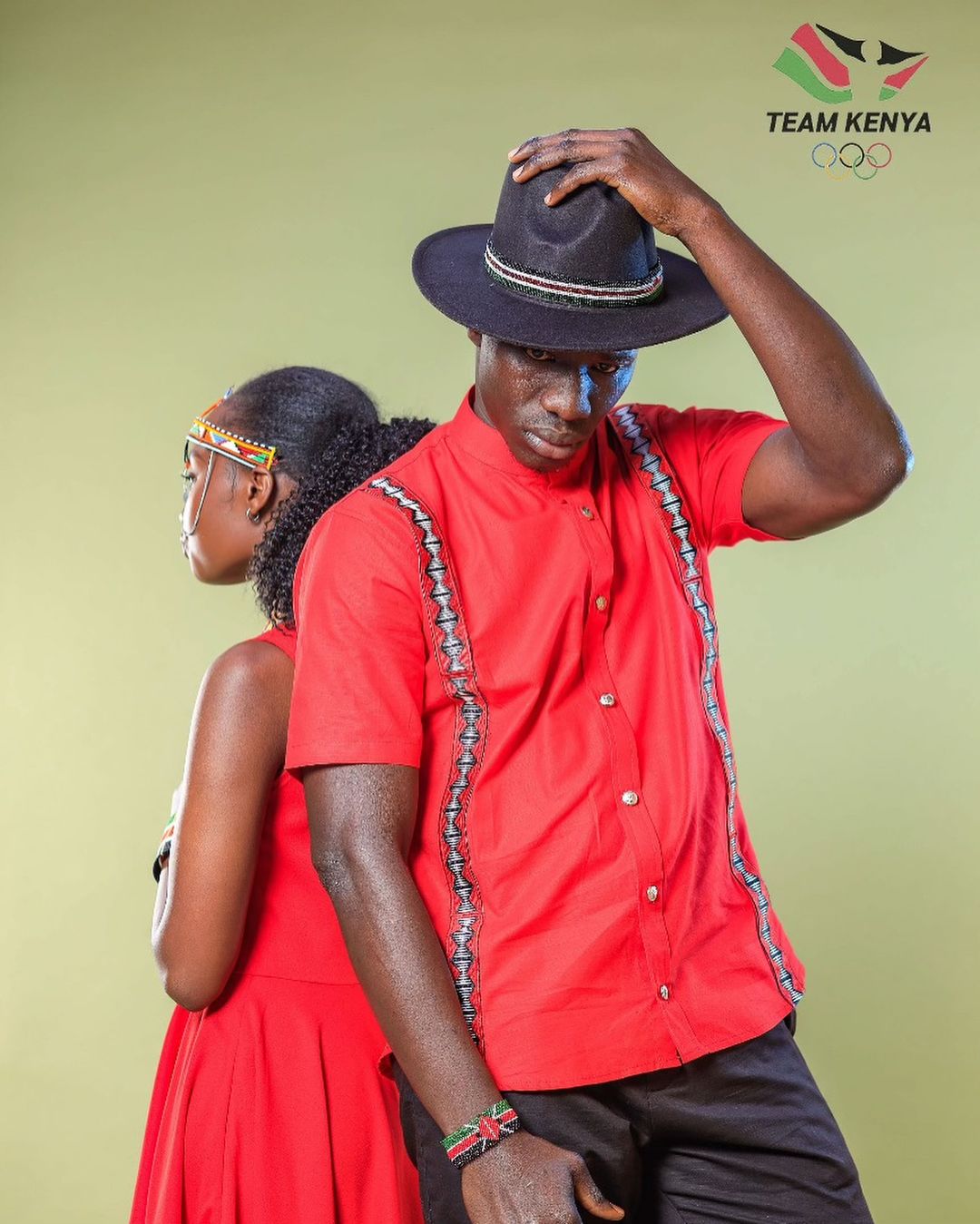 [PHOTO: collections were designed by Kovu Couture sponsored and produced by Vivo Woman for the Team Kenya in the Paris Olympics]
[PHOTO: collections were designed by Kovu Couture sponsored and produced by Vivo Woman for the Team Kenya in the Paris Olympics]
"High-low dresses for any Olympic team? No effort in this uniform," Mulwa continued. "Always putting Maasai garments on every uniform doesn't make it creative. This is disappointing. Our athletic team is by far one of the best teams globally. It is a shame for them to always be in whack."
Despite the widespread criticism, some prominent figures in Kenya's fashion industry stand behind the collection. Wandia Gicuru, CEO and founder of Vivo Women, expressed pride in the designs. She shared on Instagram: "Check out @trizahatuka, the Kenyan flag bearer, in the outfit she and the entire women's team will wear at the Olympic opening ceremony!! Isn't she gorgeous? It's a very proud moment for us!!"
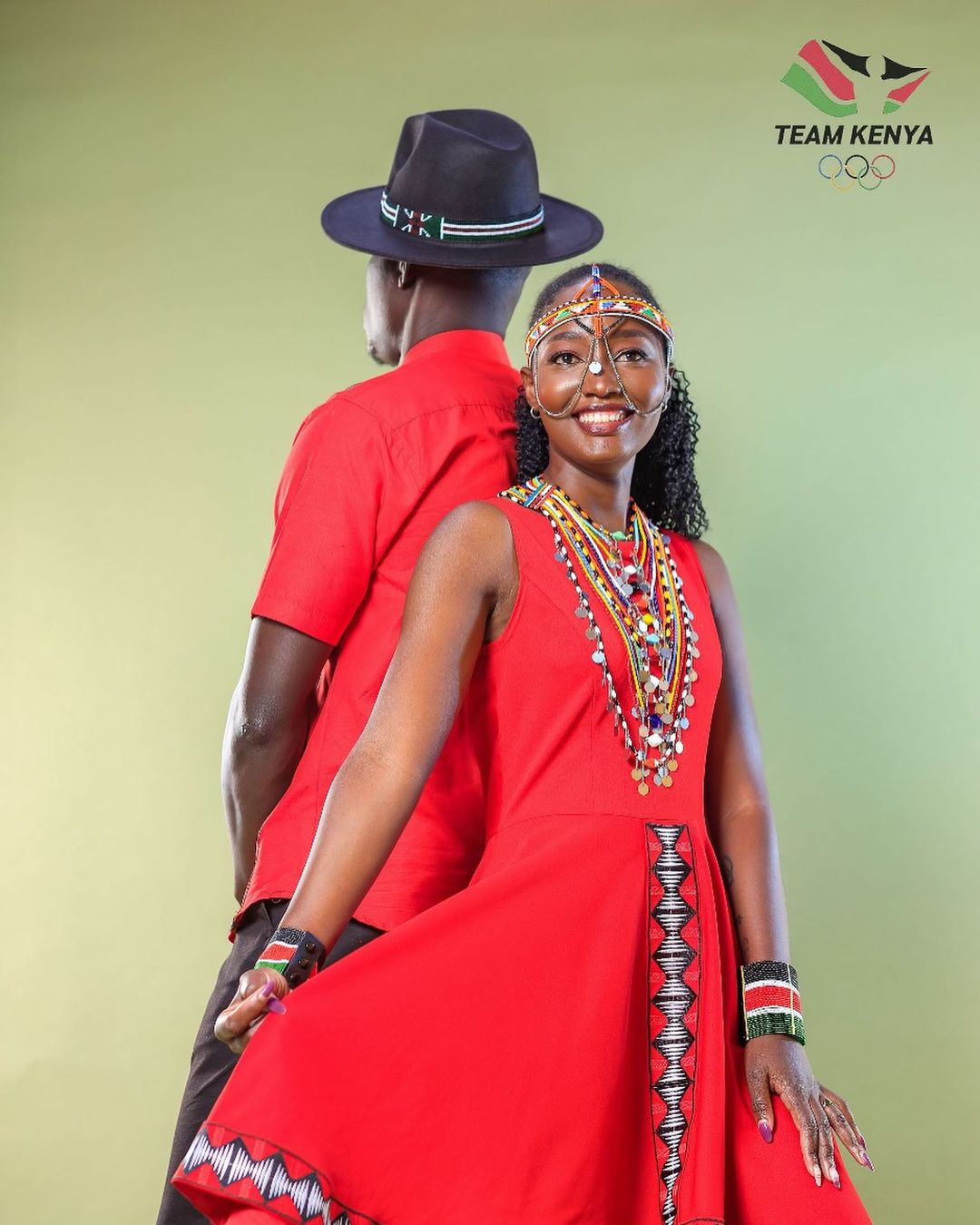 [PHOTO: collections were designed by Kovu Couture sponsored and produced by Vivo Woman for the Team Kenya in the Paris Olympics]
[PHOTO: collections were designed by Kovu Couture sponsored and produced by Vivo Woman for the Team Kenya in the Paris Olympics]
Gicuru provided insight into the collaborative effort behind the collection. According to her, the designs were created by @kovu_couture, with sponsorship and production handled by @vivo_woman. Accessories were contributed by @ushangake, while the overall styling was orchestrated by @conniealuoch.
The controversy surrounding Team Kenya's Olympic fashion highlights the challenges of representing a nation's diverse cultural heritage on a global stage. It raises questions about the balance between tradition and modernity, the importance of inclusivity in design selection, and the role of fashion in national identity.
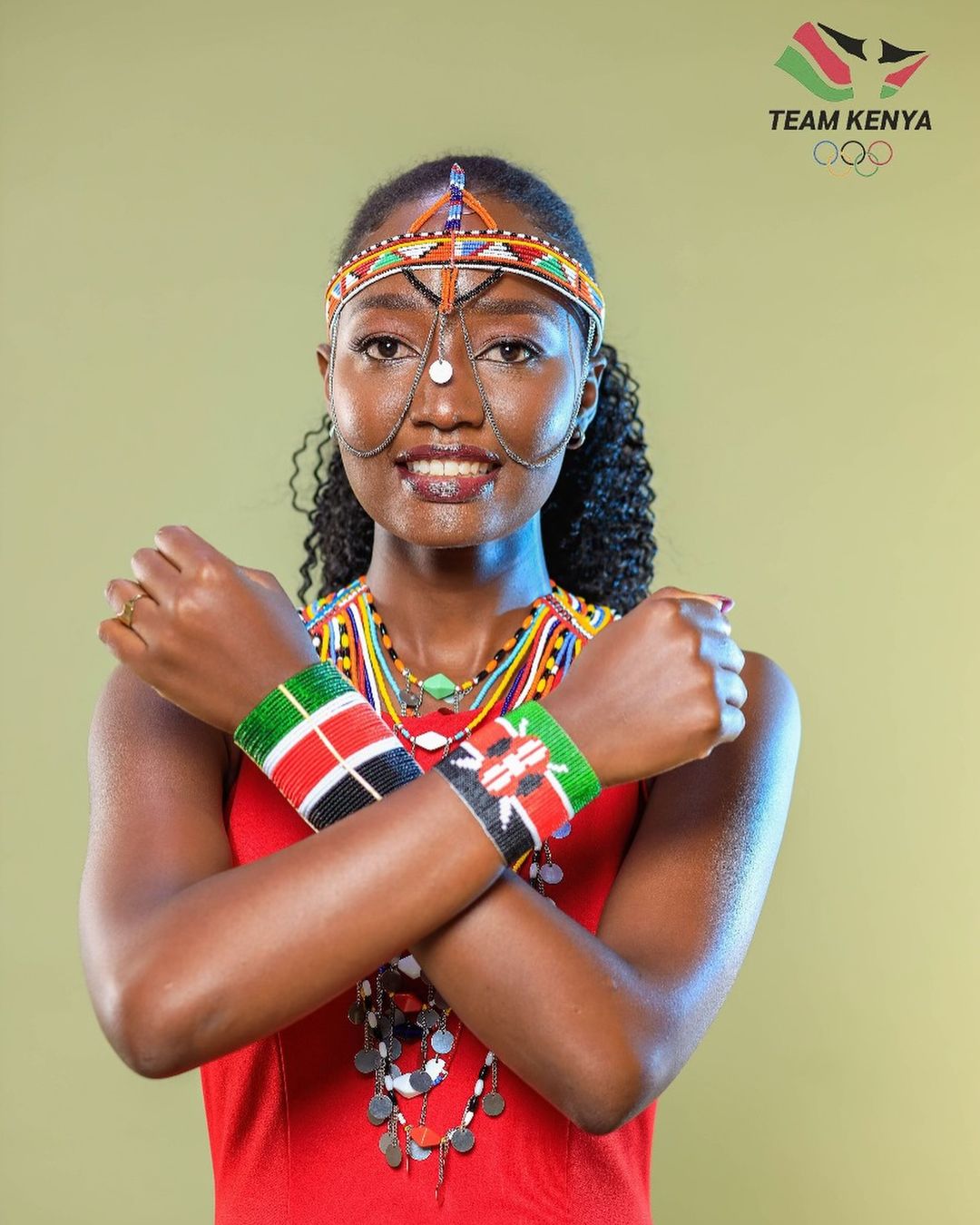 [PHOTO: collections were designed by Kovu Couture sponsored and produced by Vivo Woman for the Team Kenya in the Paris Olympics]
[PHOTO: collections were designed by Kovu Couture sponsored and produced by Vivo Woman for the Team Kenya in the Paris Olympics]
As the Olympic Games approach, the debate is likely to continue, with supporters praising the collection's cultural significance and detractors calling for more innovation and representation of Kenya's diverse fashion talent. Regardless of the divided opinions, one thing is clear: Team Kenya's appearance at the Paris Olympics 2024 will be closely watched, not just for their athletic prowess but also for their sartorial choices.
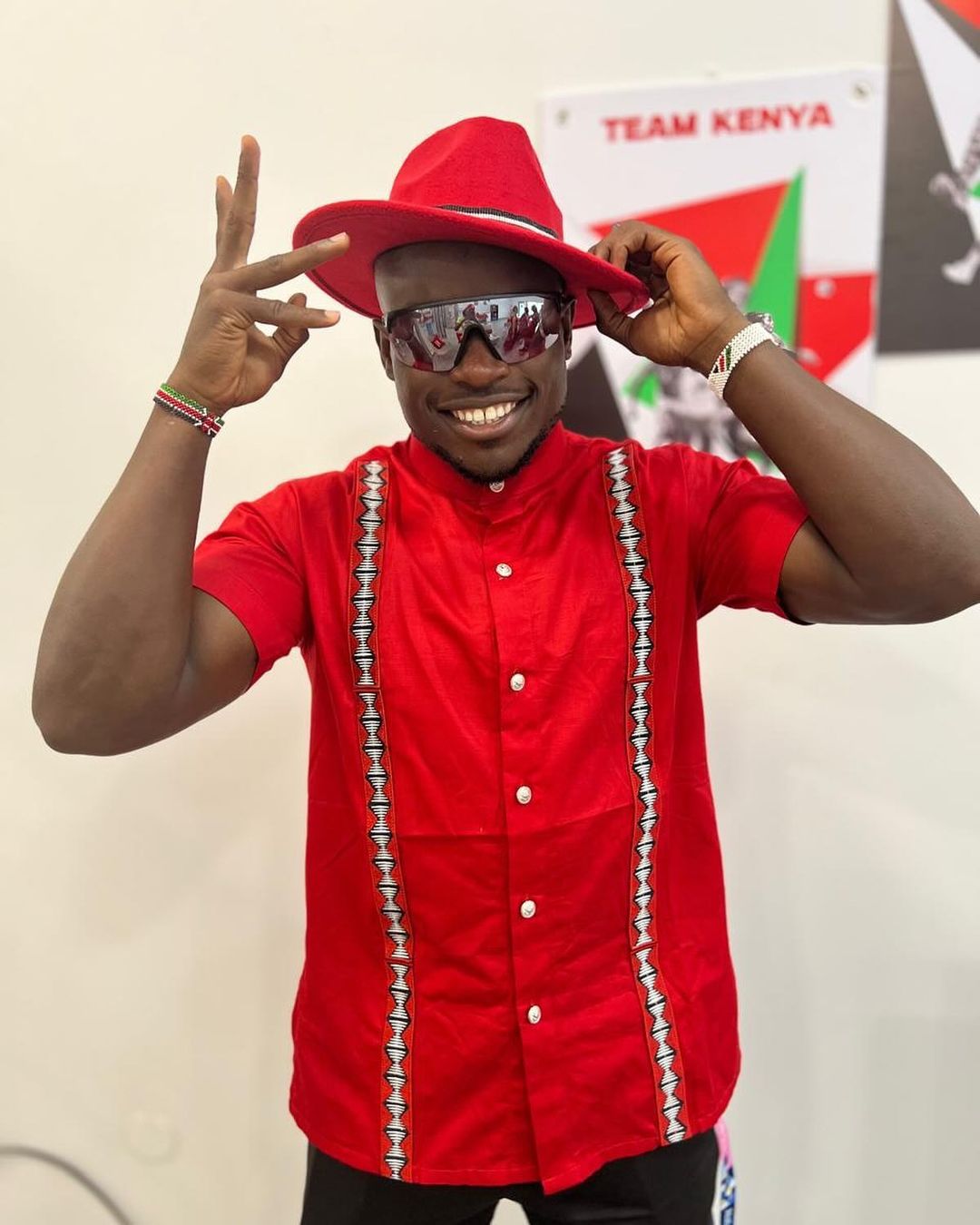
[PHOTO: Team Kenya member for the Paris Olympics 2024- collection were designed by Kovu Couture sponsored and produced by Vivo Woman]
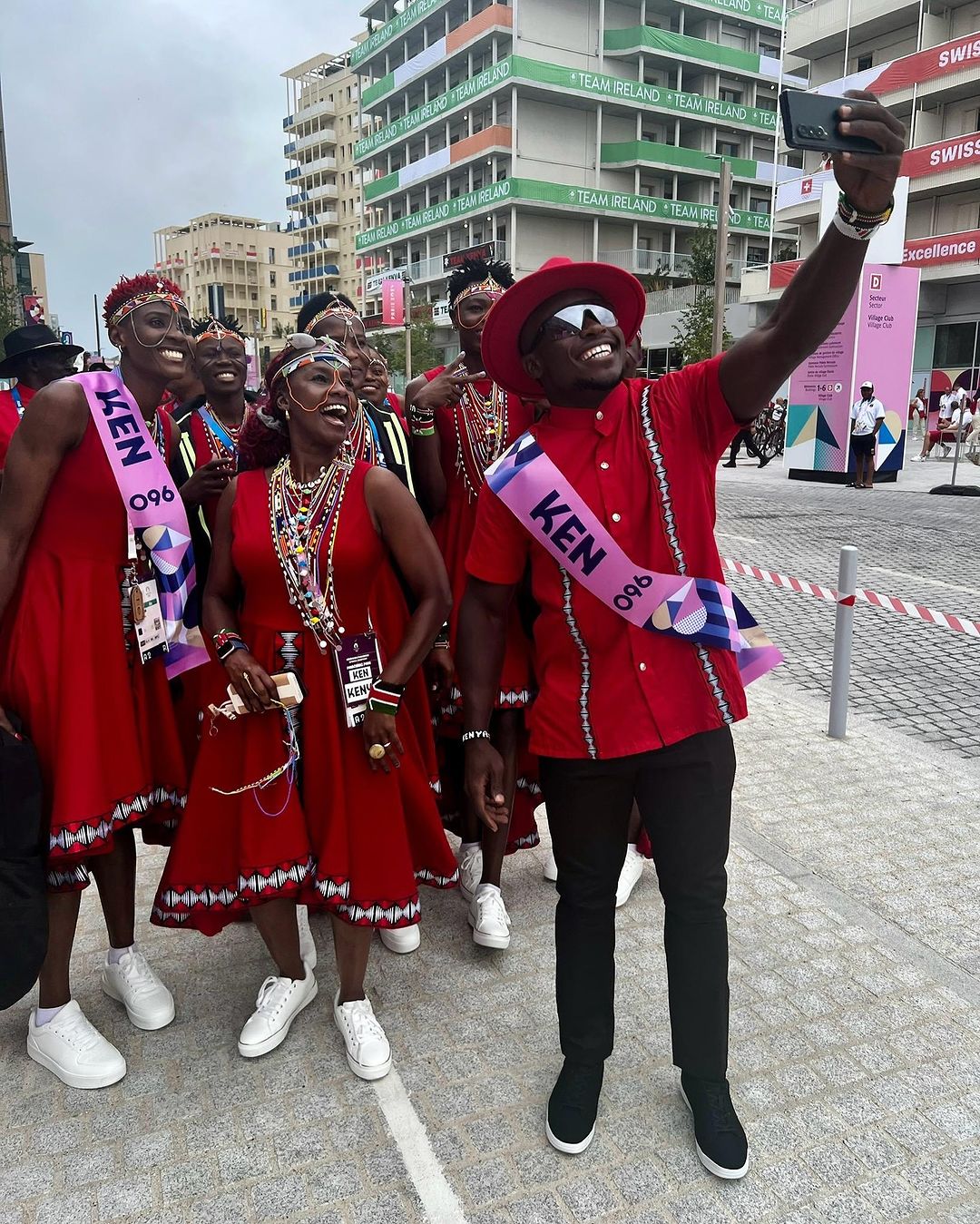 [PHOTO: Team Kenya members for the Paris Olympics 2024- collection were designed by Kovu Couture sponsored and produced by Vivo Woman]
[PHOTO: Team Kenya members for the Paris Olympics 2024- collection were designed by Kovu Couture sponsored and produced by Vivo Woman]
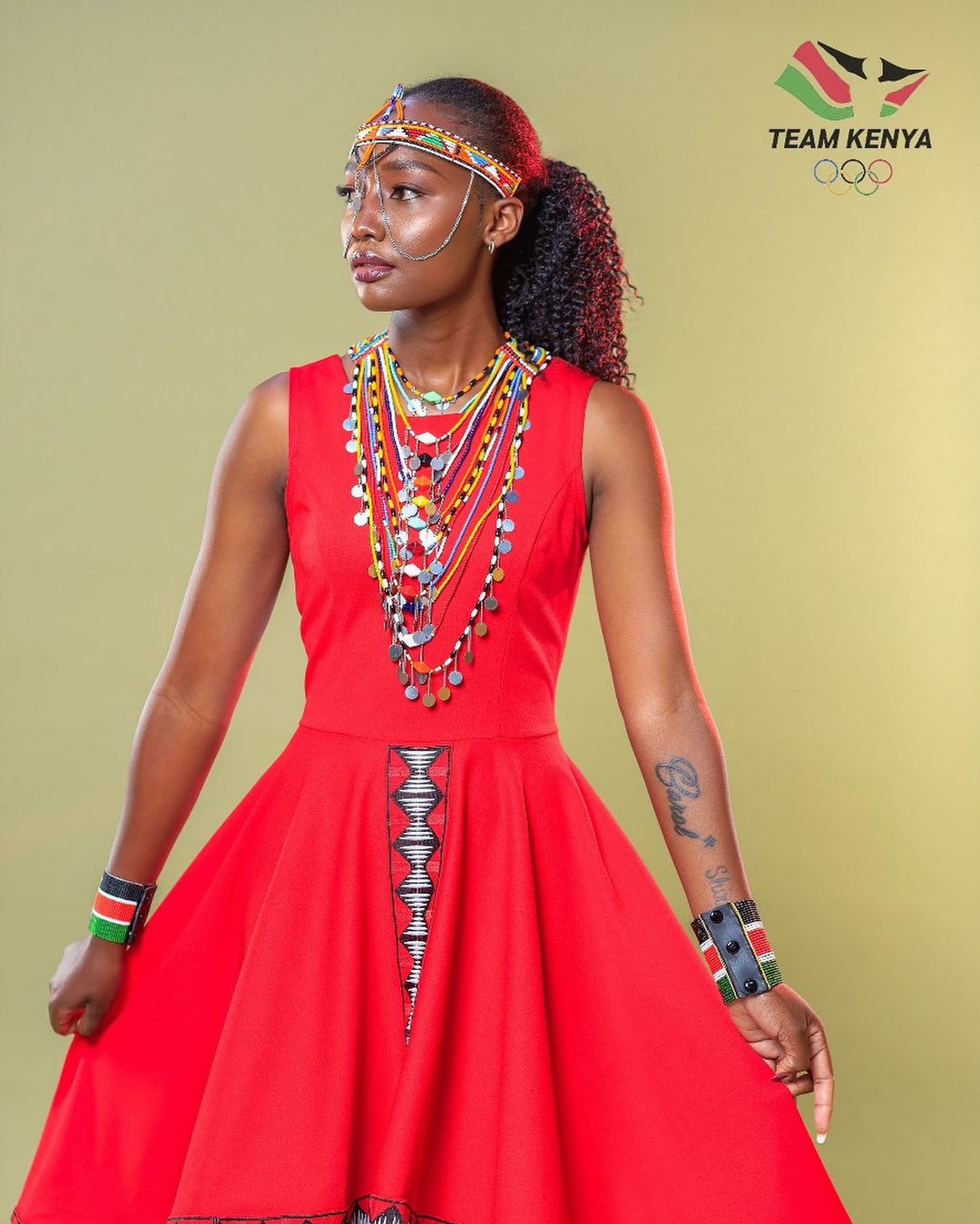 [PHOTO: collections were designed by Kovu Couture sponsored and produced by Vivo Woman for the Team Kenya in the Paris Olympics]
[PHOTO: collections were designed by Kovu Couture sponsored and produced by Vivo Woman for the Team Kenya in the Paris Olympics]
Rwandan Fashion Designer Behind the South Sudan Team's Collection in the Paris Olympics
In a surprising turn of events, MOSHIONS, a prominent Rwandan fashion house, has taken center stage at the Paris 2024 Olympics - not for dressing the Rwandan team, but for creating the custom apparel worn by South Sudan's Olympic team during the opening ceremony on Friday.
Founded by Moses Turahirwa, MOSHIONS has built a reputation for innovative designs that blend traditional Rwandan aesthetics with contemporary fashion. The brand proudly announced their involvement with the South Sudan team on their X (formerly Twitter) account, stating, "We are honored to have created the custom-made outfits for the South Sudan basketball team at the Paris Olympics."
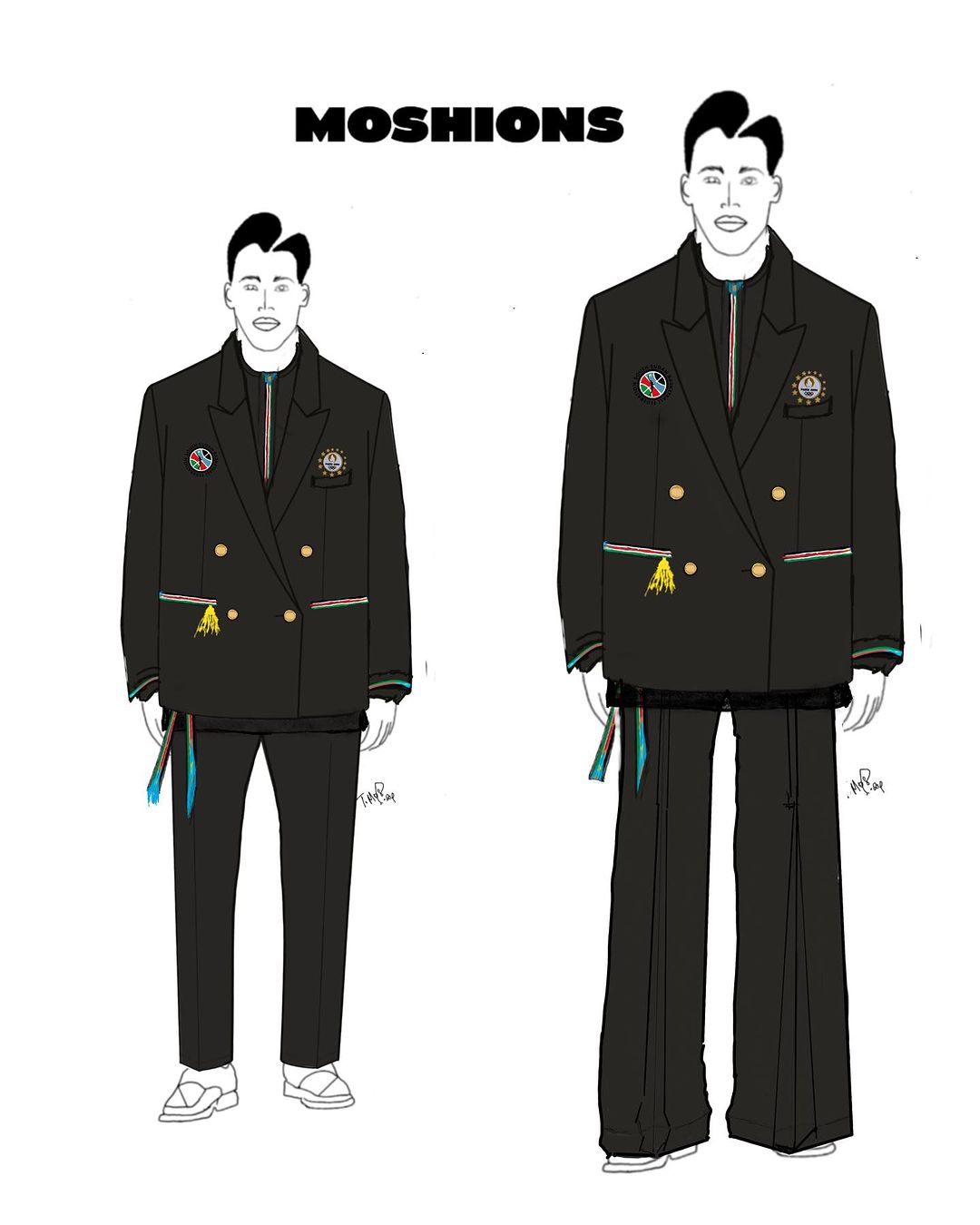
[PHOTO: Designs by Moshions for the South Sudan Team}
This announcement has sparked a mix of pride and confusion among fashion enthusiasts in Rwanda and abroad. While many celebrate the international recognition of Rwandan design talent, others question why MOSHIONS wasn't chosen to dress the Rwandan Olympic team.
Moses Turahirwa, the creative force behind MOSHIONS, has long been a figure of interest in Rwanda's fashion scene. Known for pushing boundaries in both design and personal expression, Turahirwa has garnered attention not only for their fashion creations but also for being a transgender designer in a country where LGBTQ+ rights remain a sensitive topic. Despite potential challenges, Turahirwa has previously counted high-profile clients among their customer base, including Rwandan President Paul Kagame and other African leaders.
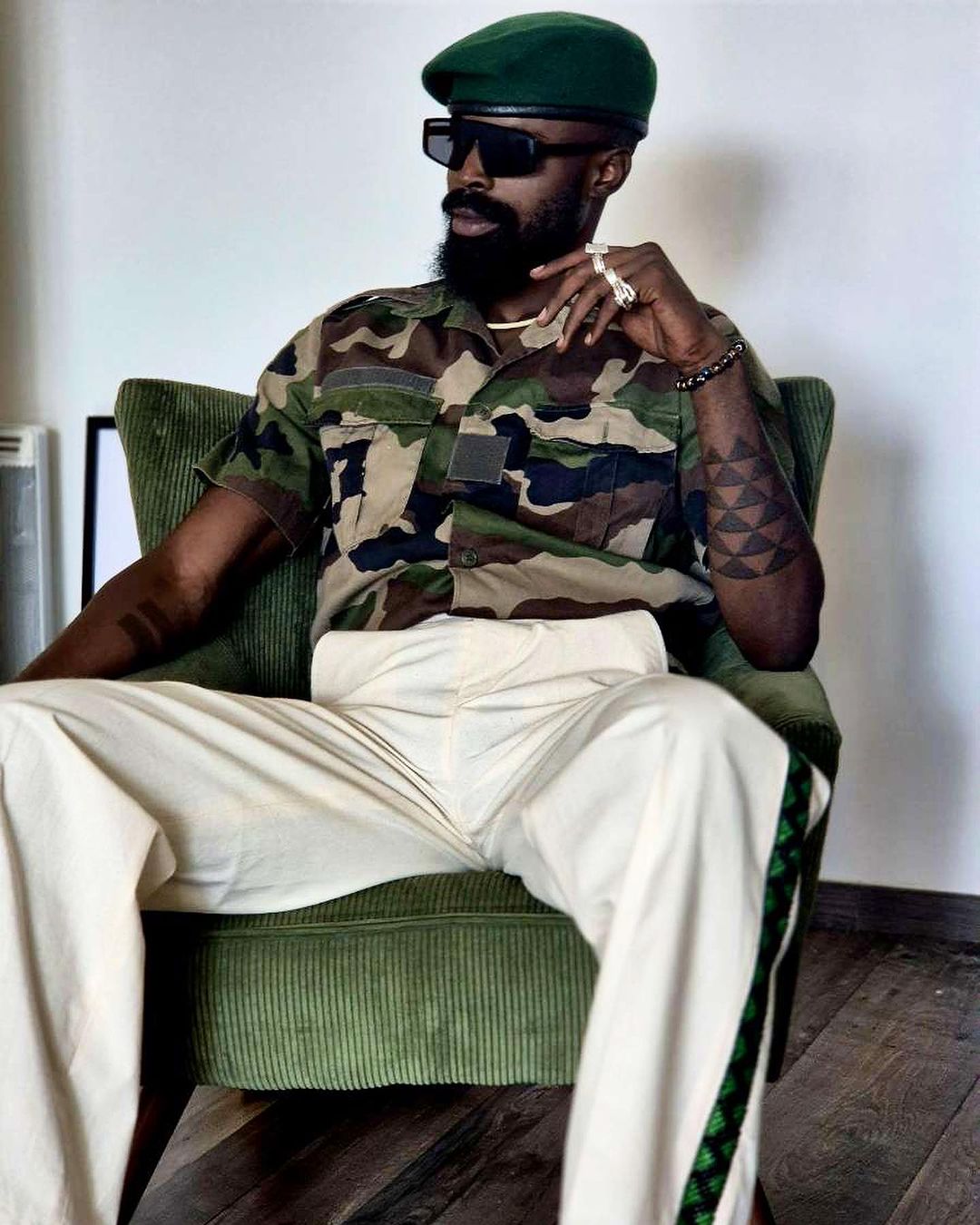
[PHOTO: Moses Turahirwa Creative Diesgner at Moshions , a fashion brand based in Rwanda]
The decision to design for South Sudan's team has raised eyebrows within Rwanda's fashion community. One fashion enthusiast, speaking with the RCFS's MEDIA, expressed surprise at the development: "It shows that in Rwanda something is not right on his side. Why is he designing for South Sudan not Rwanda? Because no one cares about him anymore when it comes to job offers."
This sentiment reflects a broader concern about the support for local designers within Rwanda itself. While the country has made significant strides in promoting its "Made in Rwanda" initiative across various sectors, some feel that the fashion industry, particularly in high-profile events like the Olympics, has been overlooked.
A Rwandan fashion enthusiast based in France shared their disappointment with the Rwandan team's appearance at the Paris Olympics: "When you look at what our team's collection in Paris Olympics, nothing new, nothing creative. I guess the Ministry of Sports didn't care about promoting made in Rwanda to the world, and this is so sad for our fashion designers."
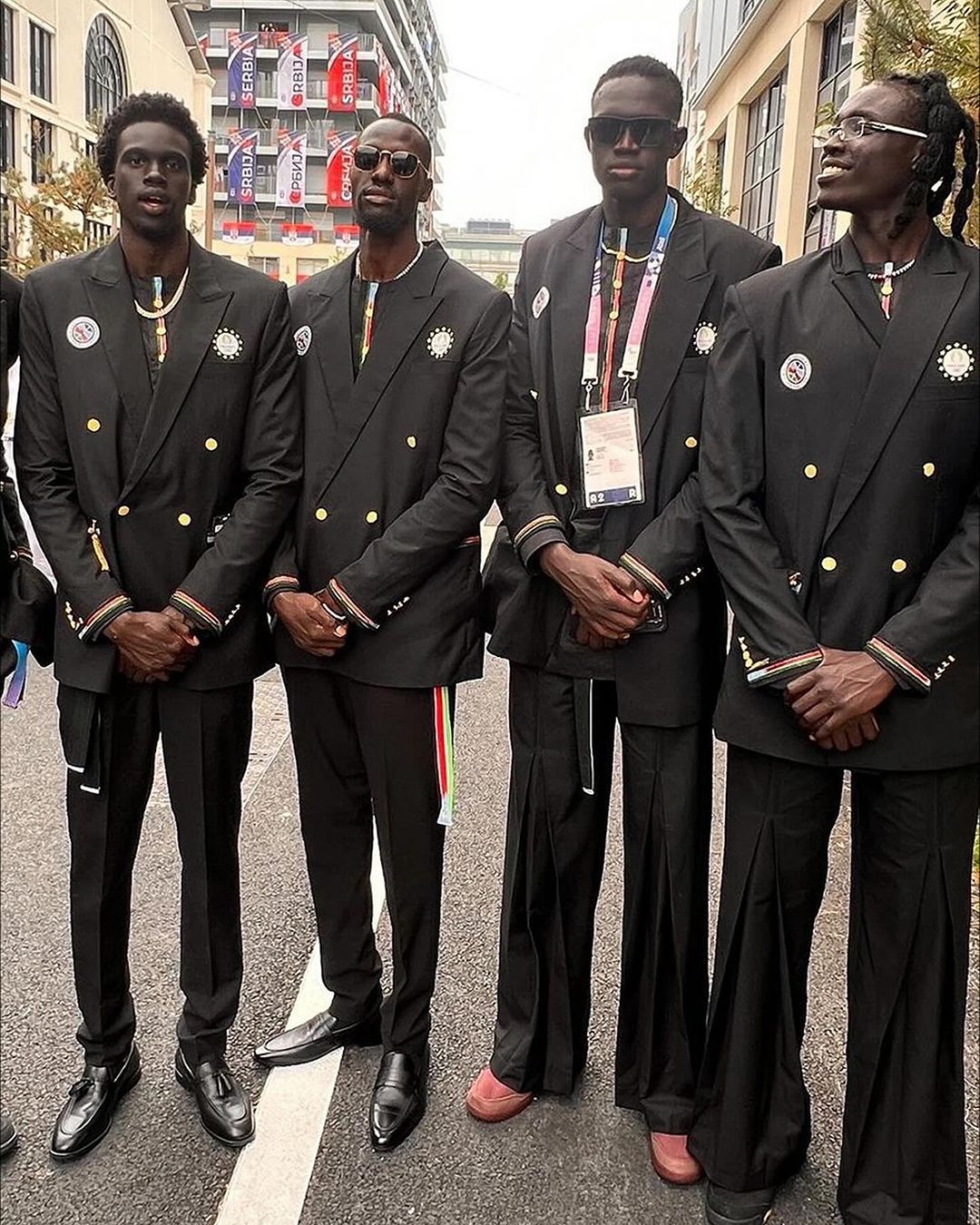 [PHOTO: Designs by Moshions for the South Sudan Team}
[PHOTO: Designs by Moshions for the South Sudan Team}
This criticism highlights a missed opportunity for Rwanda to showcase its burgeoning fashion industry on a global stage. The Olympics, watched by millions worldwide, serve as a powerful platform for cultural diplomacy and nation branding. By not utilizing local talent for their Olympic uniforms, Rwanda may have inadvertently sent a message about the perceived value of its domestic fashion industry.
However, MOSHIONS' involvement with the South Sudan team also demonstrates the potential for African designers to make an impact beyond their national borders. South Sudan, the world's youngest country, has faced numerous challenges since gaining independence in 2011. By choosing a renowned African designer for their Olympic apparel, the country signals its desire to be seen as part of the larger African community and to present a forward-looking image to the world.
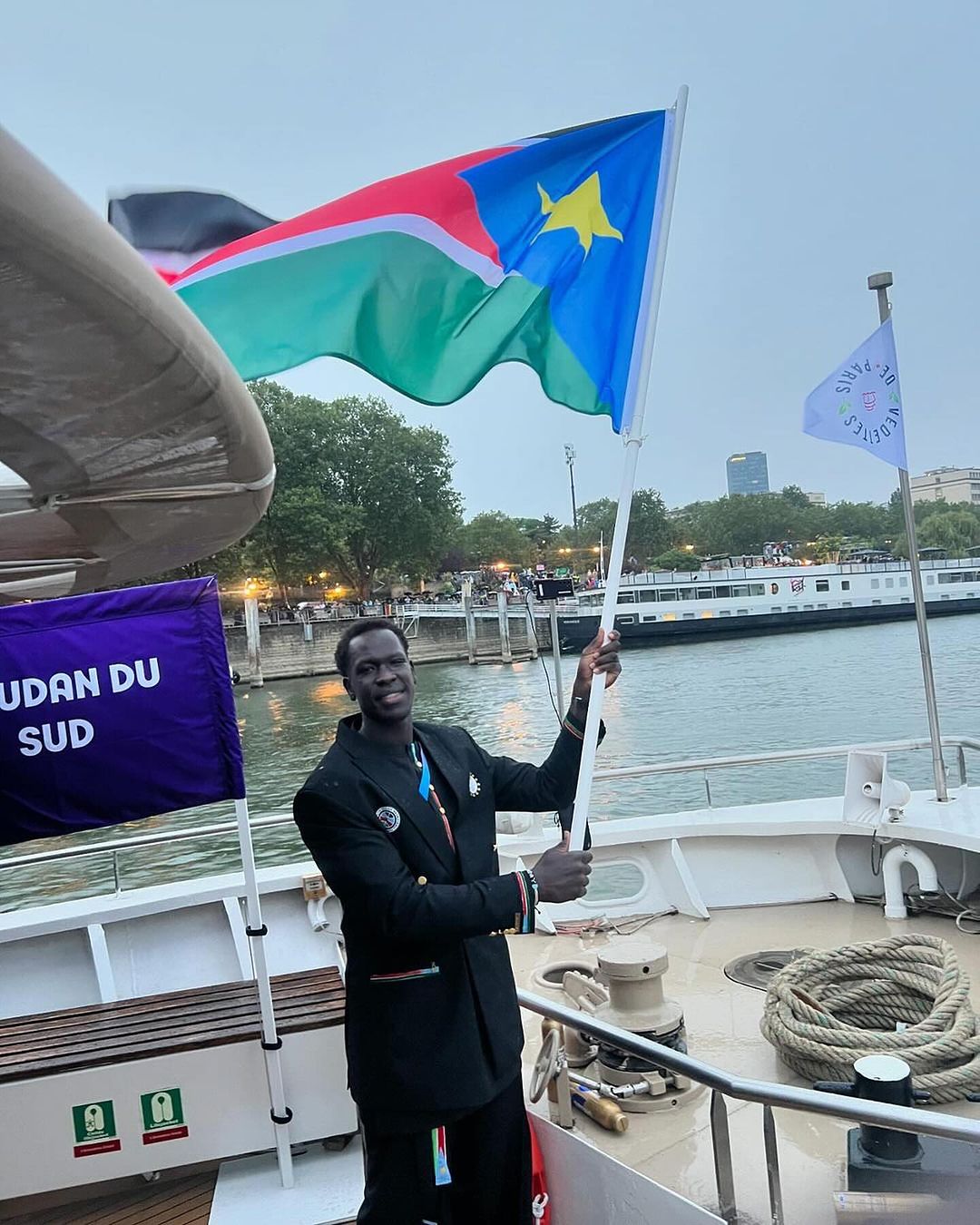 [PHOTO: Designs by Moshions for the South Sudan Team}
[PHOTO: Designs by Moshions for the South Sudan Team}
The collaboration between MOSHIONS and South Sudan also raises questions about the nature of pan-African cooperation in the creative industries. As African countries increasingly look to diversify their economies and boost their cultural exports, cross-border collaborations like this one could become more common. This could lead to a more integrated African fashion scene, where talent and creativity flow freely across national boundaries.
For MOSHIONS, this Olympic moment represents both an achievement and a challenge. While it undoubtedly raises the brand's international profile, it also highlights the complex dynamics they navigate at home. The praise from abroad contrasted with the questions raised domestically illustrates the often-difficult path faced by creatives who push societal boundaries.
As the Paris Olympics continue, the outfits designed by MOSHIONS for the South Sudan team will be seen by millions. This visibility could open new doors for the brand and for Rwandan fashion in general. It may also prompt a reevaluation within Rwanda of how the country supports and promotes its fashion industry, particularly in high-profile international events.
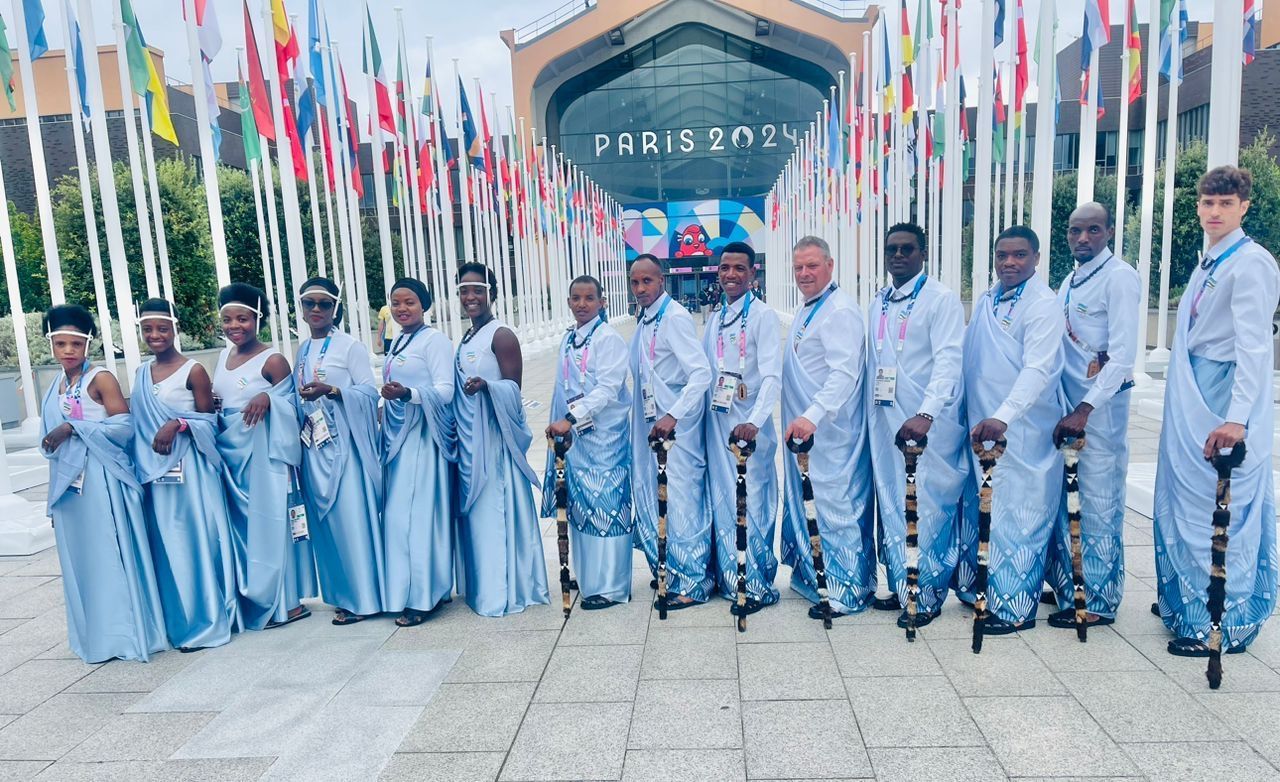 Rwanda's teams departed from the Olympic Village to Port d'Austerlitz on the Seine for the Olympic Games opening ceremony this Friday, each country paraded on a boat.
Rwanda's teams departed from the Olympic Village to Port d'Austerlitz on the Seine for the Olympic Games opening ceremony this Friday, each country paraded on a boat.
The story of MOSHIONS and the South Sudan Olympic team serves as a reminder of the power of fashion to transcend borders, challenge perceptions, and create unexpected connections. As Africa continues to assert its place in the global fashion industry, collaborations like this may become increasingly common, reshaping the landscape of African fashion and its perception on the world stage.
Rwanda’s fashion industry has been enjoying a remarkable recognition on the global scene. At first, it was fashion designers whose collections have been embraced by the world’s top celebrities; and now, a new generation of models continues to run the show at international runways and gracing the pages of prestigious fashion magazines.
From New York to Paris and Milan to the United Kingdom, Rwandan models have transcended local fame to become familiar faces in the competitive global fashion industry. In no particular order, The New Times looks at the top 10 Rwandan supermodels that are taking it to the world, explore their journeys and milestones.
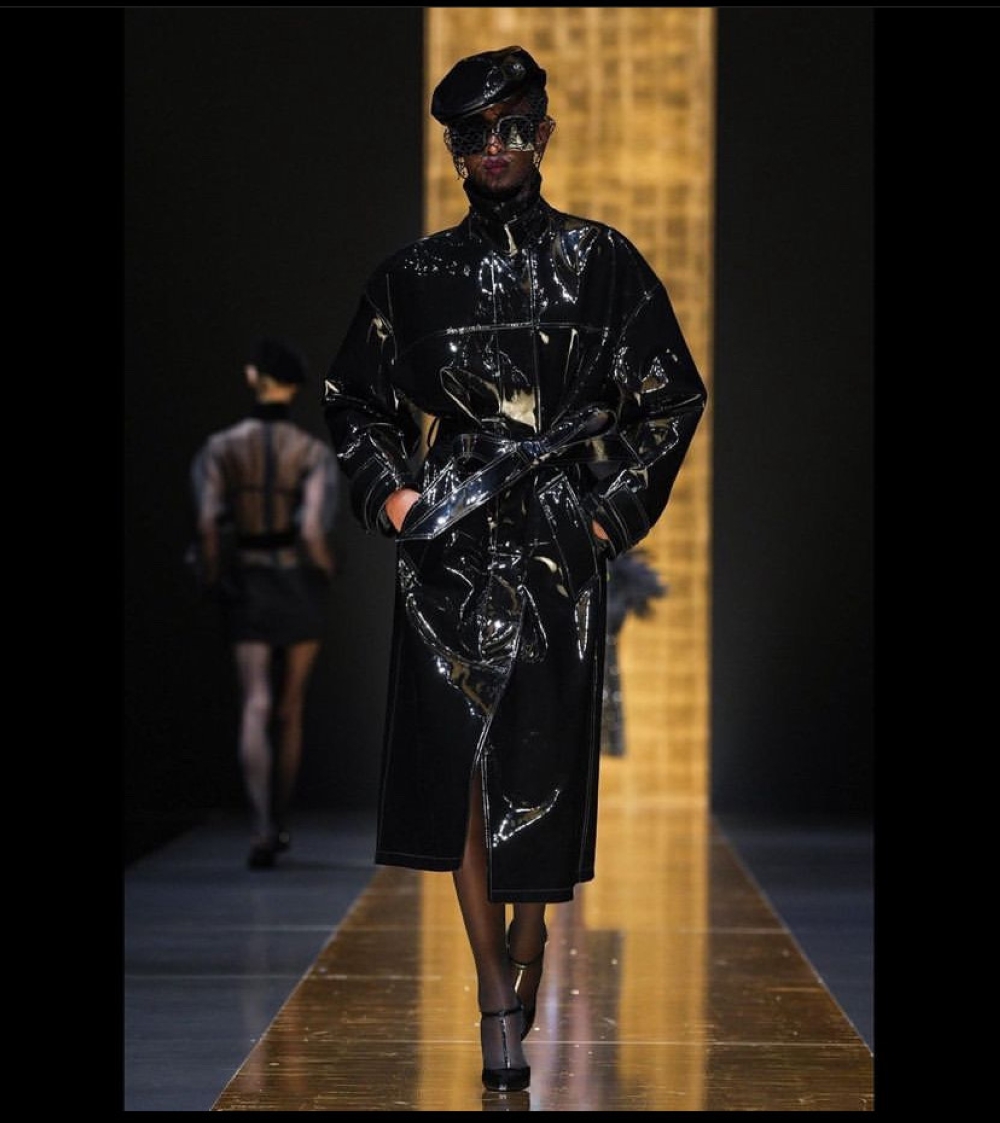
Mushikiwabo is already cementing her name on the global modeling scene, having hit runways for a host of world’s renowned fashion brands like Tommy Hilfiger, Balmain Paris, Victoria Beckam, Carven, Gucci, Prada and Dolce Gabbana, just to mention a few.
The Rwandan model’s talent was discovered by various management agencies like The Wave, Select Models Paris and Muse Model NYC among many others. She successfully passed different castings and hence seized every opportunity presented to her to reach the spotlight.
She’s now among most sought-after Rwanda models considering the fashions she headlined.
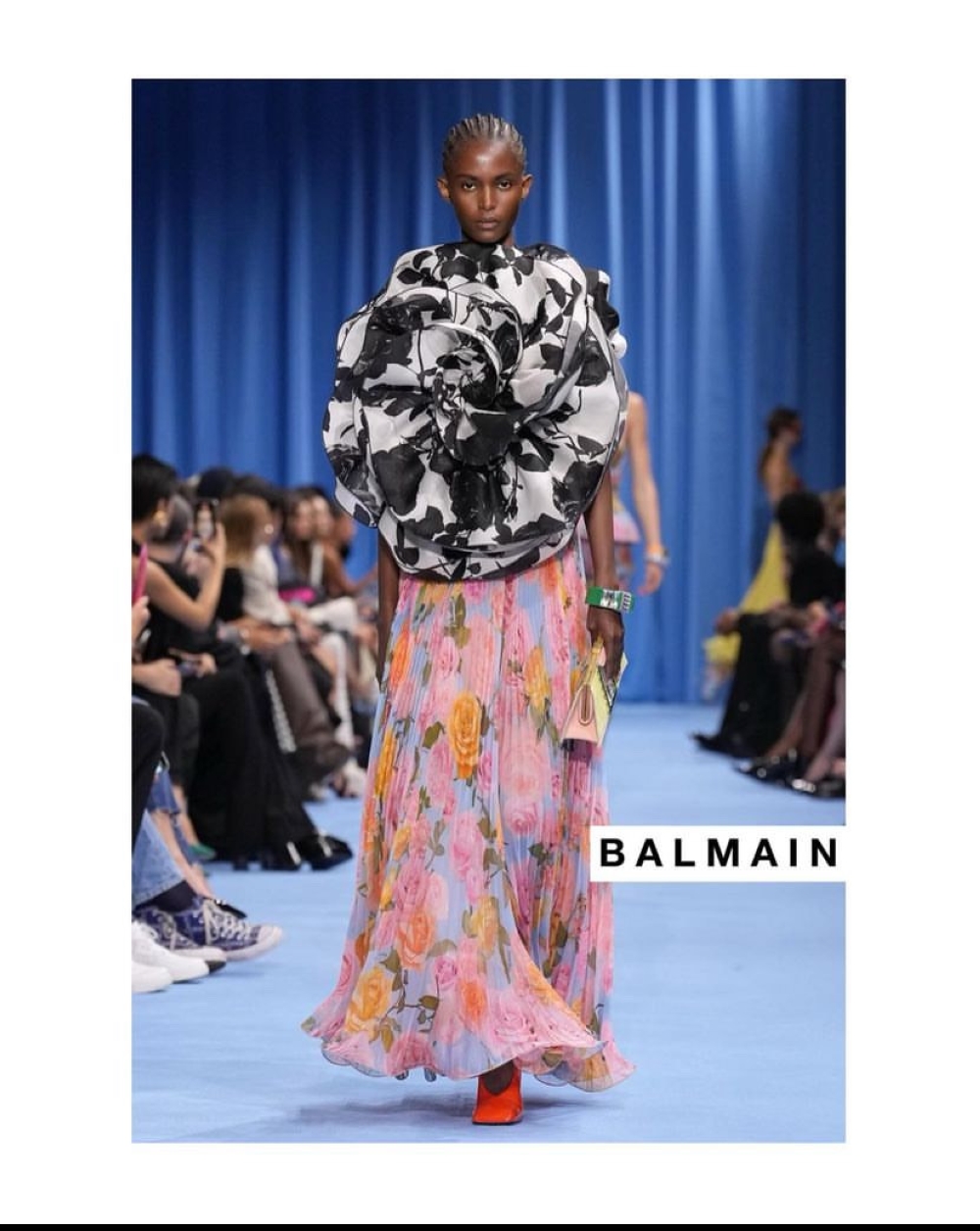
Christine Munezero
The 26-year-old model continues to fly the Rwandan flag high at the international fashion arena, gracing major brands at noteworthy events such as Milan Fashion Week, Paris Fashion, London Fashion Week and New York Fashion Week to list a few.
Munezero works with famous fashion lines in the world such as Maison Valentino, Maison Malgiela, Chloe, Dior, Versace, Maxmara, Gucci, Courrèges, Giambattiste Vali and others.
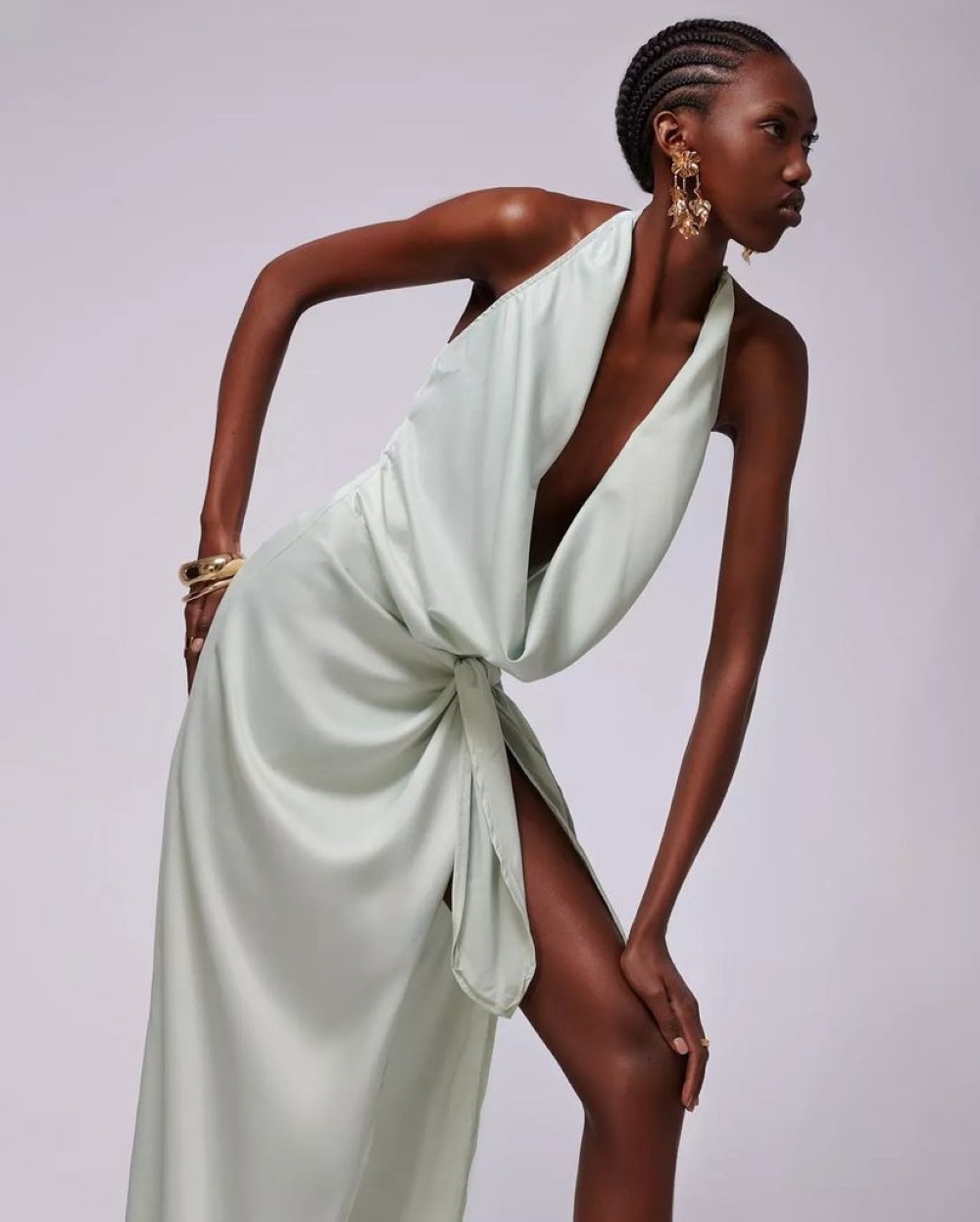
Niyirera made her debut modeling career in early 2024 when she found herself among five Rwandan models who participated at the Paris Fashion Week. The platform since opened many doors for the young but talented model who rose to fame under the management of Isis Model Africa, Metropolitan Models group and Muse Management NYC among others.
She is one of Rwanda’s most promising models considering that, since the beginning of 2024, she successfully worked with various fashion brands from United Kingdom, Italy and France.
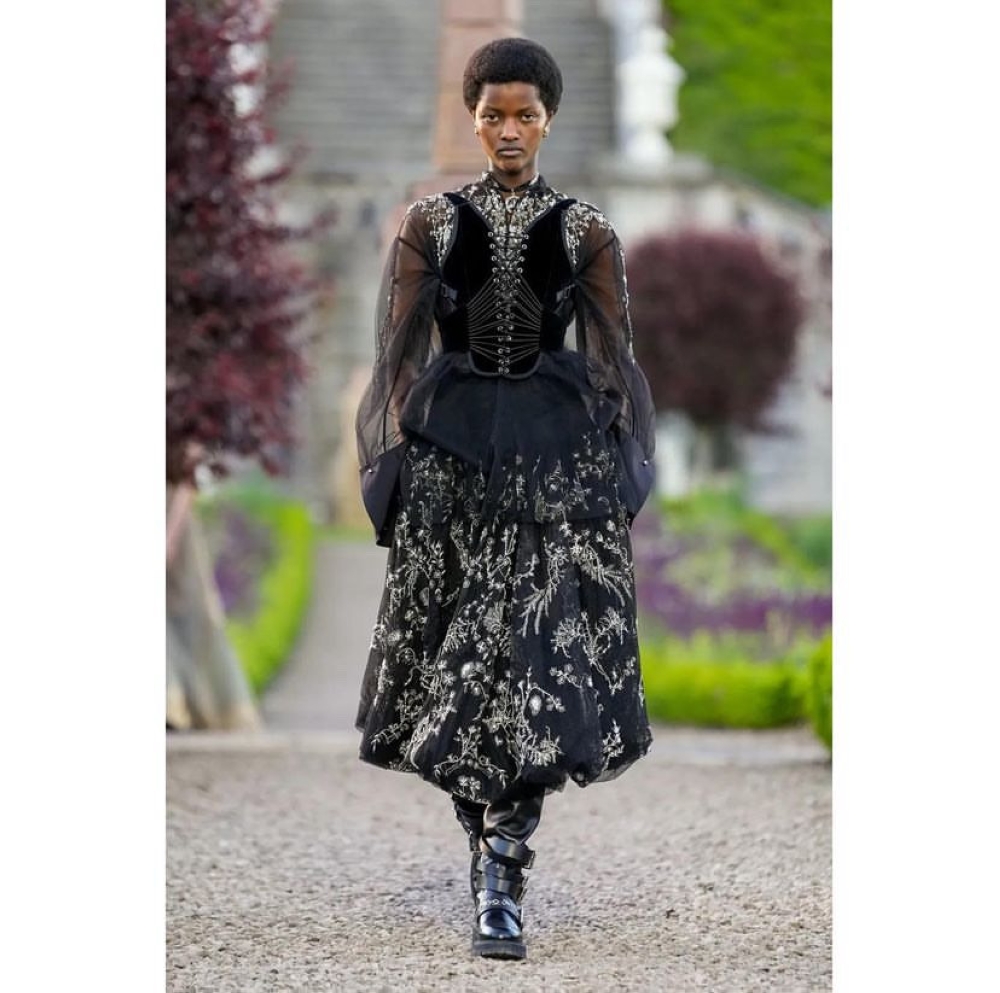
At 23, Umufite is enjoying the best moments and milestones of her modeling career since she was introduced to the international scene after passing the model casting by the Hunt Management. She has since headlined a series of international fashion shows across the global showcasing collections of big houses like Prada, Fendi, Dior, Hermes, Adidas Y3 and Dolce & Gabbana among others.
The young top model, commonly known on stages as Anipha Kay, in 2022 won lucrative deal to not only do commercials for Kanye West’s collection 'Yeezy Gap' but also feature in the same magazine with renowned world’s top model Naomi Campbell.
With the deal, she had her photos in the American musician's collection published in the 2023 edition of London-based popular fashion and culture magazine "Re-edition Magazine", with Campbell being at the cover of the mag.
In May 2024, Umufite also featured in Vogue Italia, one of world’s top fashion magazines. Before venturing modeling world, she was a journalist at Isango Star, a Kigali-based radio and Television station. The Hunt Management, Elite Modeling Agency Network and Society Management are the agencies that are currently managing Umufite.
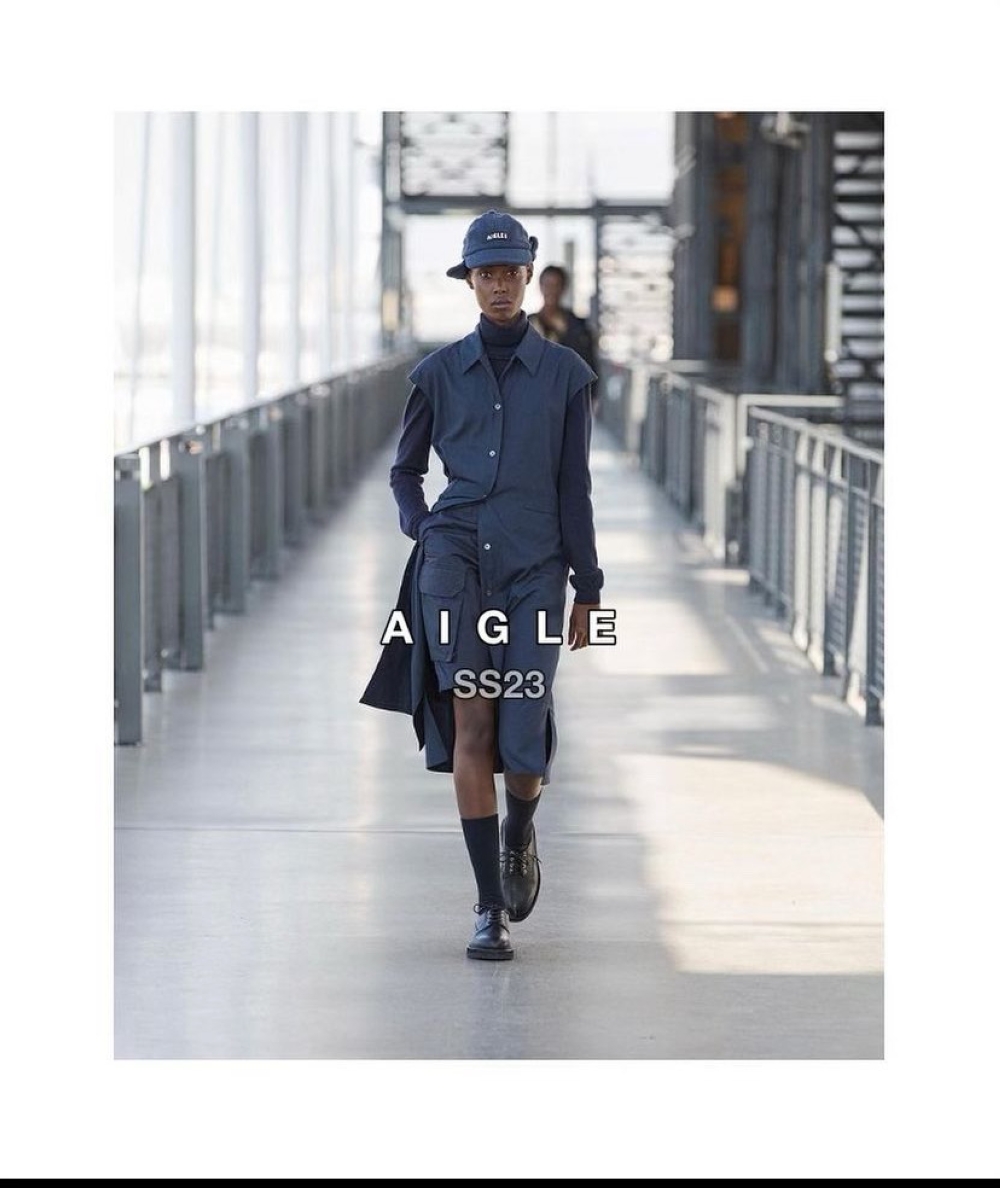
Jennifer Girukwishaka
Girukwishaka is one of the biggest models representing Rwanda at global fashion stages. It was in October 2021 when she first appeared in an international fashion show in Paris, France and her journey has been nothing short of spectacular, from one runway to another.
She is under modeling agencies from Italy, England, France, USA, and Uno models based in Barcelona and Madrid.
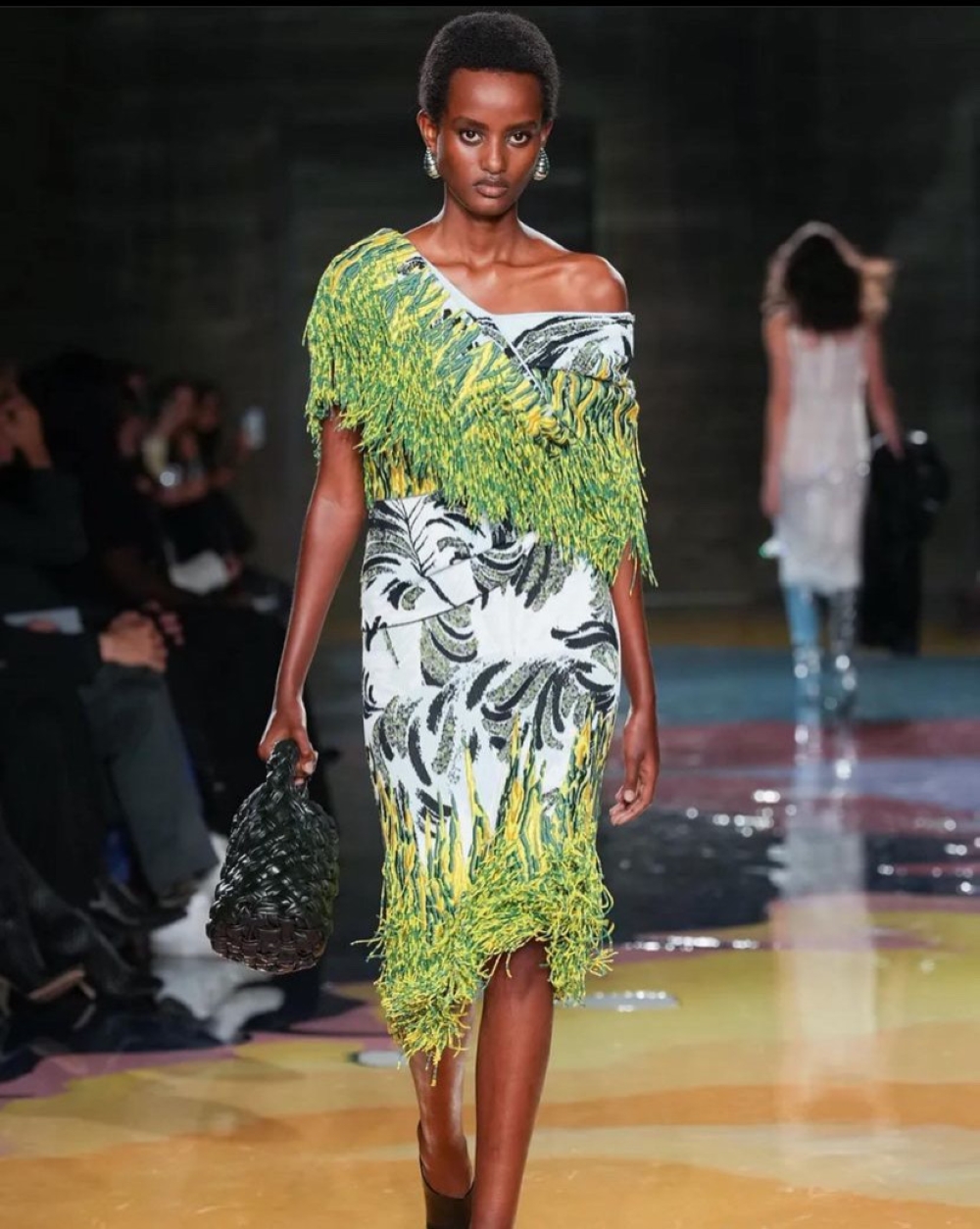
Ines Pamela
Pamela’s modeling journey took shape in 2021 with assistance from a Rwandan modeling agency, ‘We Best Models Management’ owned by acclaimed modeling pioneer Franco Kabano. She has since participated at different prestigious runways in the world.
Among many runways that she graced include the iconic Louis Vuitton show in London, Paris Fashion Week representing Bamain’s collection, Bottega Veneta ss23, and the British luxury fashion show, Alexander McQueen among others.
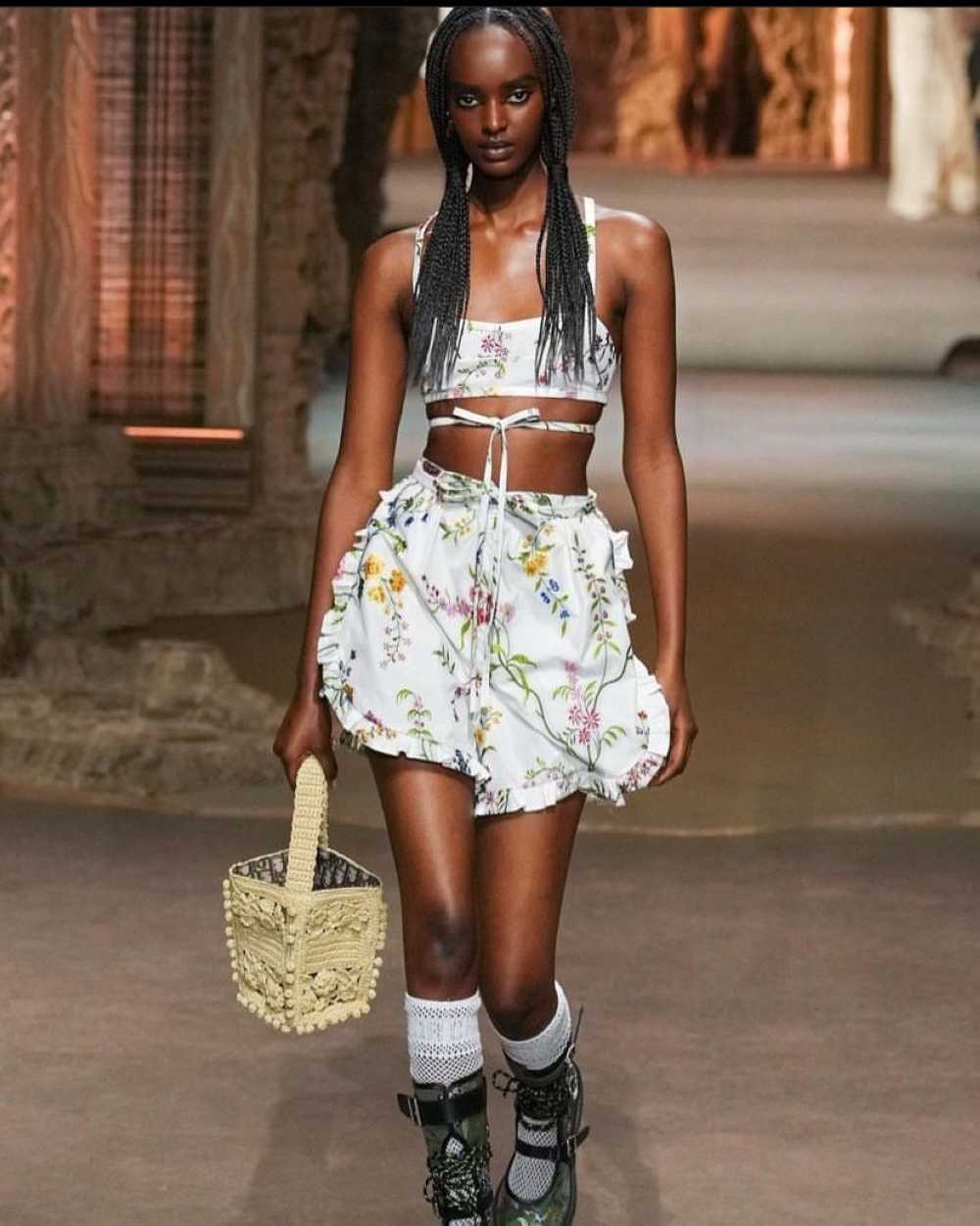
The 21-year-old is among the youngest Rwandan models making waves at the international fashion stages, after impressing at London Fashion Week and at the Paris Fashion Week, where she appeared in two concerts named Courreges and Giambattist.
In 2021, Isheja attended the Miss Rwanda beauty contest and she made it in the top 10 finalists.
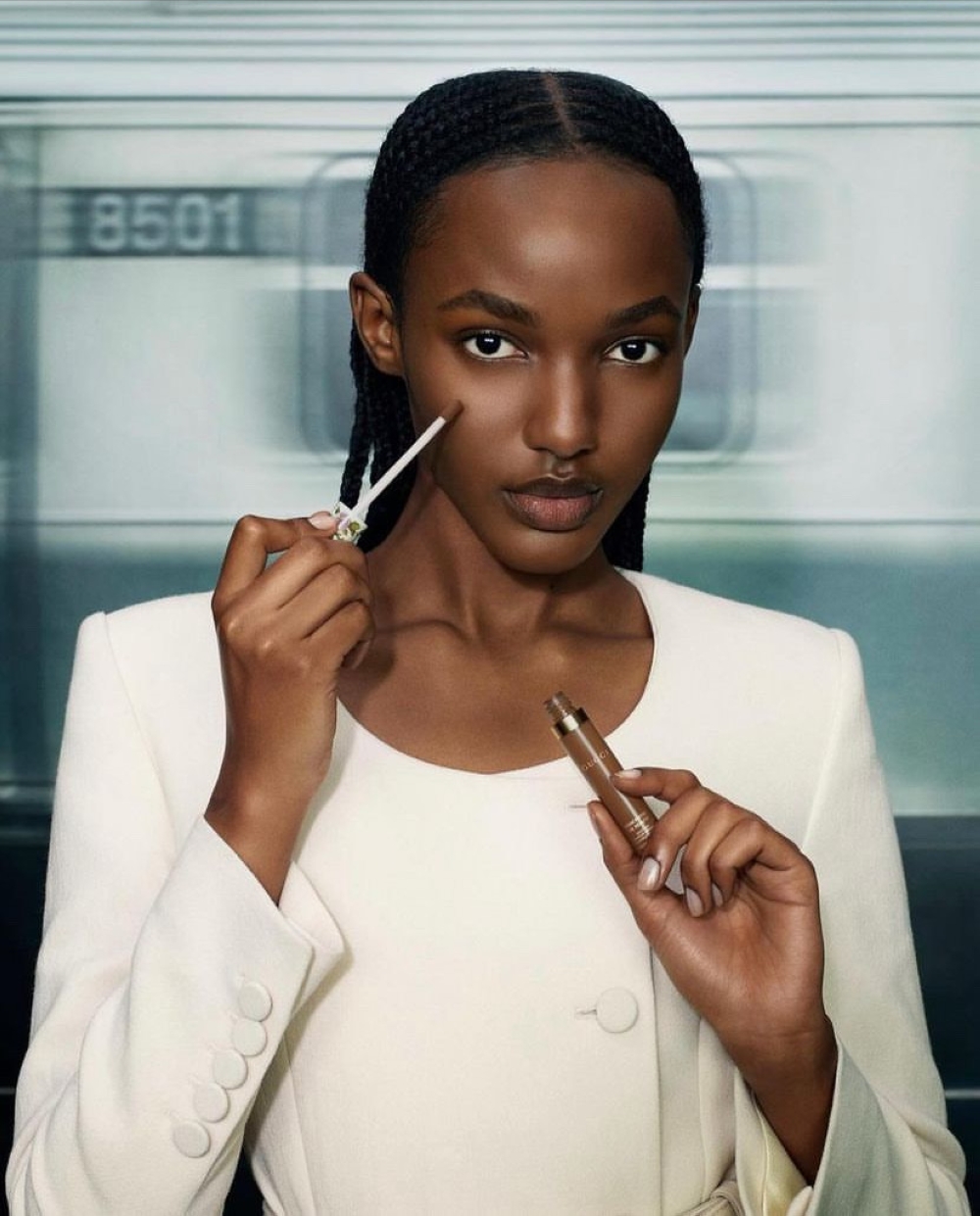
Kirezi is Isheja’s sister.
The Rwandan model is making a name for herself as part of emerging talents in the fashion industry. She lived her dream when she walked alongside Naomie Campbell and Winnie Harlow at London Fashion Week.
She is currently under the management of various agencies like Isis Models Africa, Mirrrs Model Management, Milk Model Management and Two Management Barcelona.
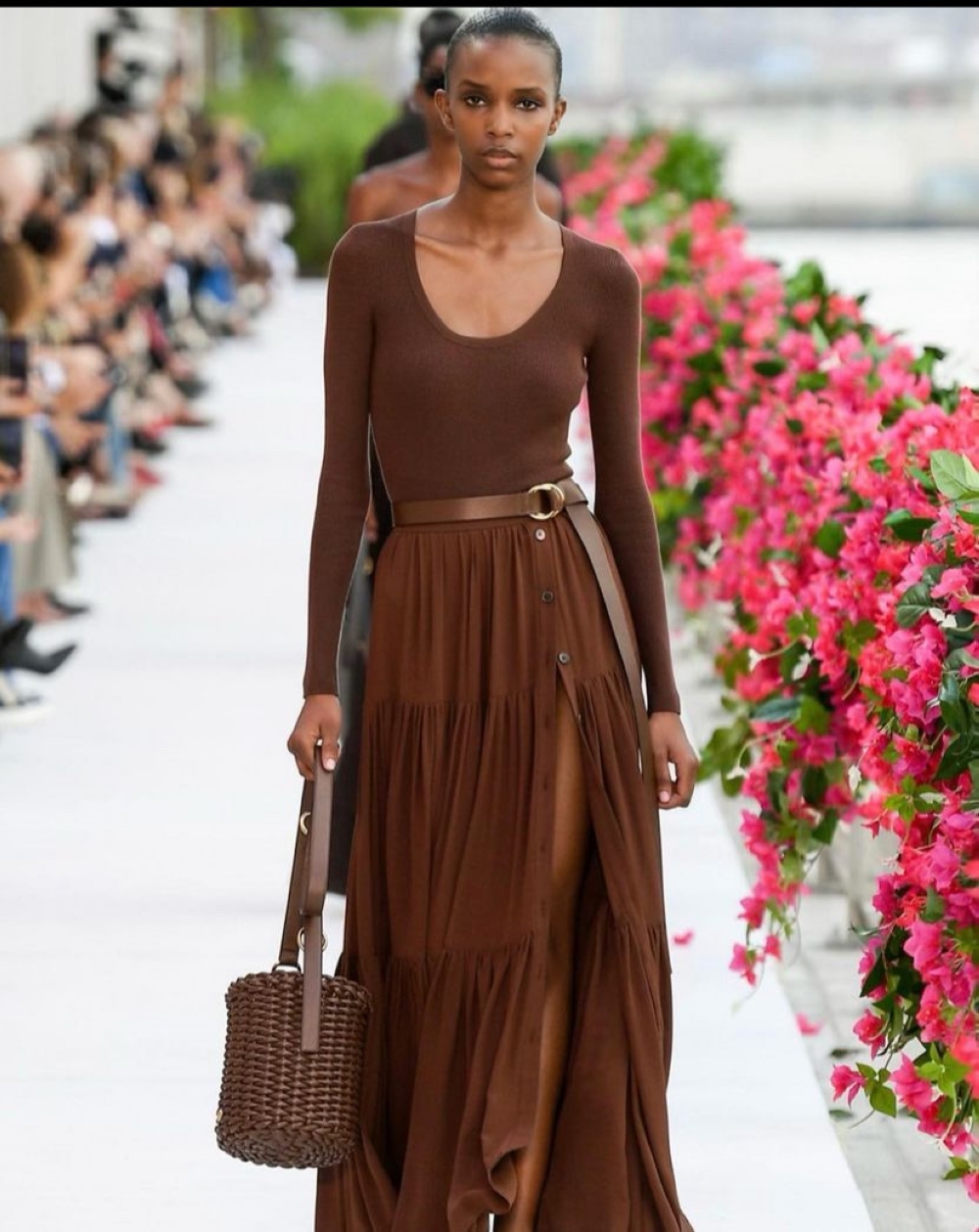
Ornella Umutoni
Umutoni was also among the five models who presented designs at the Paris Fashion Week in February 2024. She presented Loewe, Hermes, and MIU MIU designs.
In December 2023, she was styled by Anne Rabeux in Brussels, Belgium.
Umutoni is signed under modeling agencies based in the USA, Italy, France, Barcelona and Greece.
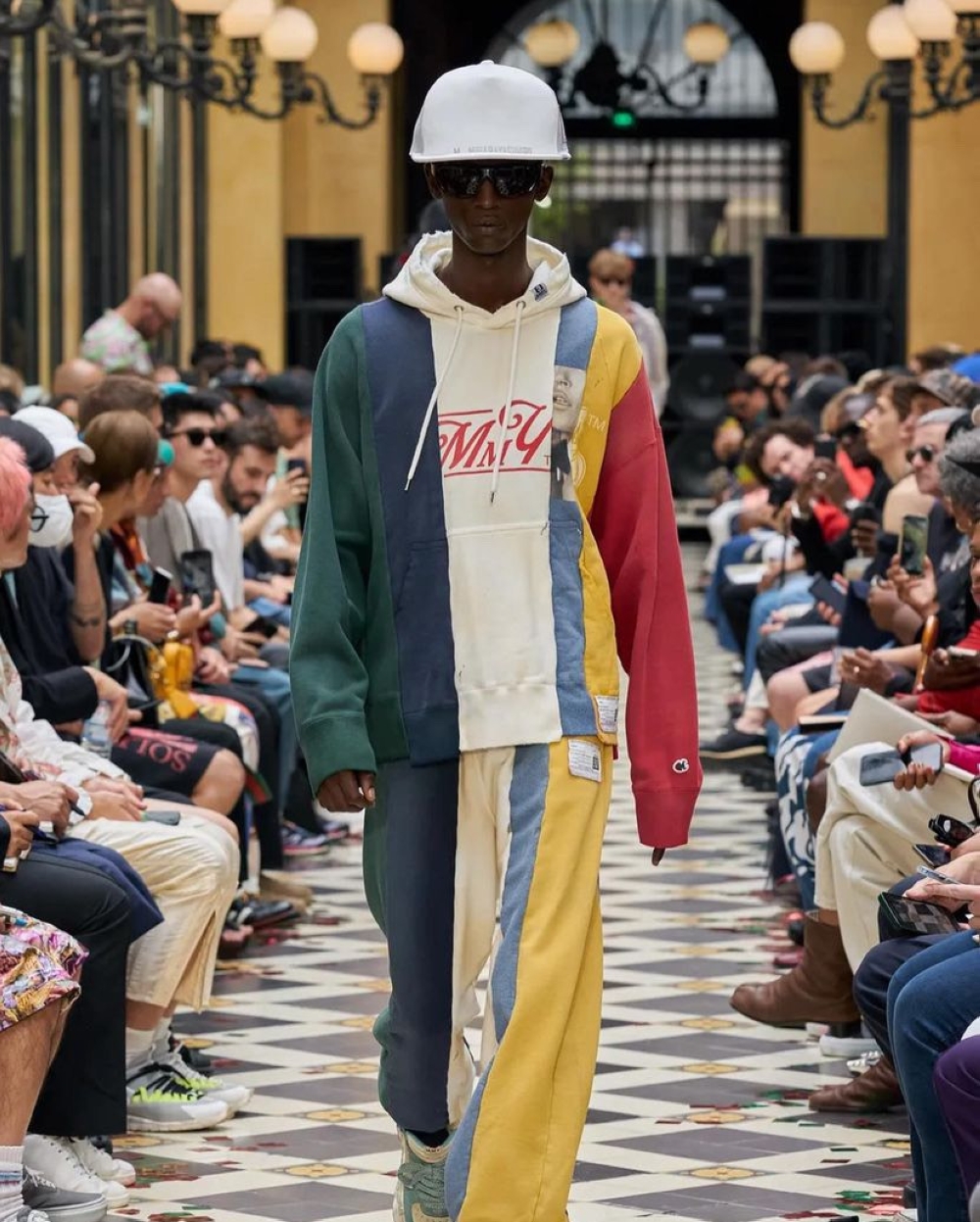
Claude Niyonizeye
Claude Niyonizeye, is a rising star in the fashion industry. He ventured into modeling as a career in 2022, introduced by his mother agency Webest Model Management.
Niyonizeye, who is currently managed by French modeling agency Select Model Paris as well as Wave Management and Two Management New York, is quickly making his mark on international runways like Paris and Milan Fashion Week.
He walked for renowned Japanese Fashion House Mihara Yasuhiro during the 2024 Paris Fashion Week.
At least 30 models were selected during the pre-selection of Rwanda’s Global Top Model contest held at the Olympic Hotel over the past week. Three winners will get a chance to participate at prestigious runways across the globe.
Organized by Embrace Africa, the model contest aims at giving Rwandan models a platform to showcase their runway talent at various international fashion events which have produced famous top models like Naomi Campbell and Gisele Bundchen who are currently among the three highest paid supermodels in the world.
The 30 selected models include five most voted for contestants, five people’s choice models and five best performing models in virtual casting while 15 were selected by judges.
Paulette Ndekwe, the organizer of the contest, told The New Times that the last two editions opened doors to Rwandan models, some of whom went on to win international awards while others featured in renowned fashion magazines in the United States.
She also disclosed that the contest has a new partner in Ludwik Kędziora, a Polish businessman. The list of the top 30 selected contestants includes Gloria Bobette Gahigana, Justine Tuyizere, Naillah Mugeni, Azim Mizero, Mike Manirakiza, Gilbert Mugisha, Kelia Uwase, and Rachel Isheja among others.
After the pre-selection, contestants will compete through interviews which will run until July 29. The finale, scheduled for August 10, will see the three best models selected as Rwanda’s Global Top Models of 2024.
The three winners must include one model with the highest number of votes, a model selected by judges, and a wild card for the third model. A coronation and send off ceremony for the top three finalists will be held in Kigali on August 17.
Last year’s winners got a chance to hit the runway at various international fashion gigs. Diane Ngabonziza, for instance, represented Rwanda at the fourth edition of the Miss Supermodel Worldwide contest held in New Delhi, India in April 2023 while Sylvie Isimbi took part in Miss Friendship International which took place in Chengdu, China in October 2023.
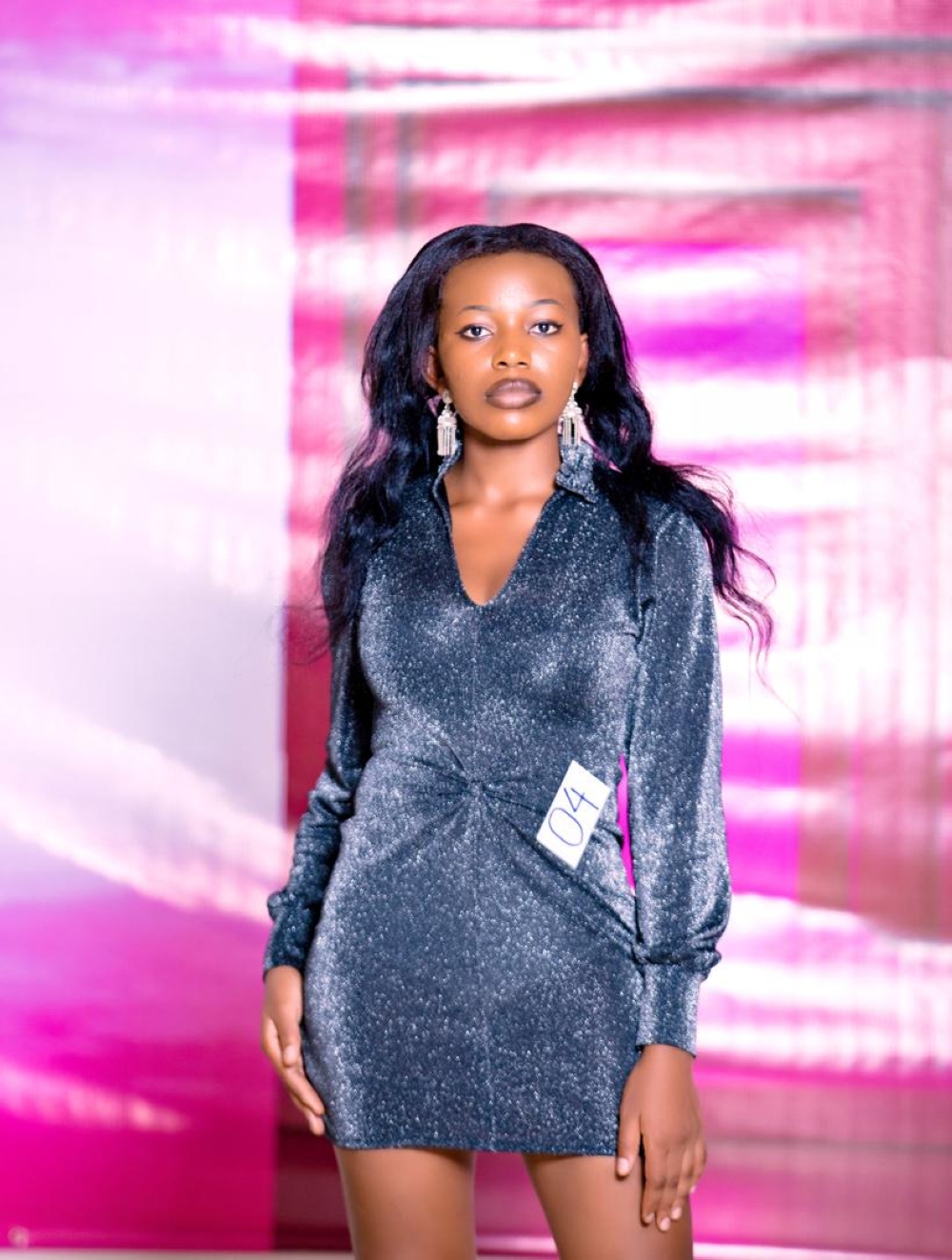
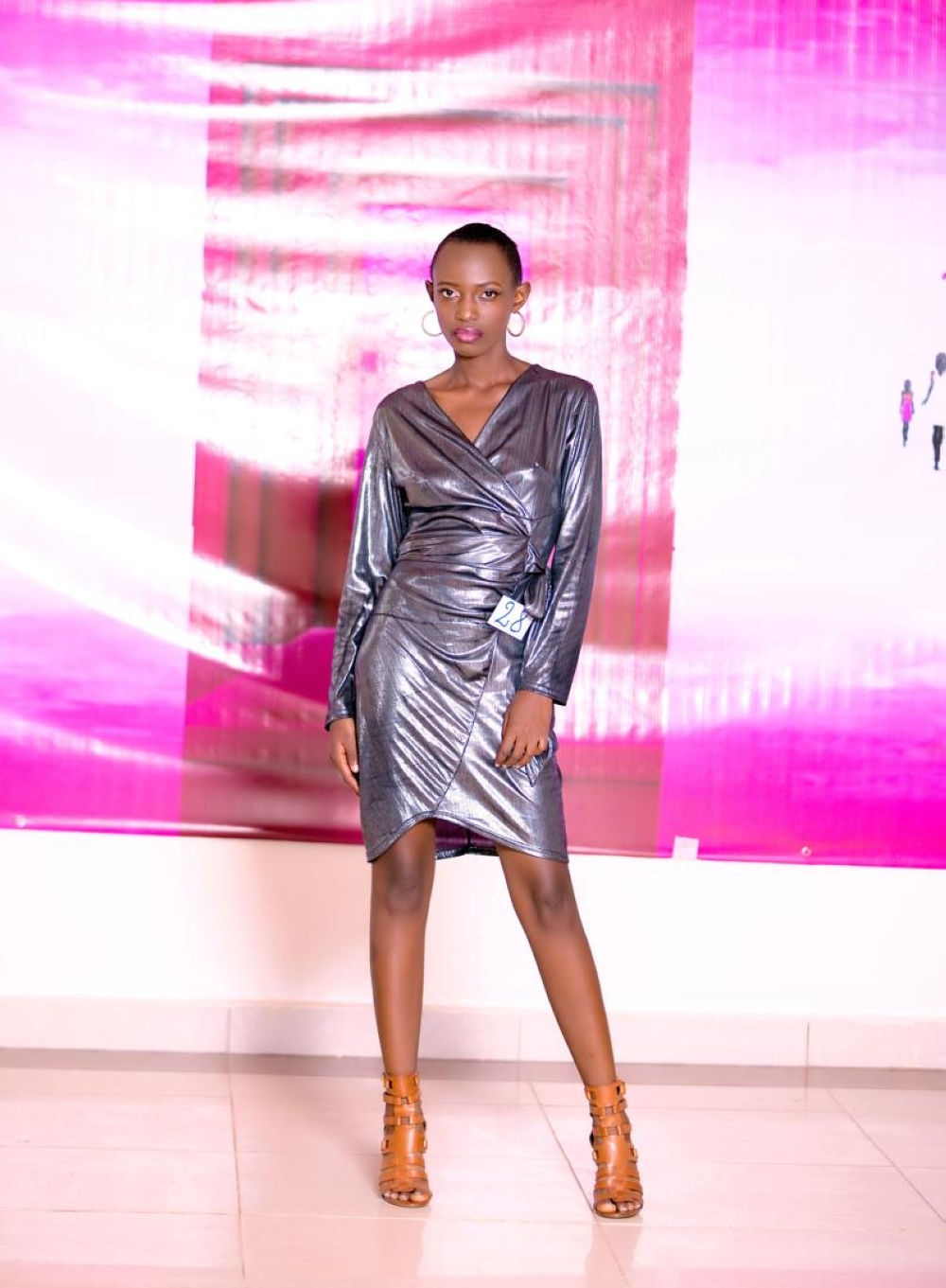
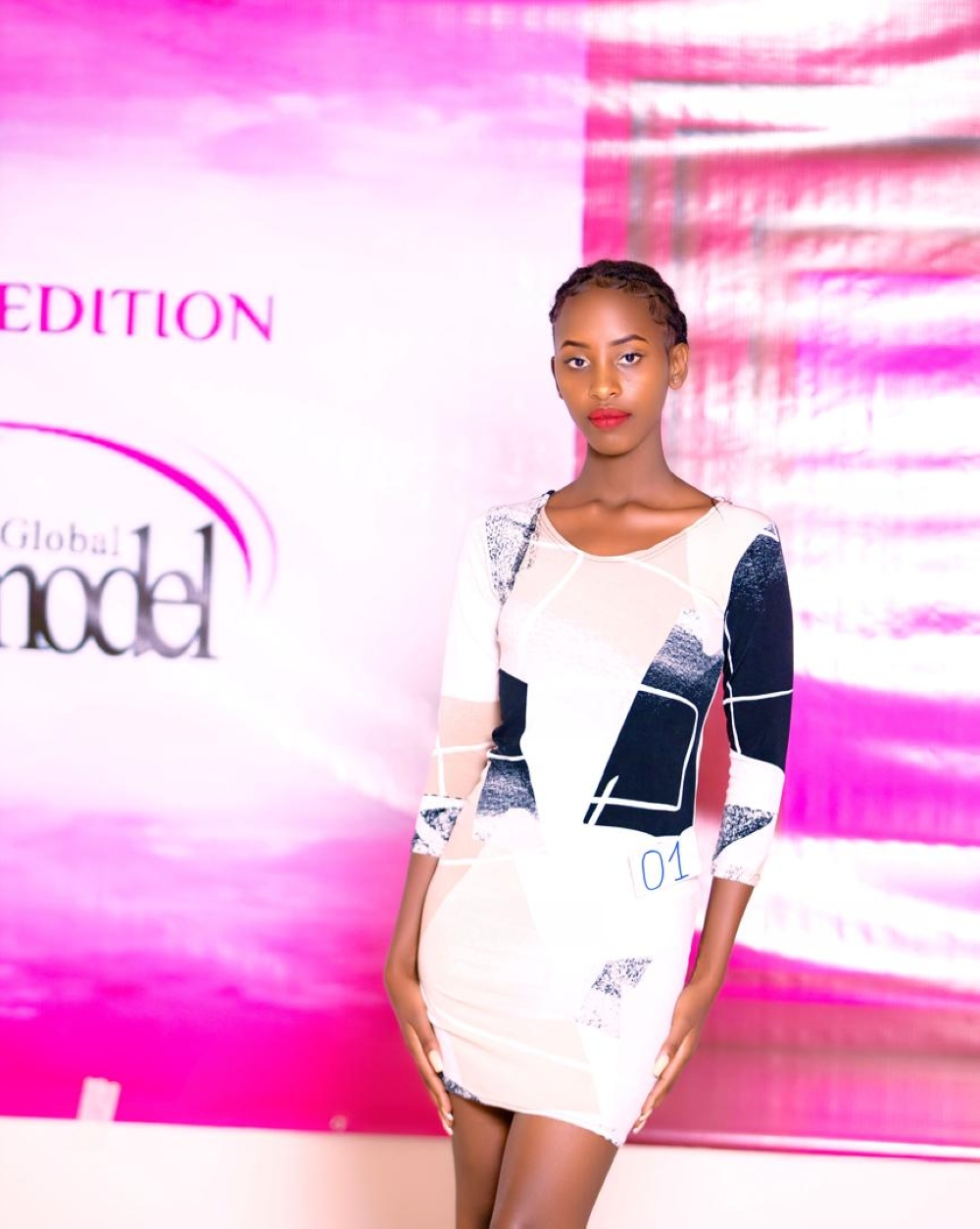
The recent announcement of the top 30 contestants for Miss Universe Kenya 2024 has sparked both excitement and controversy in the East African nation. While the selected finalists represent a diverse group of talented and ambitious young women, the selection process has raised questions about accessibility and inclusivity in the digital age.
On July 4-5, 2024, the Miss Universe Kenya organization revealed the names of the 30 finalists who will compete for the coveted crown and the opportunity to represent Kenya at the 73rd Miss Universe pageant in Mexico this November. The announcement came just days after the June 23 casting call, which utilized a novel virtual audition process through the Talanta Hela mobile application.
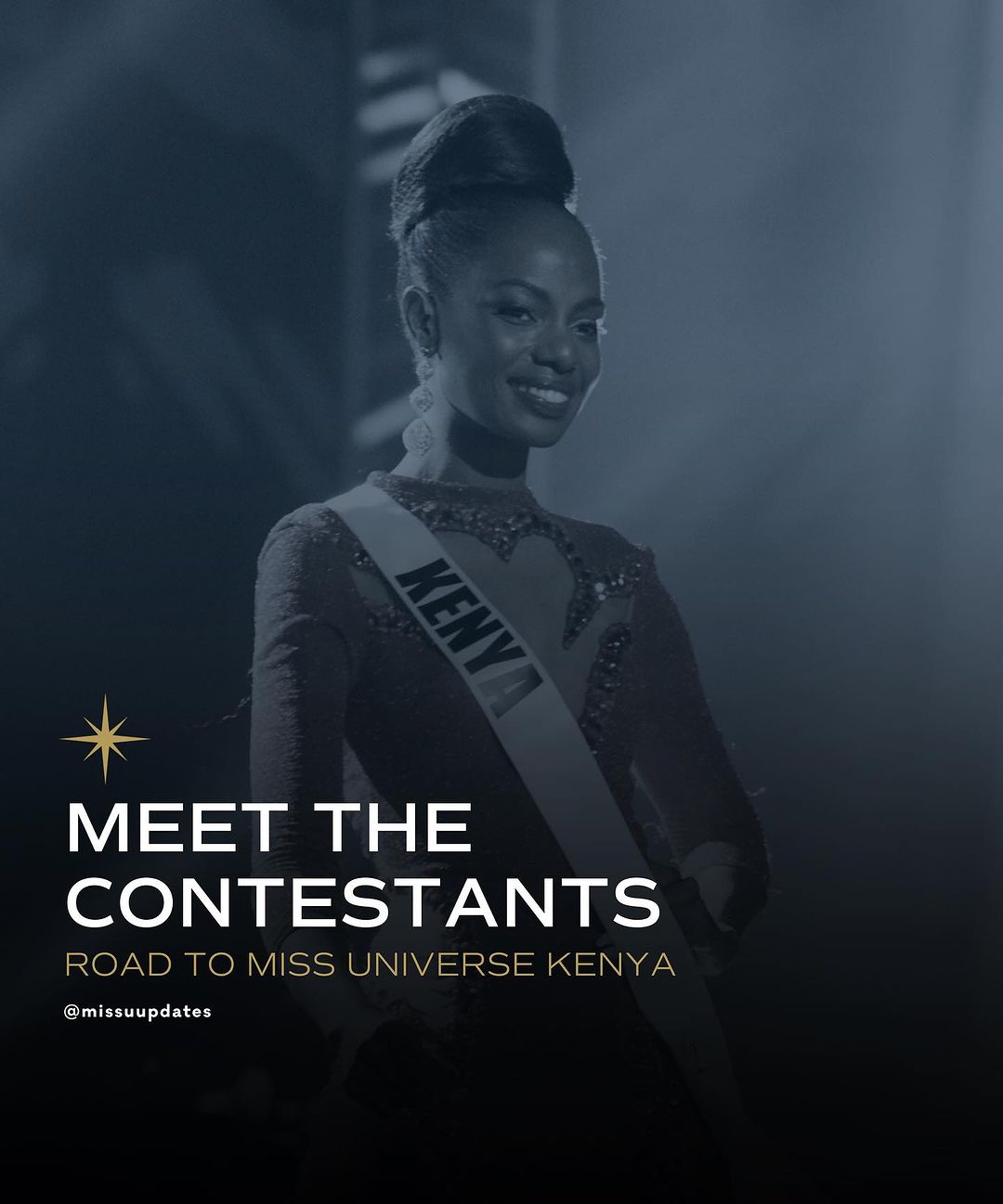
"The top 30 finalists competing for the crown of Miss Universe Kenya 2024 are heading to boot camp," the organization announced on their official Instagram account. "The winner will be crowned on August 16, hence representing Kenya on the 73rd Edition of the Miss Universe this November in Mexico."
The selection process whittled down an initial pool of 326 applicants to the final 30, showcasing the immense interest in the competition among Kenya's young women. However, the reliance on technology for the application and audition phases has sparked debate about the accessibility of such opportunities for aspiring contestants across the country.
To apply, potential contestants were required to download the Talanta Hela App from the Google Play Store and submit a two-minute video featuring a catwalk demonstration, a brief self-introduction, and an explanation of their passion or the cause they would champion as Miss Universe Kenya. Additional requirements included being at least 18 years old, holding Kenyan citizenship, and possessing a valid National ID or passport.
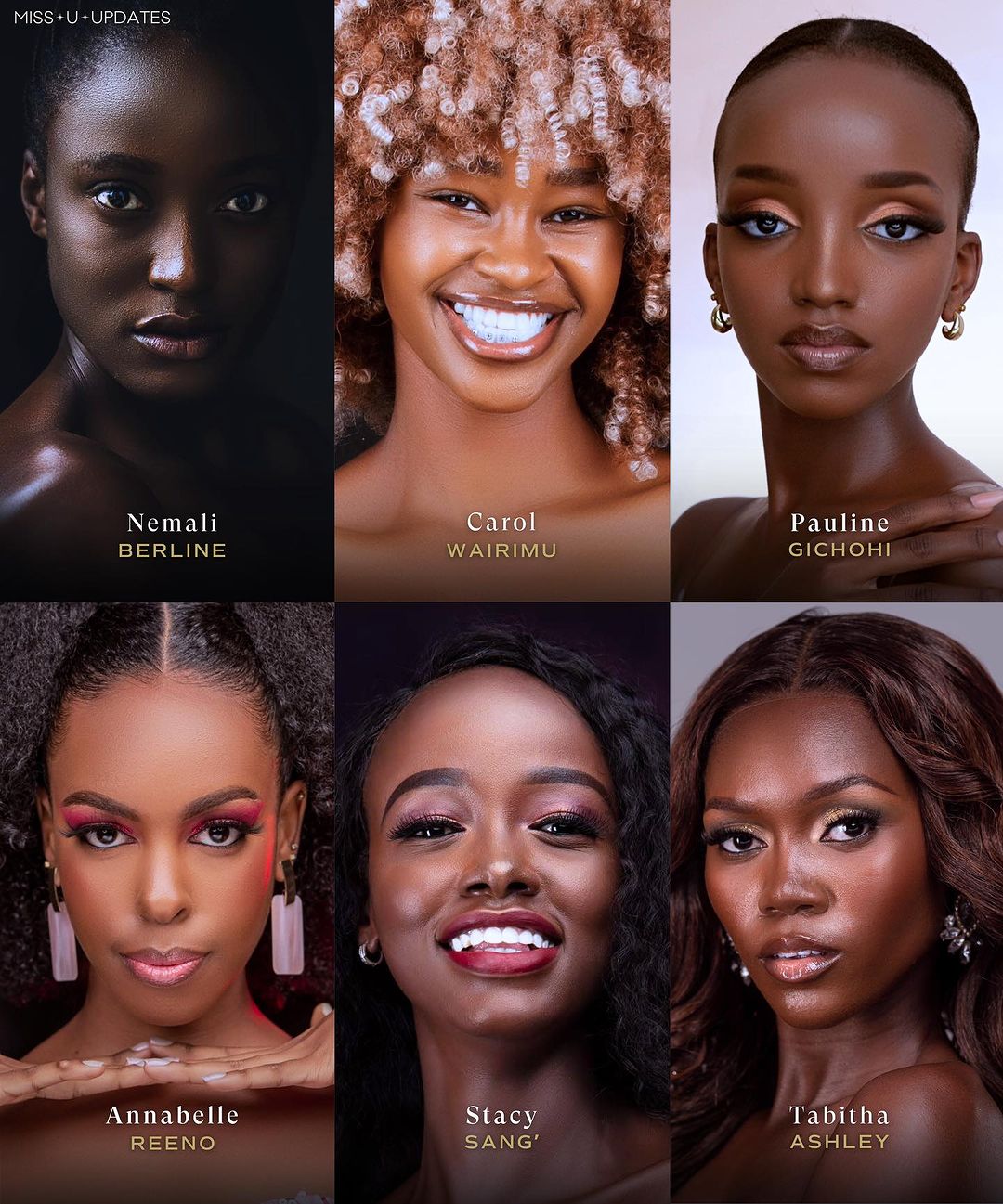 Contestants Selected For The Miss Universe Kenya 2024
Contestants Selected For The Miss Universe Kenya 2024
While this digital approach streamlined the process for many, it also presented challenges for those without access to smartphones or reliable internet connections. One model in Nairobi, who wished to remain anonymous, expressed concern about the tech-heavy application process.
"It is a good platform any Kenyan model would like to be part of, but their application process and casting call is much more technology-driven than traditional methods," she said. "Can you imagine a beautiful queen who is in Maasai land, for example, or other rural areas across Kenya who wants to be part of this and she doesn't have a smartphone or enough internet to apply? What is she going to do?"
This sentiment was echoed by a modeling agency manager in Nairobi, who spoke to RCFS's MEDIA on condition of anonymity. "Kenya has so many models. Whenever you're ready, you can call for casting at any time. As you have seen in the Miss Universe 2024, the casting call was announced on June 23, 2024, and then the top winners were published on July 4-5 – that's probably 10 days," he explained.
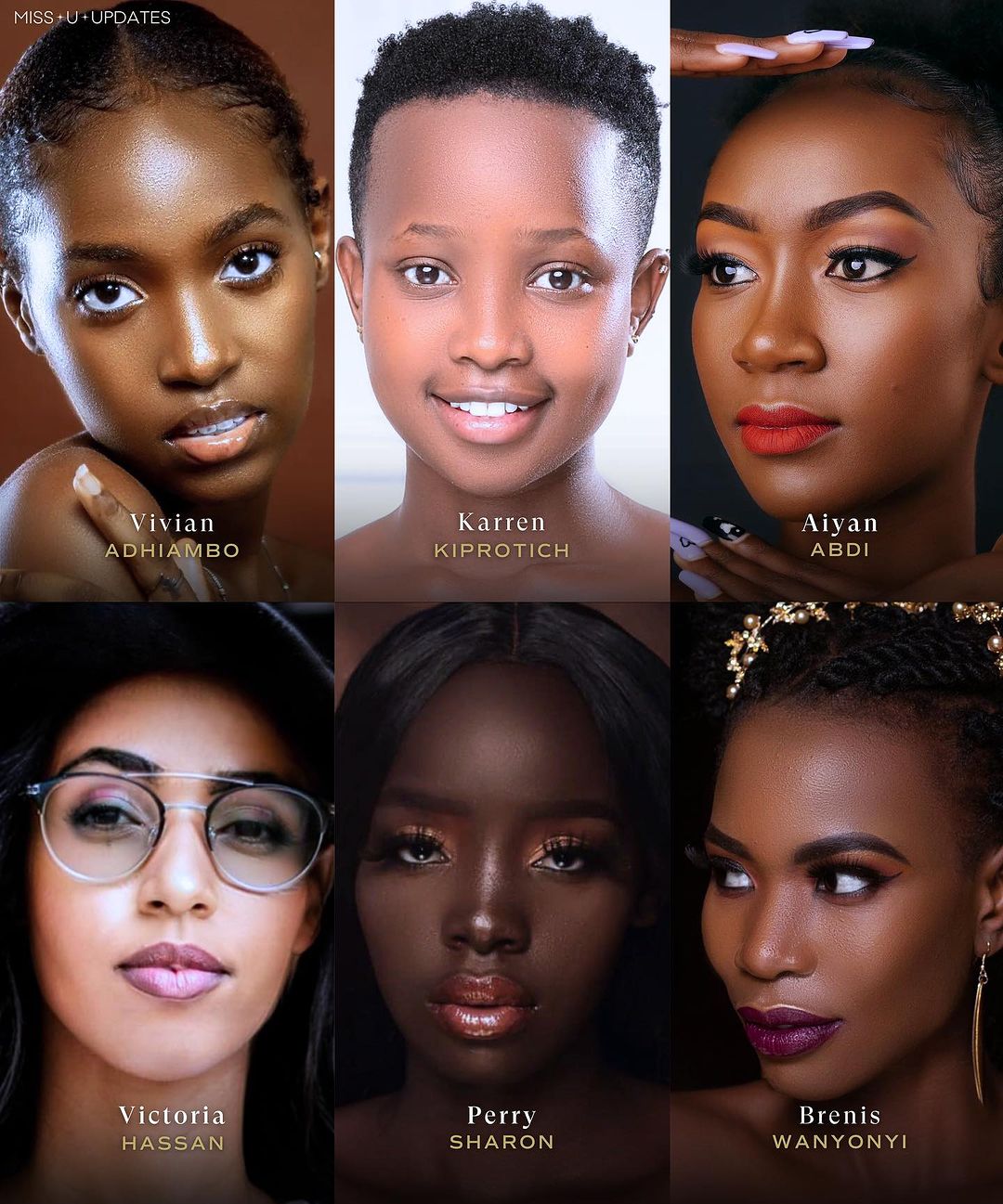 Contestants Selected For The Miss Universe Kenya 2024
Contestants Selected For The Miss Universe Kenya 2024
The manager went on to suggest that the tight timeline and reliance on technology may have skewed the selection process towards contestants who are already established in the modeling world or have a strong social media presence. "If you look at the list of winners, the majority of them are either already known models on social media or have been attending many beauty and pageant competitions," he noted.
Despite these concerns, the selected top 30 finalists represent a diverse group of young women from various backgrounds, each bringing their unique talents, passions, and aspirations to the competition. The finalists will now enter an intensive boot camp to prepare for the final coronation event on August 16, where one contestant will be crowned Miss Universe Kenya 2024.
The organizers of Miss Universe Kenya have emphasized the importance of passion, intelligence, and leadership in their selection process. Their casting call statement read, "This is a call for passion, intelligence, and leadership. We invite you through this first step of self-discovery and change to champion for the voice of women."
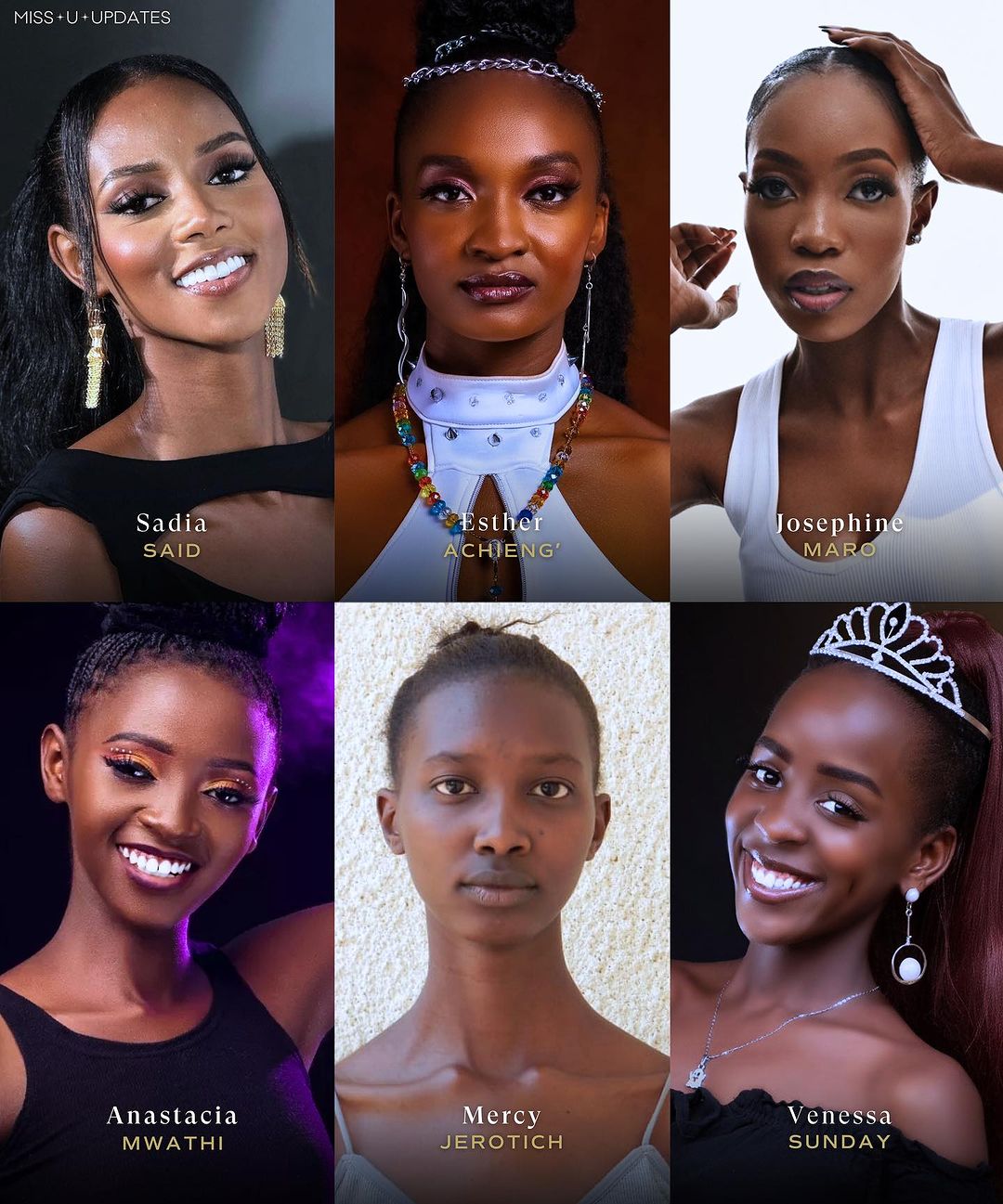 Contestants Selected For The Miss Universe Kenya 2024
Contestants Selected For The Miss Universe Kenya 2024
However, critics argue that by relying heavily on digital platforms for the application process, the organization may have inadvertently excluded talented individuals who lack access to the necessary technology. This raises important questions about equity and representation in national beauty pageants and other high-profile competitions.
The modeling agency manager interviewed by RCFS's MEDIA suggested that future competitions should consider a hybrid approach. "Next time they should find more sponsors to reach other upcoming Kenyan women who are talented for this platform," he said, implying that a combination of digital and traditional casting methods could help ensure a more inclusive selection process.
As the selected contestants prepare for the upcoming boot camp and final competition, the debate surrounding the selection process continues. Many in Kenya's modeling and pageant community are calling for greater transparency in how the top 30 were chosen and what criteria were used to evaluate the video submissions.
The Miss Universe Kenya organization has yet to respond to requests for interviews about their selection process. This silence has only fueled further speculation and debate within the industry and among pageant enthusiasts.
Despite the controversy, there's no denying the excitement surrounding the upcoming Miss Universe Kenya 2024 competition. The selected finalists represent the hopes and dreams of many young Kenyan women, and their journey to the crown will be closely watched by fans across the nation.
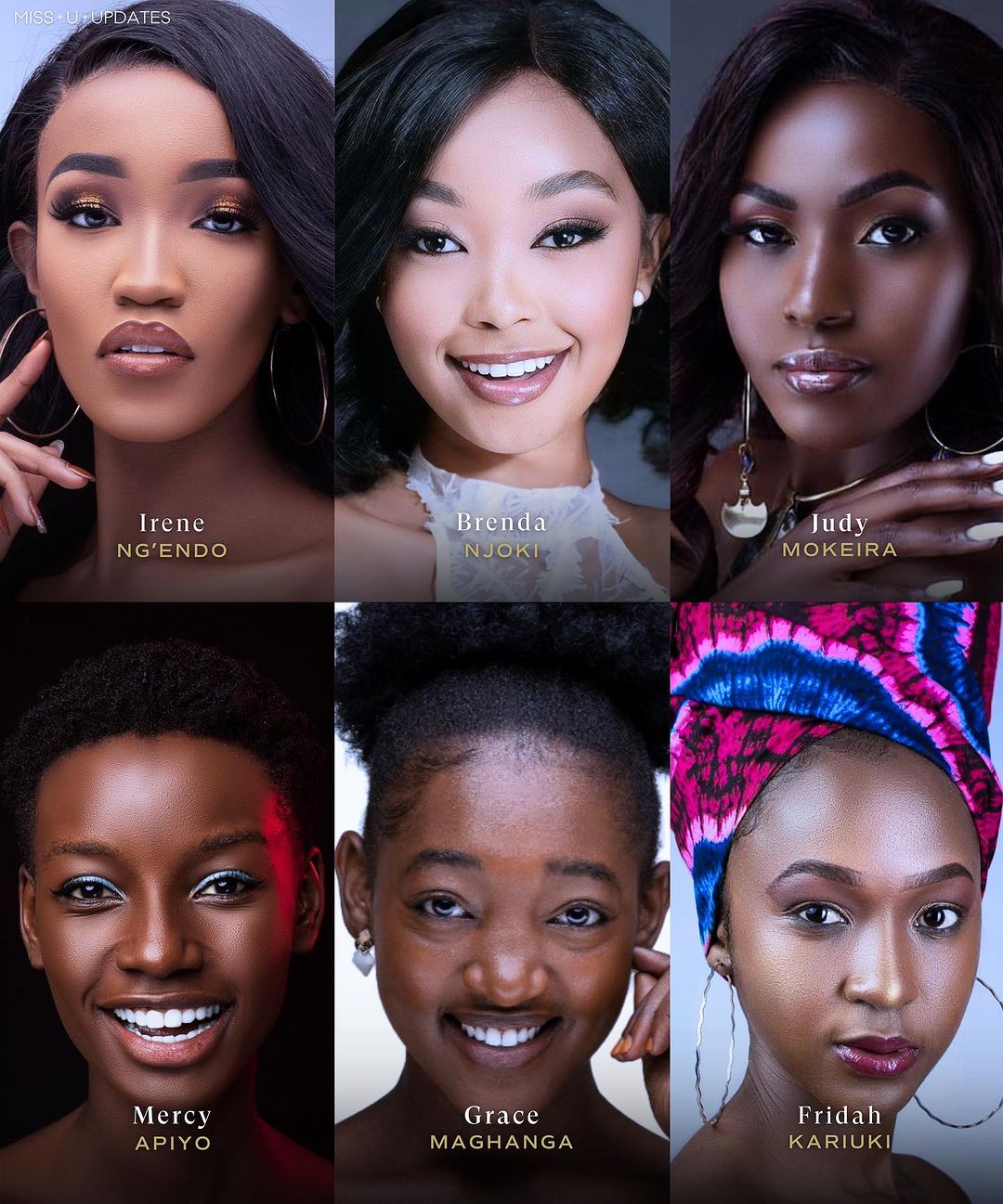 Contestants Selected For The Miss Universe Kenya 2024
Contestants Selected For The Miss Universe Kenya 2024
As the contestants enter boot camp and prepare for the August 16 coronation, they will undoubtedly face intense scrutiny and pressure. The winner will not only have the honor of representing Kenya on the global stage at the 73rd Miss Universe pageant in Mexico but will also carry the responsibility of addressing the concerns raised during the selection process.
The controversy surrounding the Miss Universe Kenya 2024 selection process highlights broader issues of the digital divide and access to opportunities in the modern world. As technology continues to play an increasingly important role in various aspects of life, including job applications and competitions, it's crucial to consider how to ensure equal access and opportunities for all, regardless of their technological resources.
As Kenya looks forward to crowning its next Miss Universe representative, the questions raised by this year's selection process will likely inform discussions about inclusivity, accessibility, and fairness in future pageants and similar competitions. The challenge for organizers will be to balance the efficiency and reach of digital platforms with the need to provide opportunities for all talented individuals, regardless of their access to technology.
In the end, while the top 30 contestants for Miss Universe Kenya 2024 prepare to showcase their beauty, intelligence, and leadership, the conversation about how to make such opportunities truly accessible to all Kenyan women continues. It's a discussion that extends far beyond the world of beauty pageants, touching on fundamental issues of equity and representation in an increasingly digital world.
LATEST NEWS
Rwandan Cesta Collective handbag brand Receives Investment from Meghan Markle
04 September 2024 3957 hitsRwandan Cesta Collective handbag brand Receives Investment from Meghan Markle Cesta baskets are handwoven of locally sourced, renewable resources, by…
Moshions in Italy: A Journey of Self-Discovery
28 August 2024 4070 hitsMoshions in Italy: A Journey of Self-Discovery The INZOZI FASHION EXPERIENCE 2024, organized by Moshions, promises to be a landmark…
Who Will Win for the Miss, Mrs., and Mr. Heritage International Kenya 2024?
27 August 2024 4847 hitsWho Will Win for the Miss, Mrs., and Mr. Heritage International Kenya 2024? Two weeks ago was a busy period…
La Femme Fashion Show 2024: 4th Edition Takes Center Stage in Kinshasa
25 August 2024 4062 hitsLa Femme Fashion Show 2024: 4th Edition Takes Center Stage in Kinshasa The vibrant city of Kinshasa is set to…
Where Fashion Meets Opportunity: The ASFW 2024 Updates in Addis Ababa
24 August 2024 4095 hitsWhere Fashion Meets Opportunity: The ASFW 2024 Updates in Addis Ababa As the Africa Sourcing and Fashion Week (ASFW) 2024…
All Set for the Novelty Fashion Week 2024, 6th September
24 August 2024 4095 hitsAll Set for the Novelty Fashion Week 2024, 6th September The vibrant city of Kigali is buzzing with anticipation as…
FASHION SHOPS
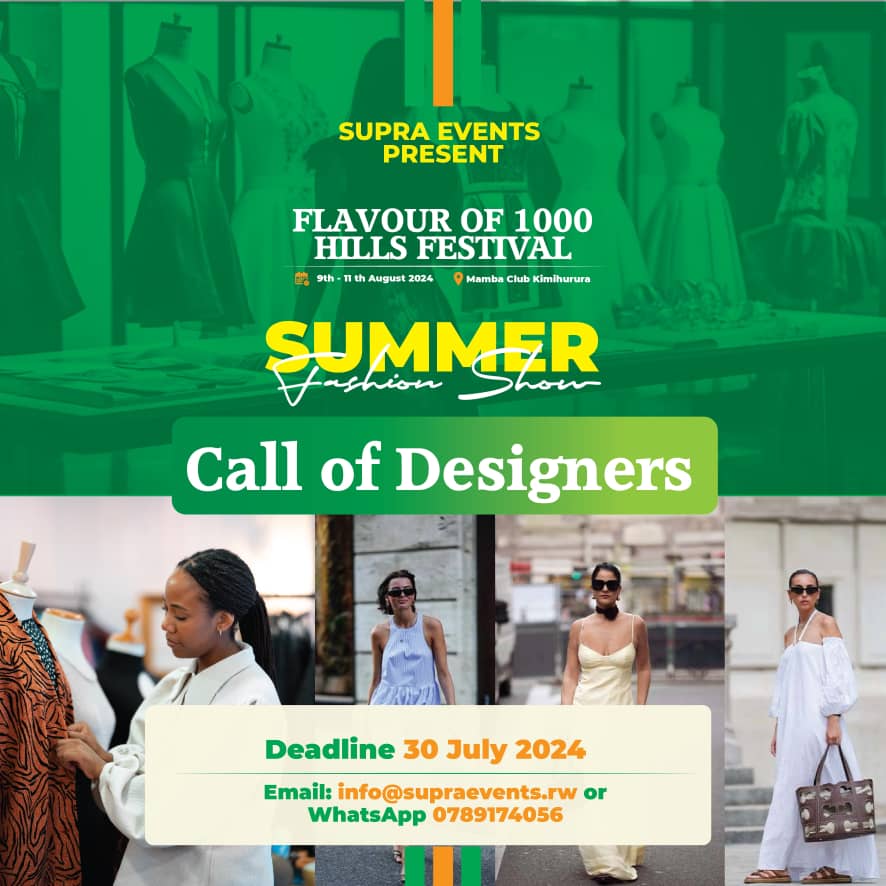



![[PHOTO: John Bunyeshuli CEO and founder of the Kigali Fashion Week]](/media/k2/items/cache/5b98a51d844cf083418c7193dcee292b_Generic.jpg)
![[PHOTO: Collection made by Moshions with Umugongo pattens]](/media/k2/items/cache/bab2d5d59ac444db8043a4f3e32c9f0e_Generic.jpg)
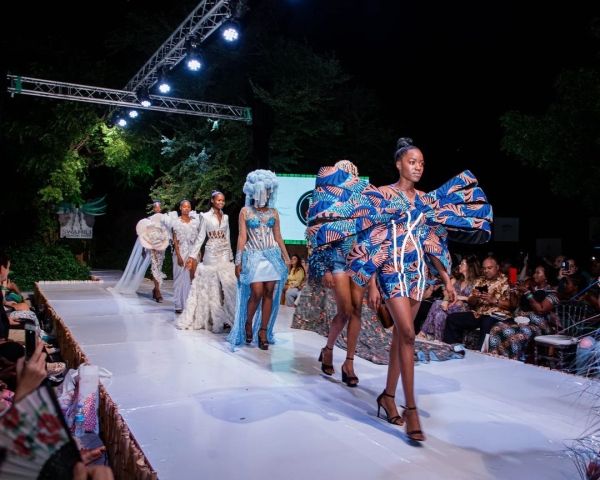
![[PHOTO: Collection made by Matheo- Model: Professional model Sandrine Mucyo]](/media/k2/items/cache/18bdd04e288fc232234be2fb5ea8bf38_Generic.jpg)
![[PHOTO: International model LonaAyat Madut the winner of the red carpet competition SSFW 2023]](/media/k2/items/cache/df1da44862bfbe0dd2169e4d14570593_Generic.jpg)
![[PHOTO: Team Kenya Member for the Paris Olympics 2024- collections were designed by Kovu Couture sponsored and produced by Vivo Woman]](/media/k2/items/cache/34570ba96cc3a4daee50221a47a4e2ec_Generic.jpg)
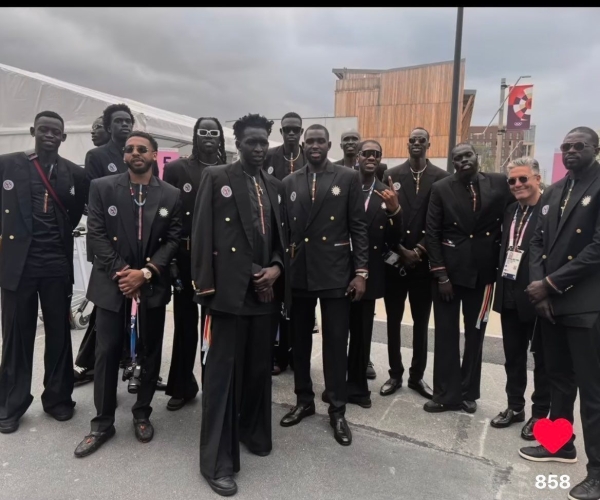
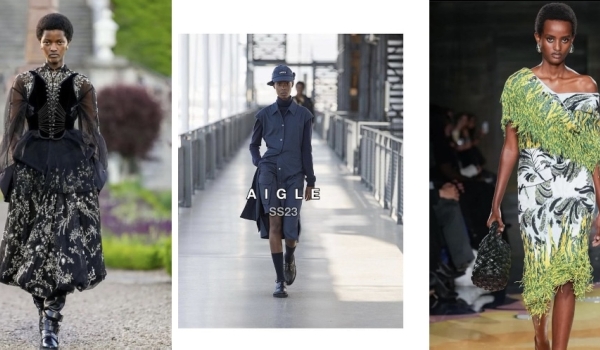
![[PHOTO: Selected contestants - Fashion In Rwanda: 30 selected for Rwanda’s top model contest]](/media/k2/items/cache/97a787f8d6fb66aaef15fa858aa433ea_Generic.jpg)
